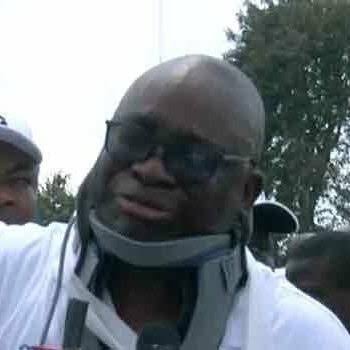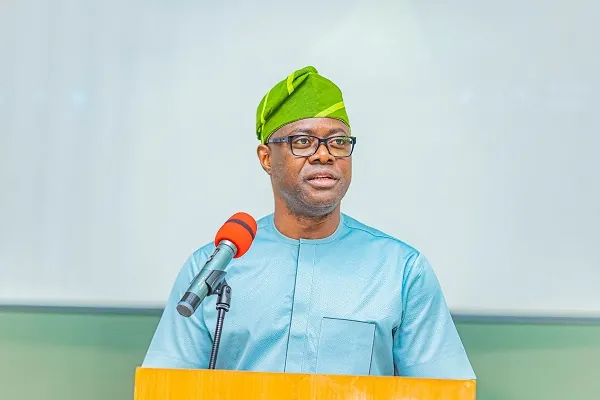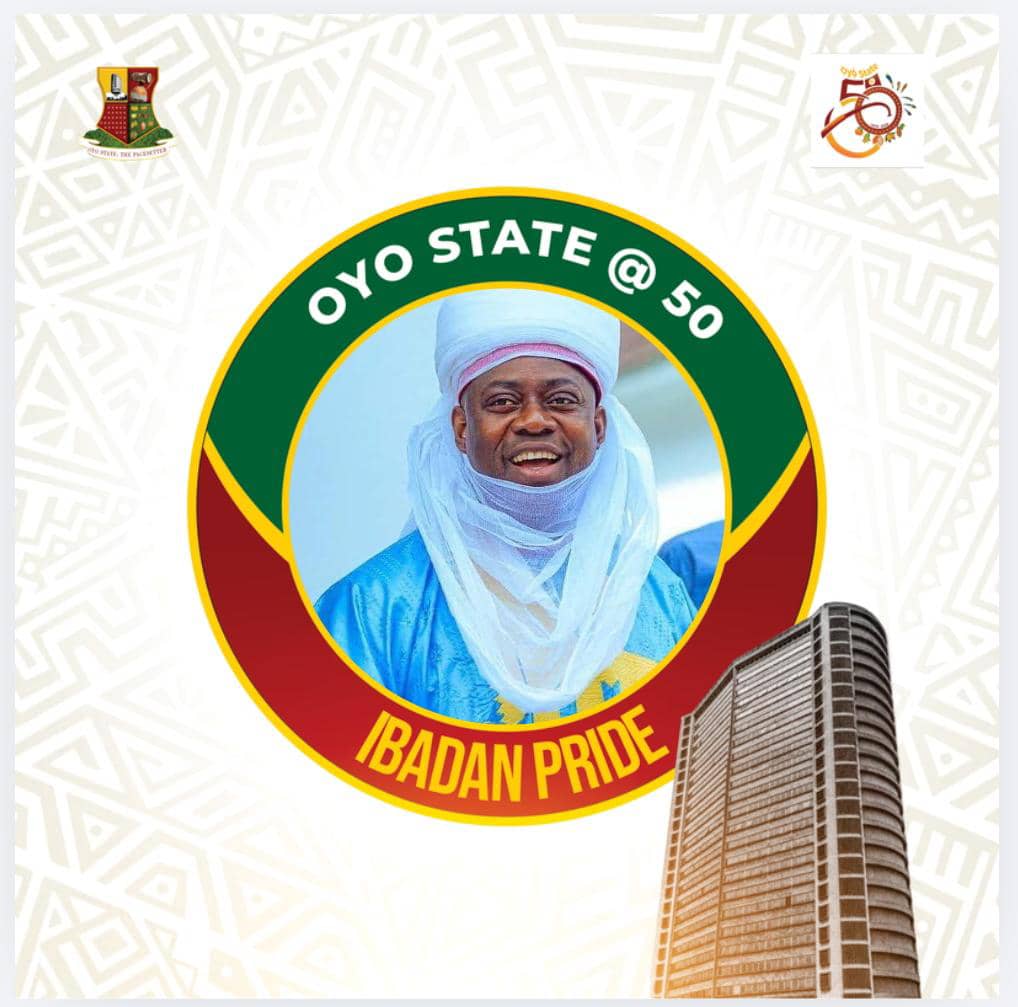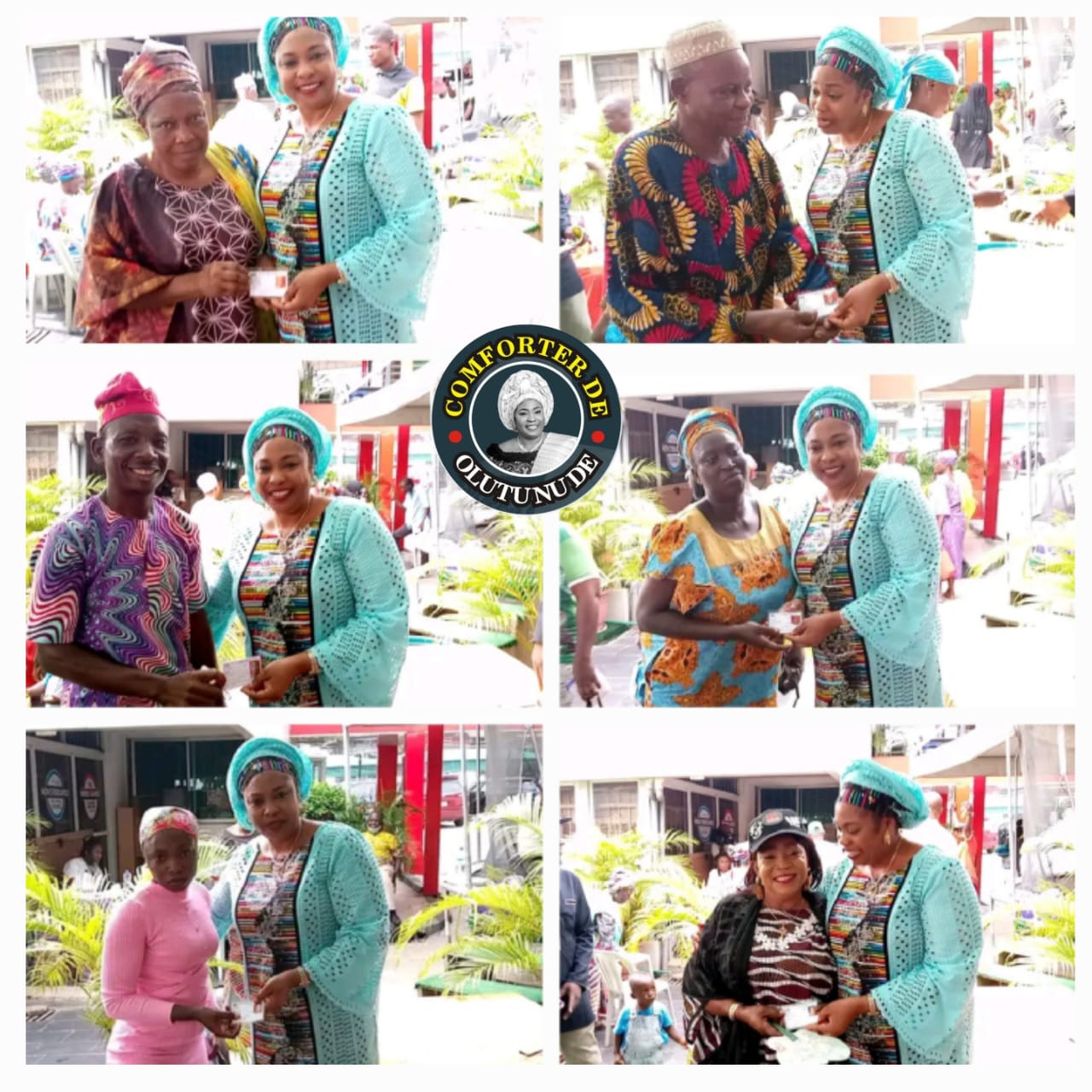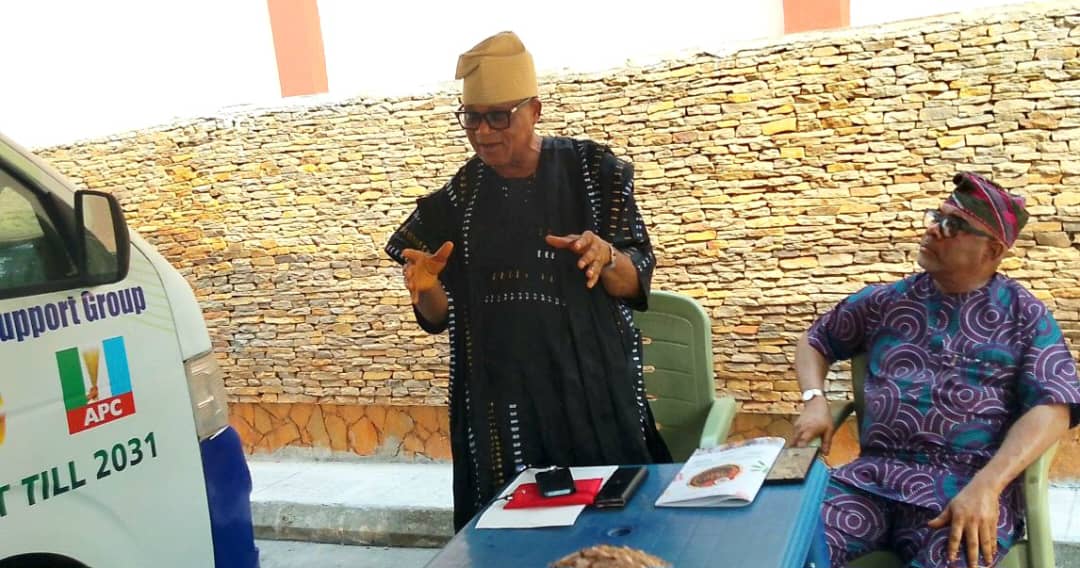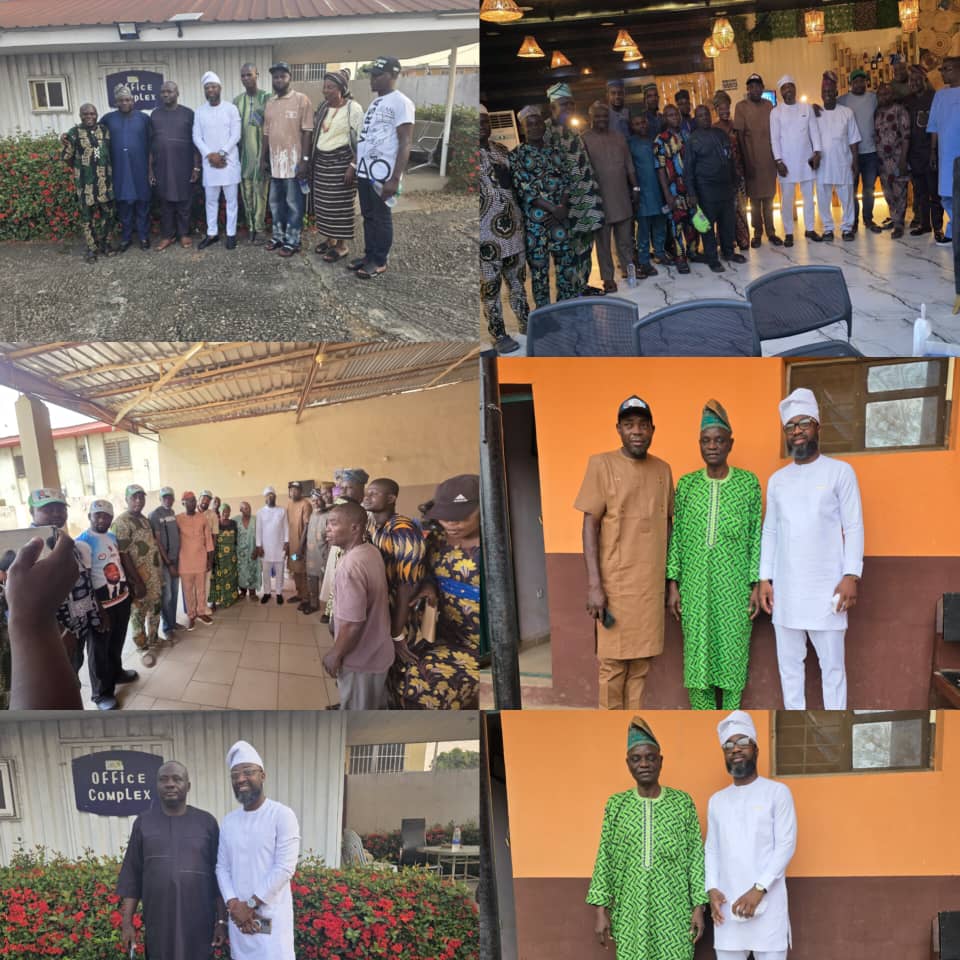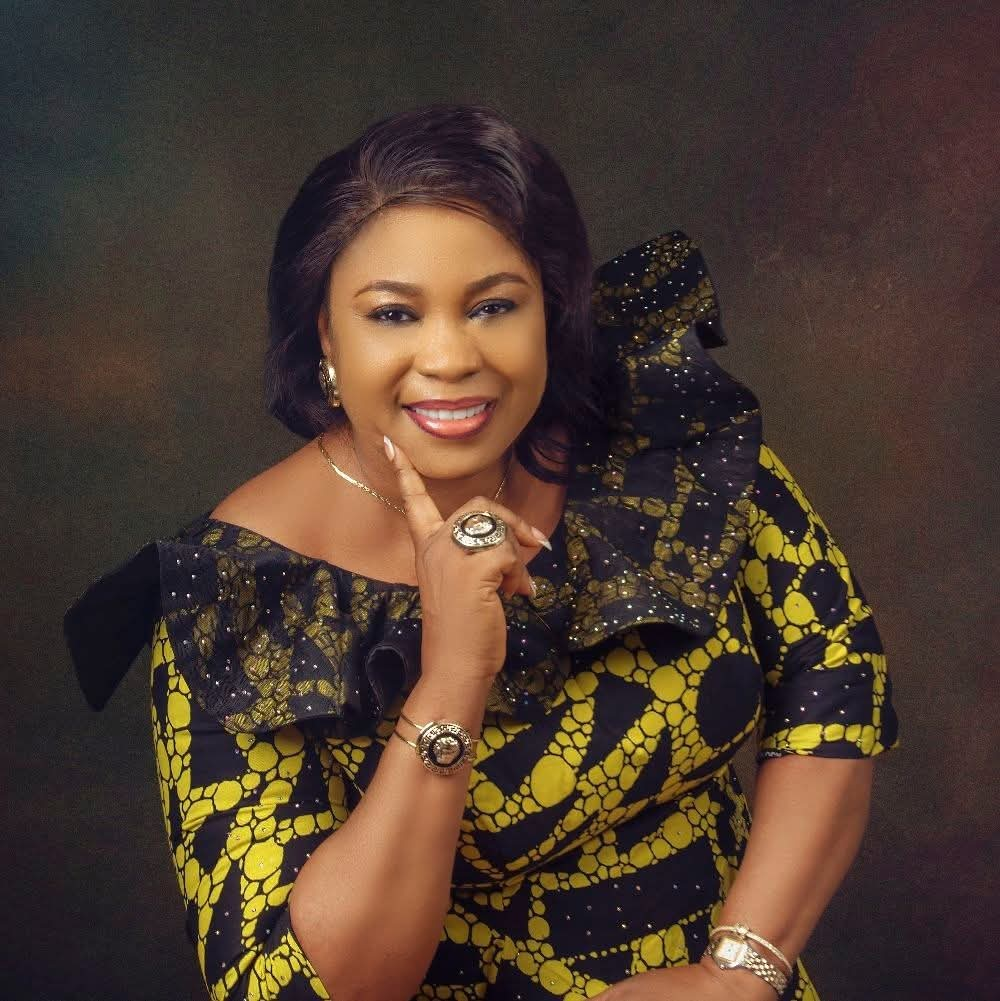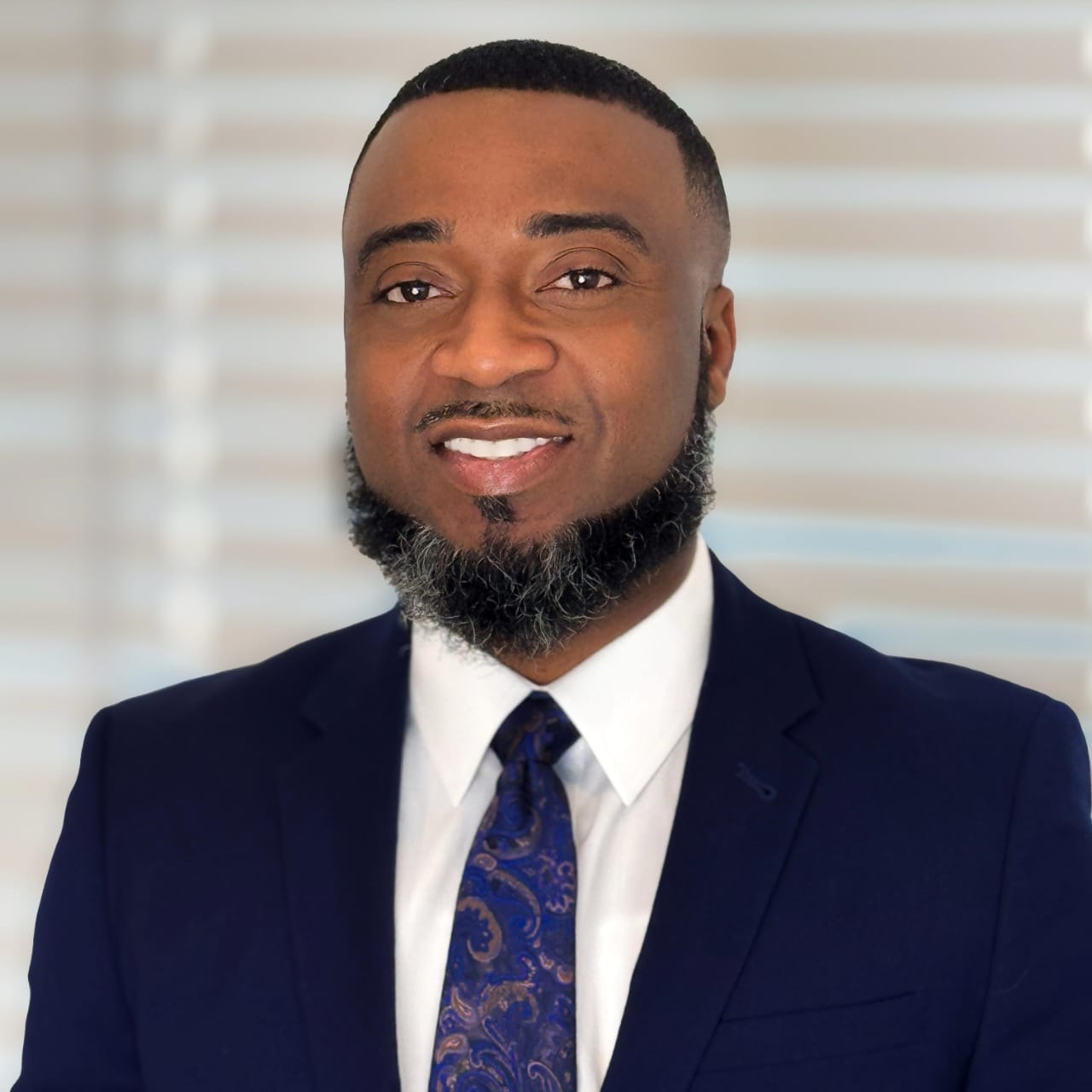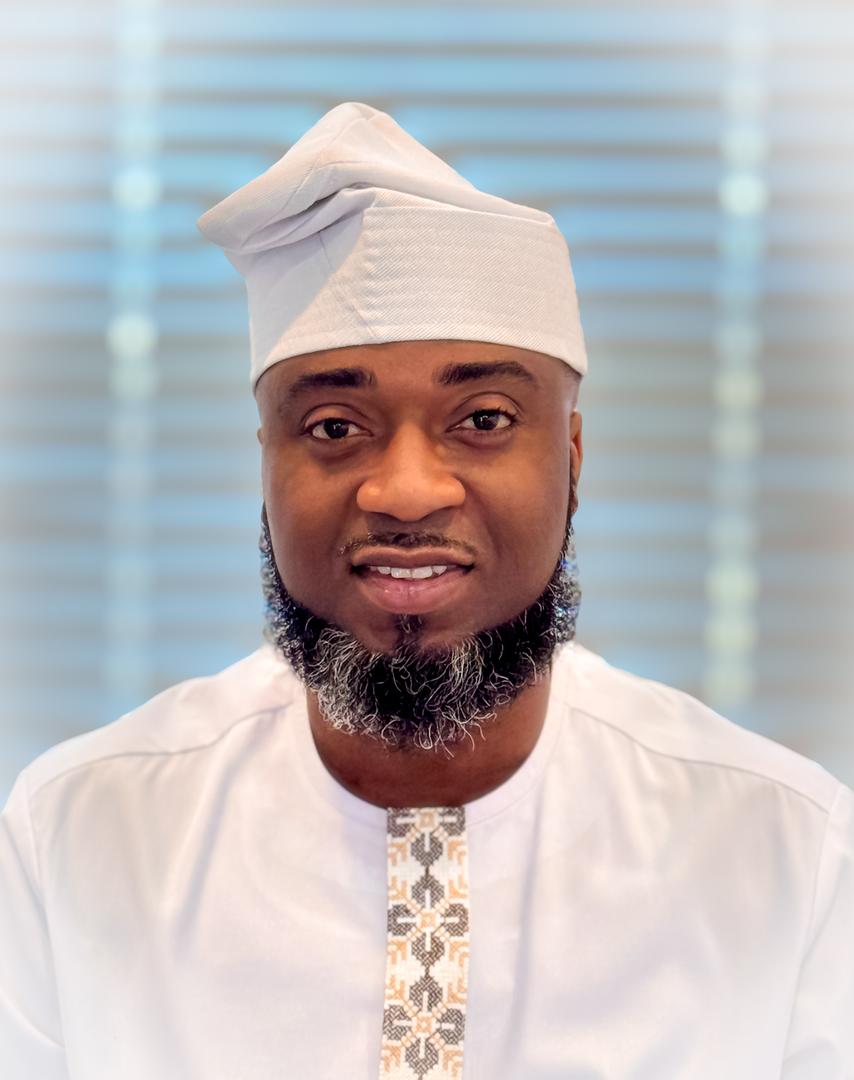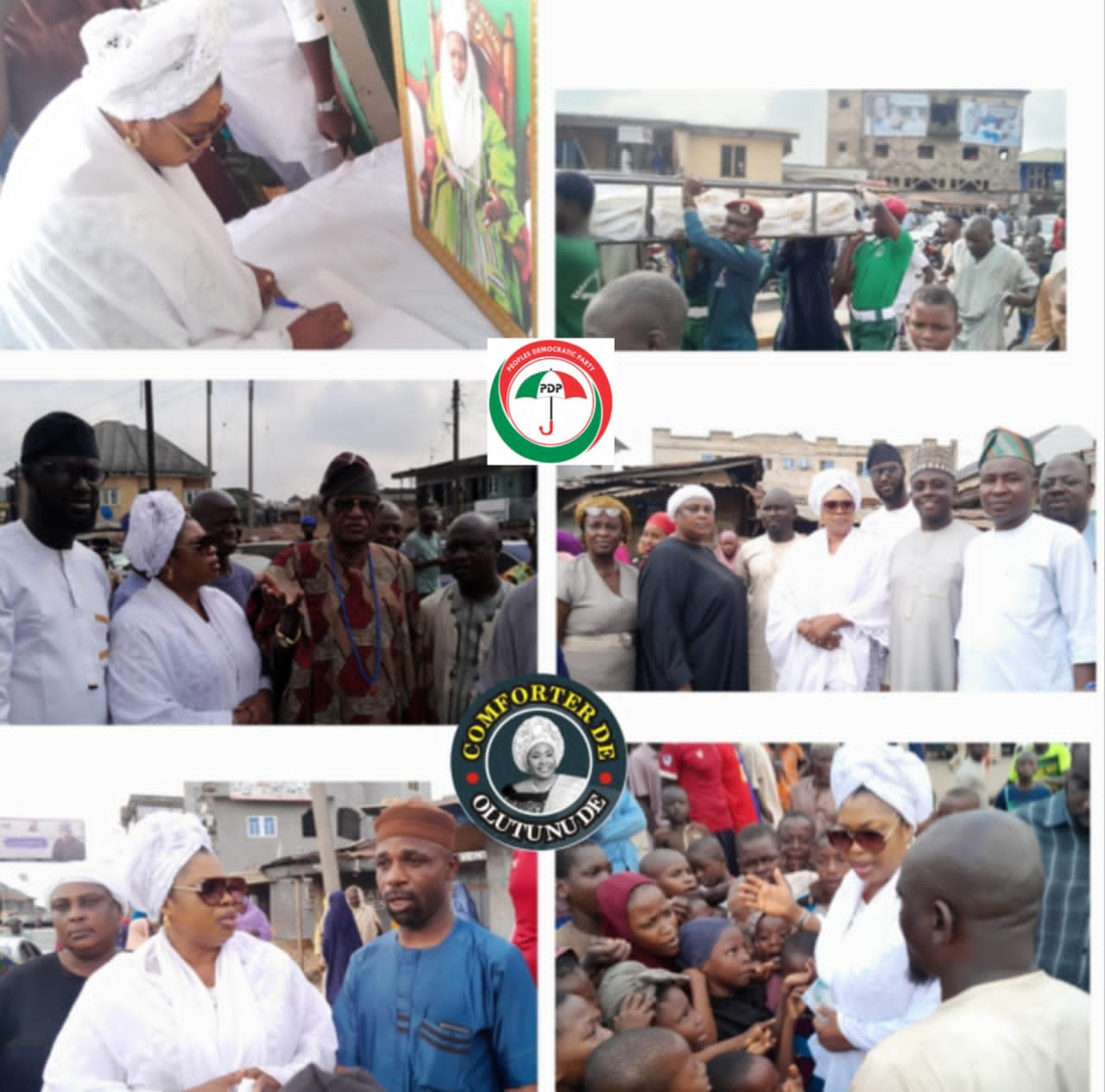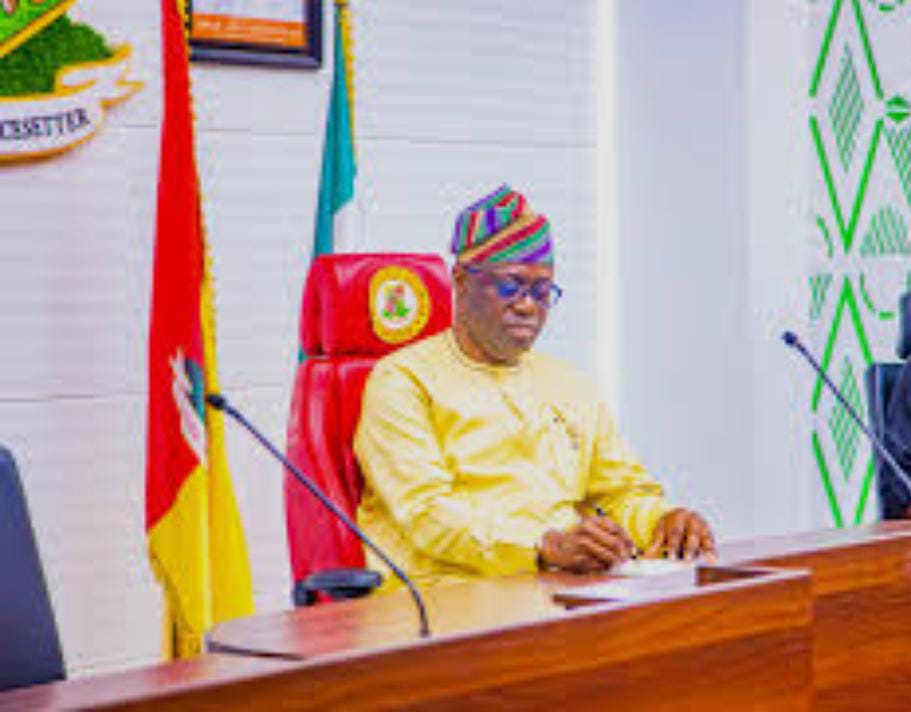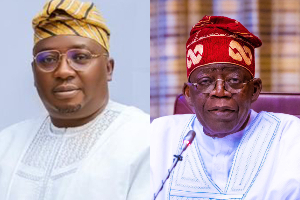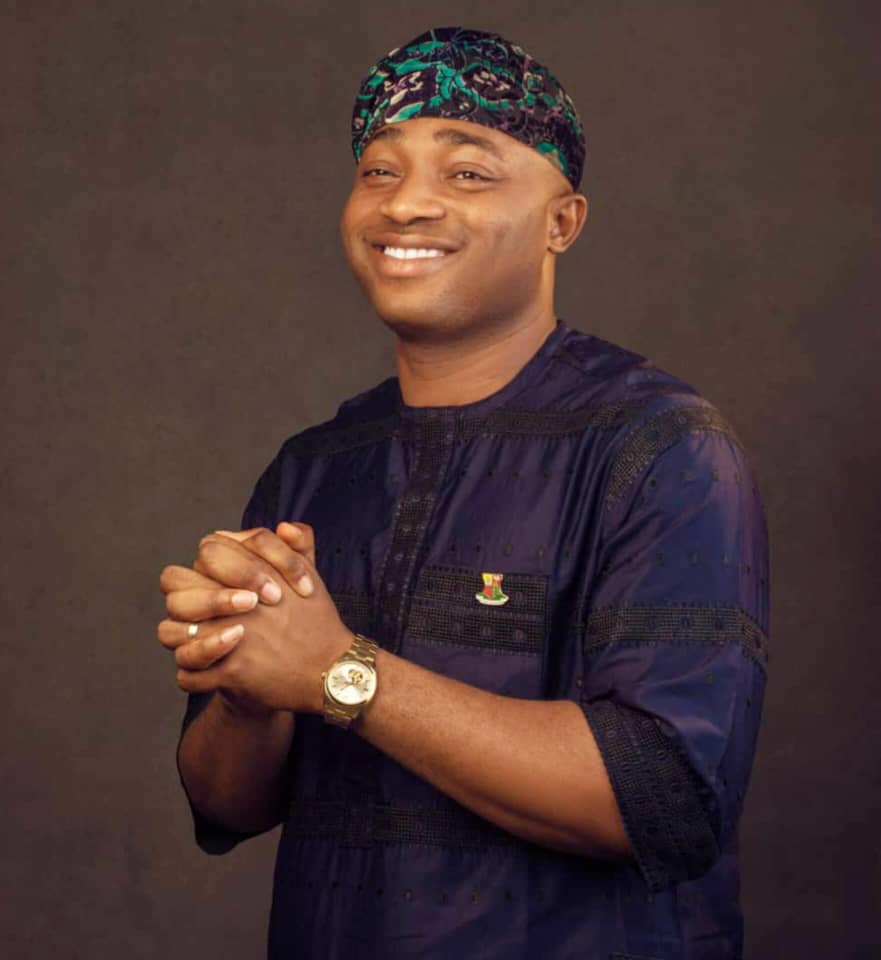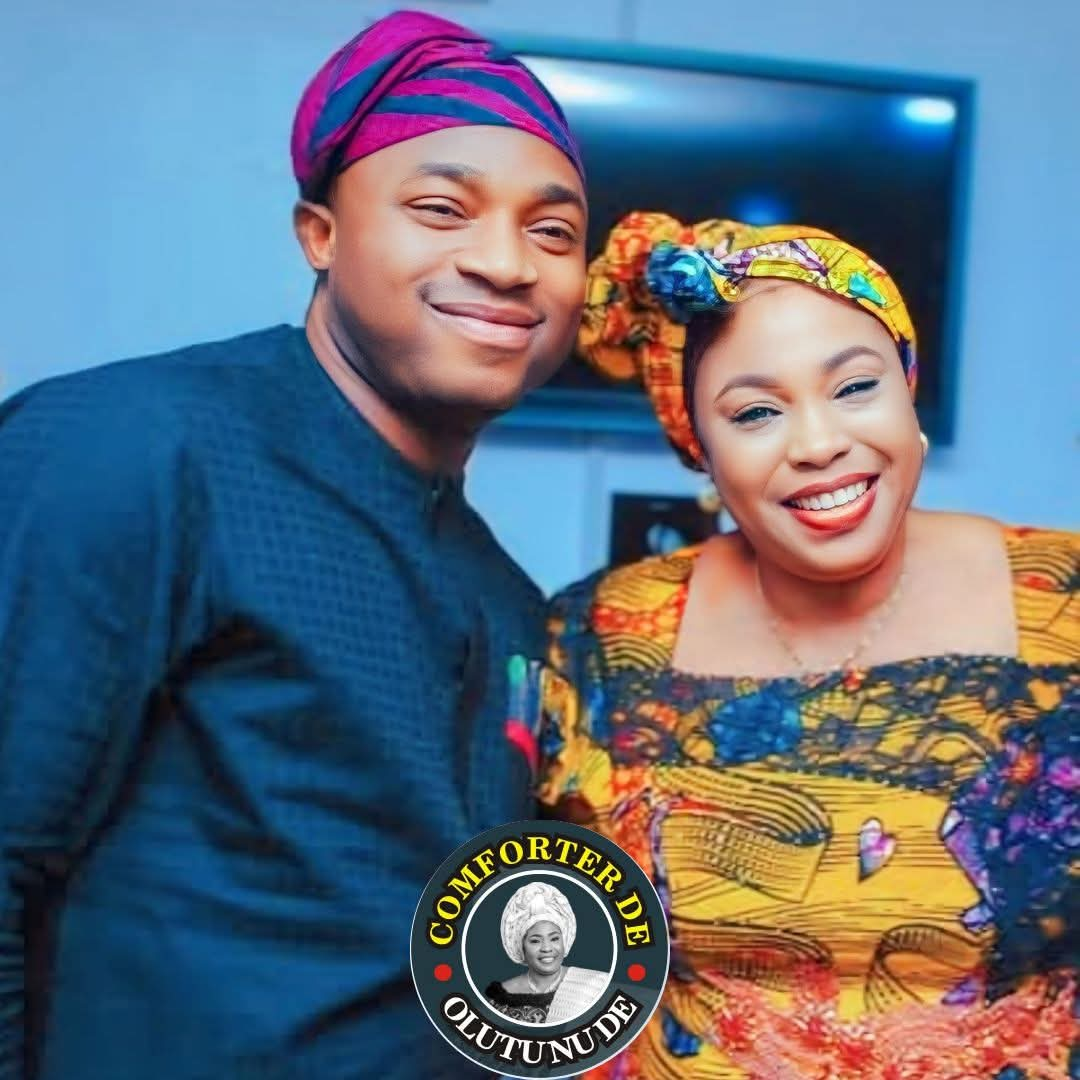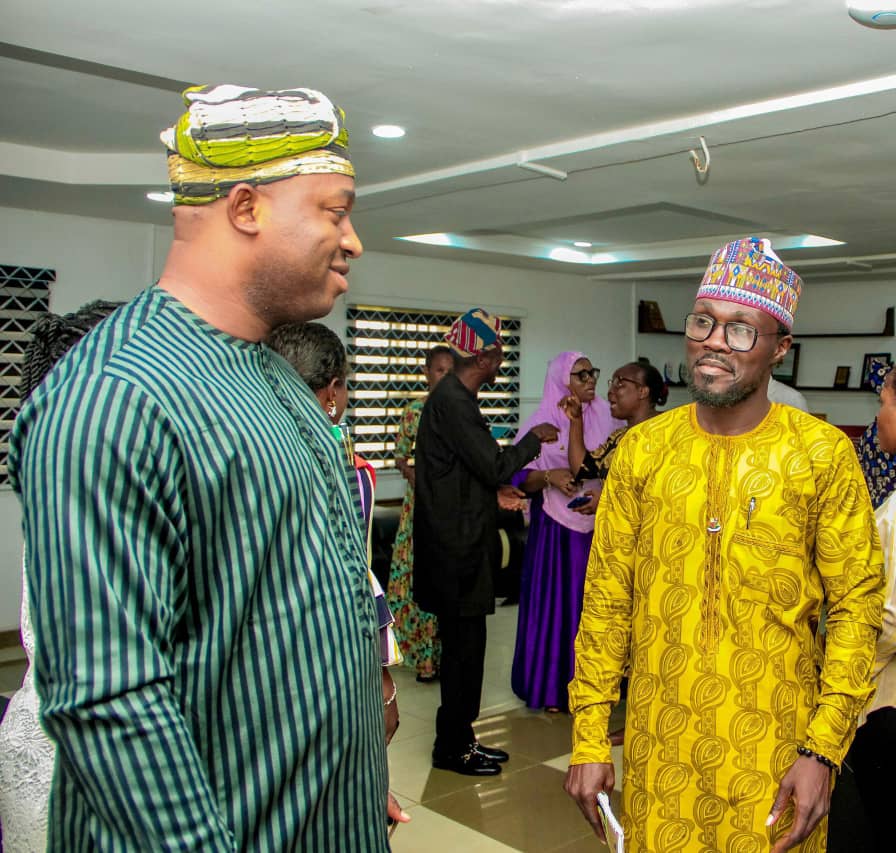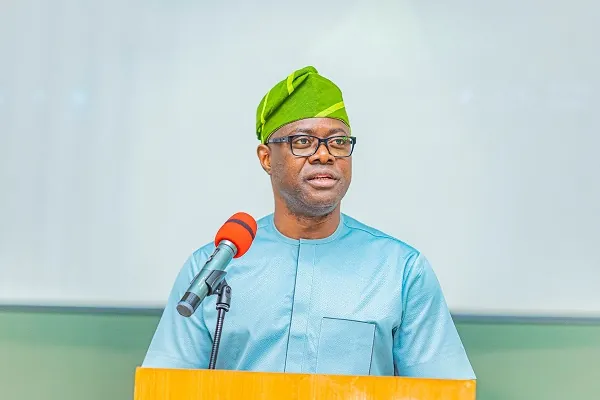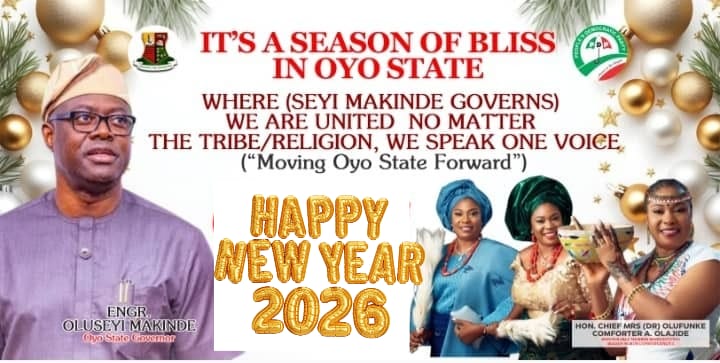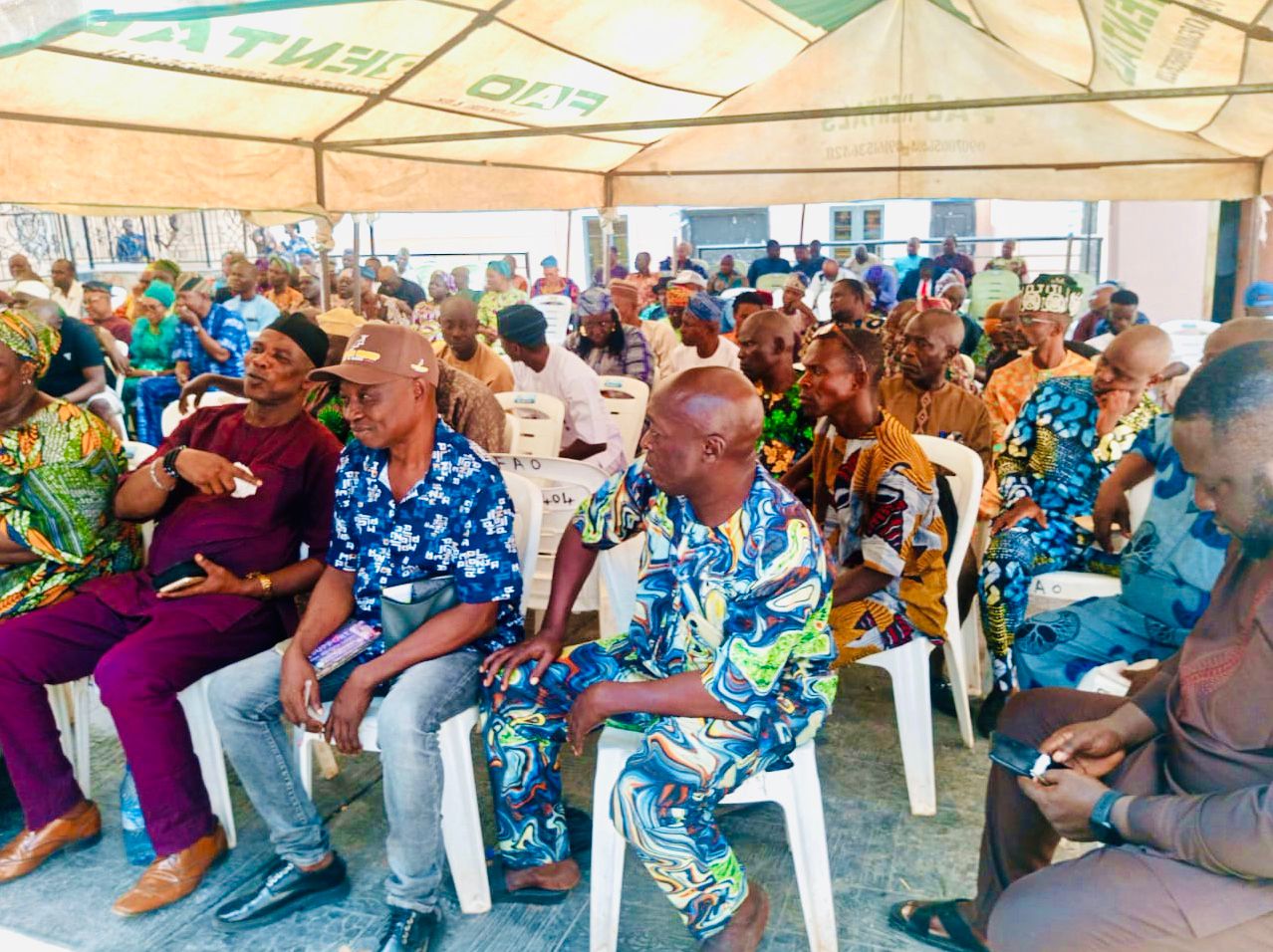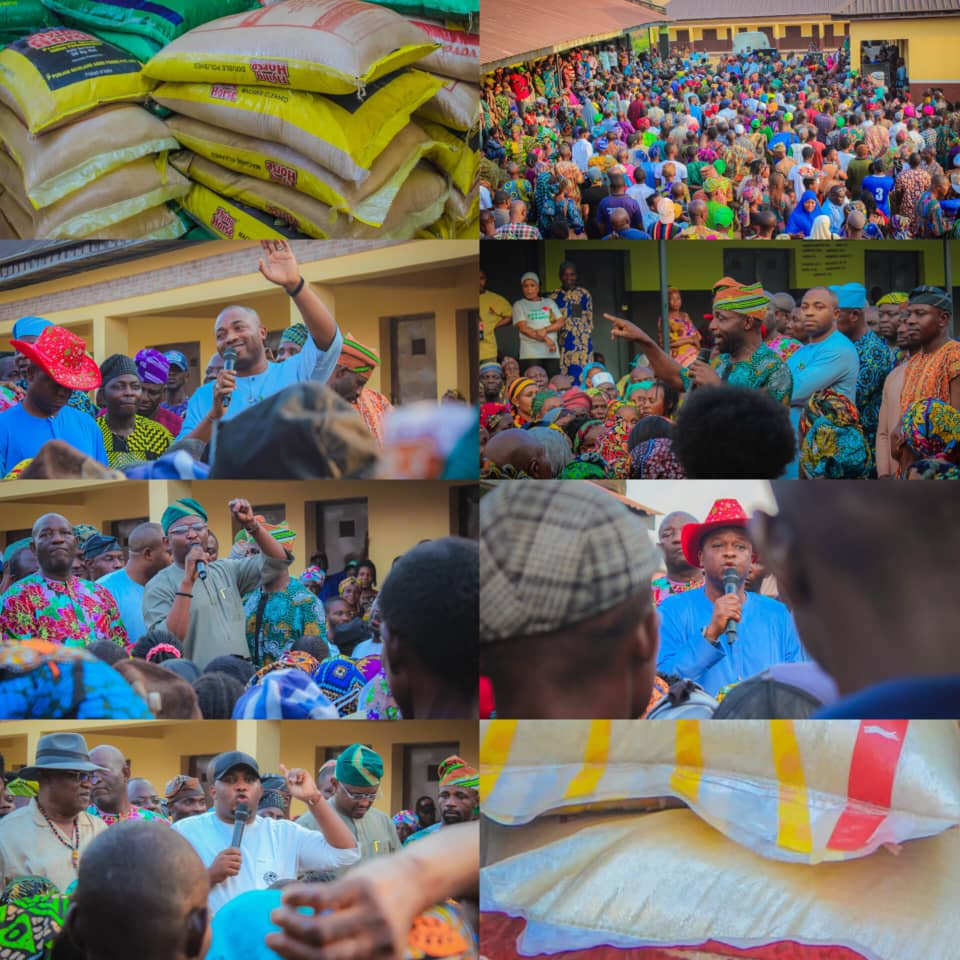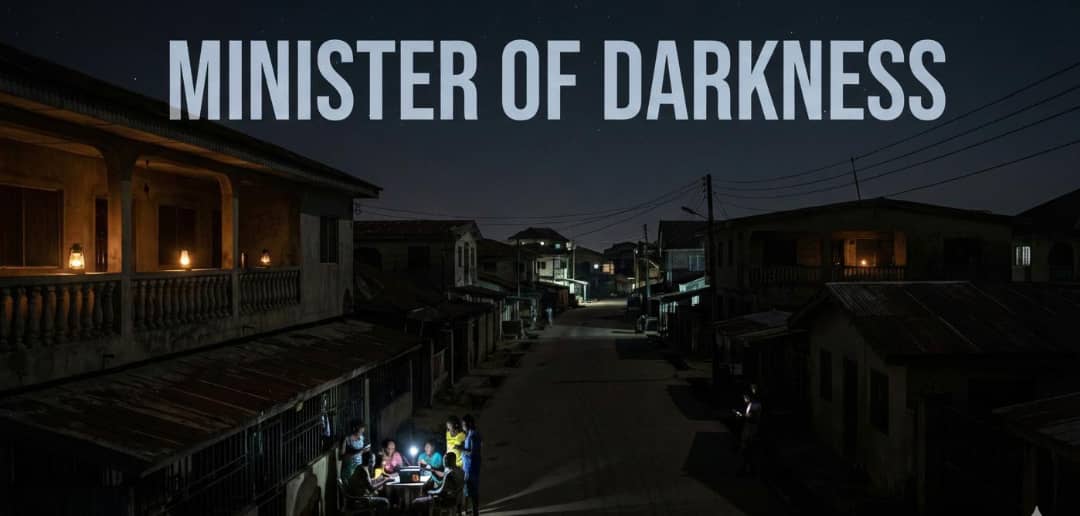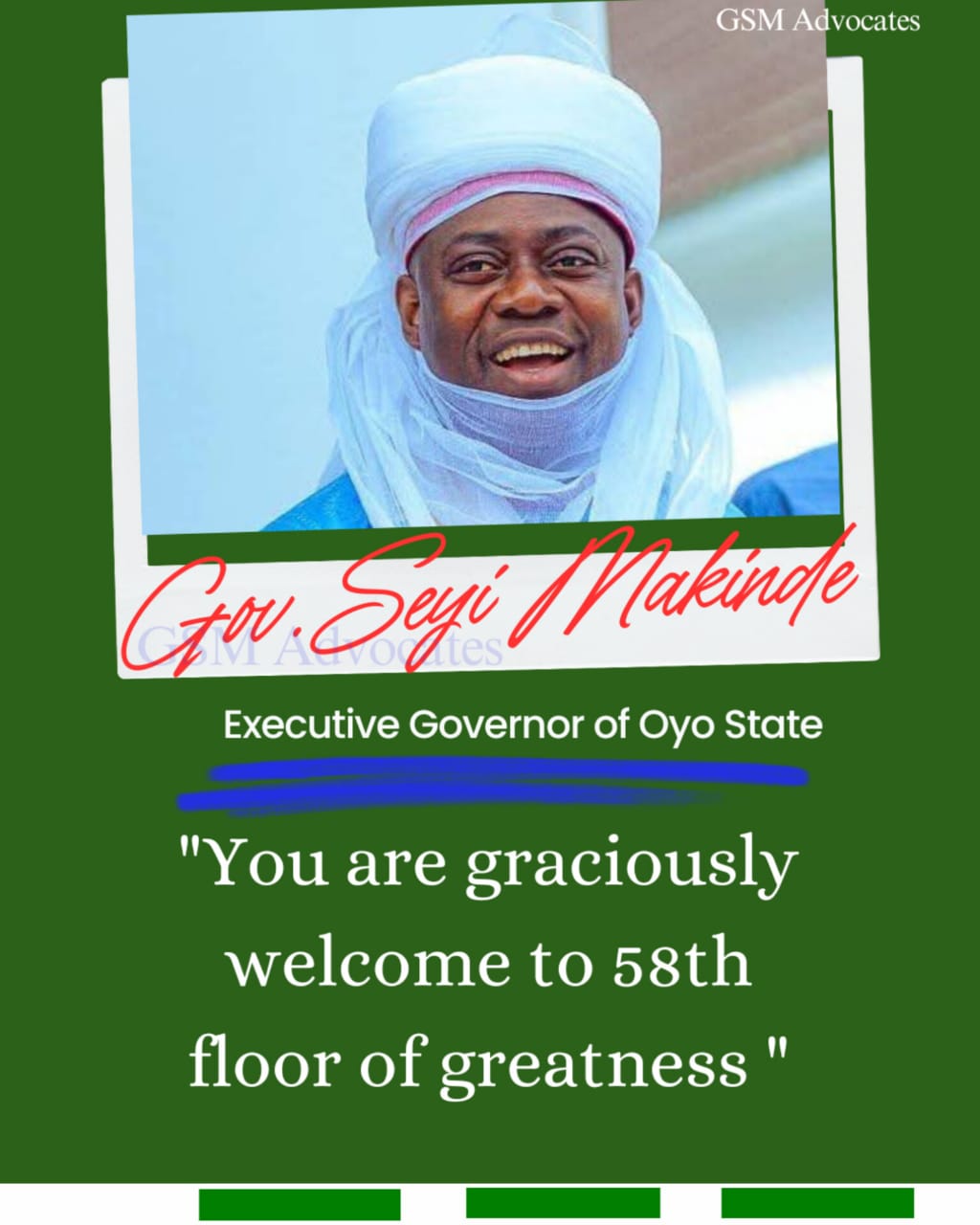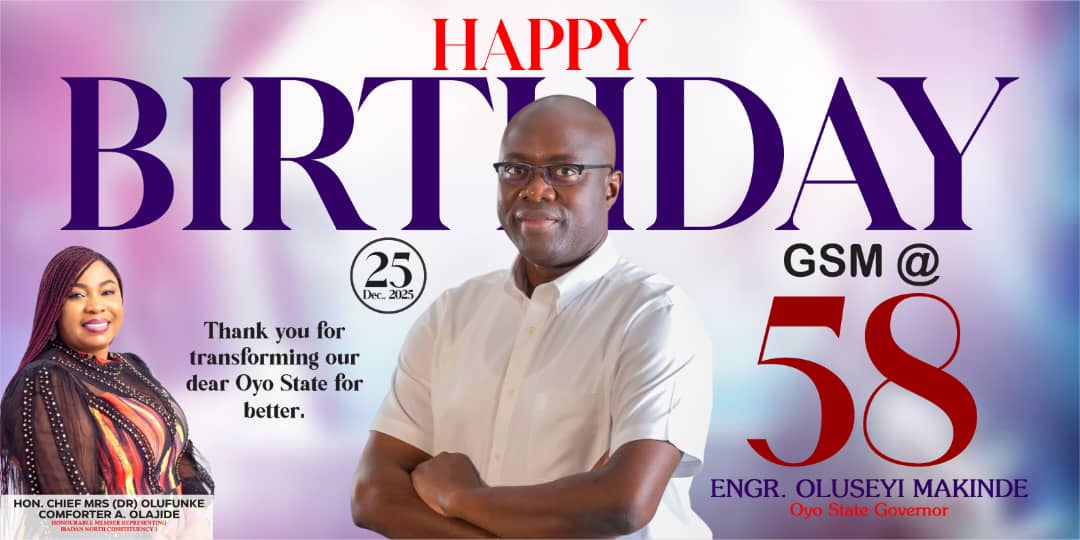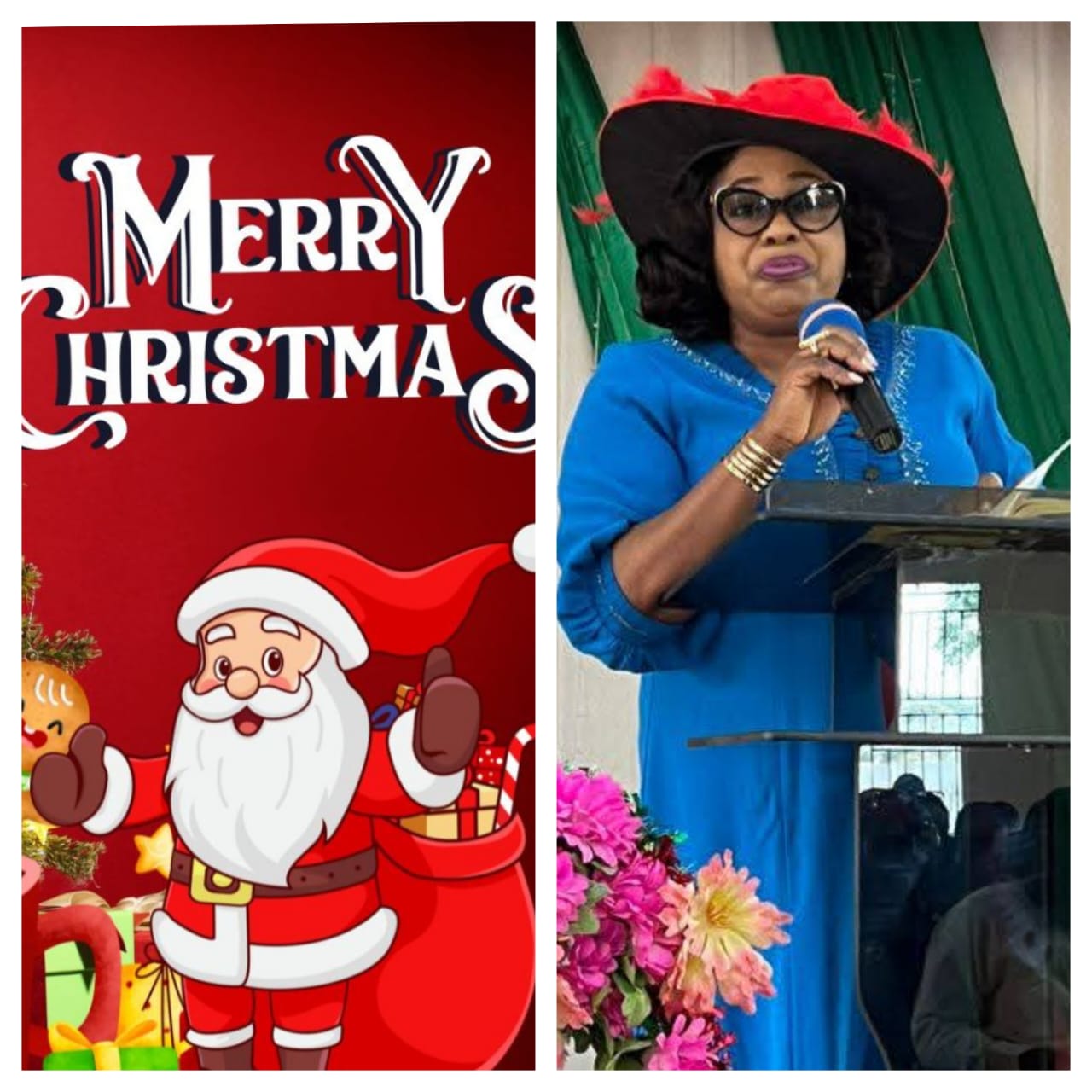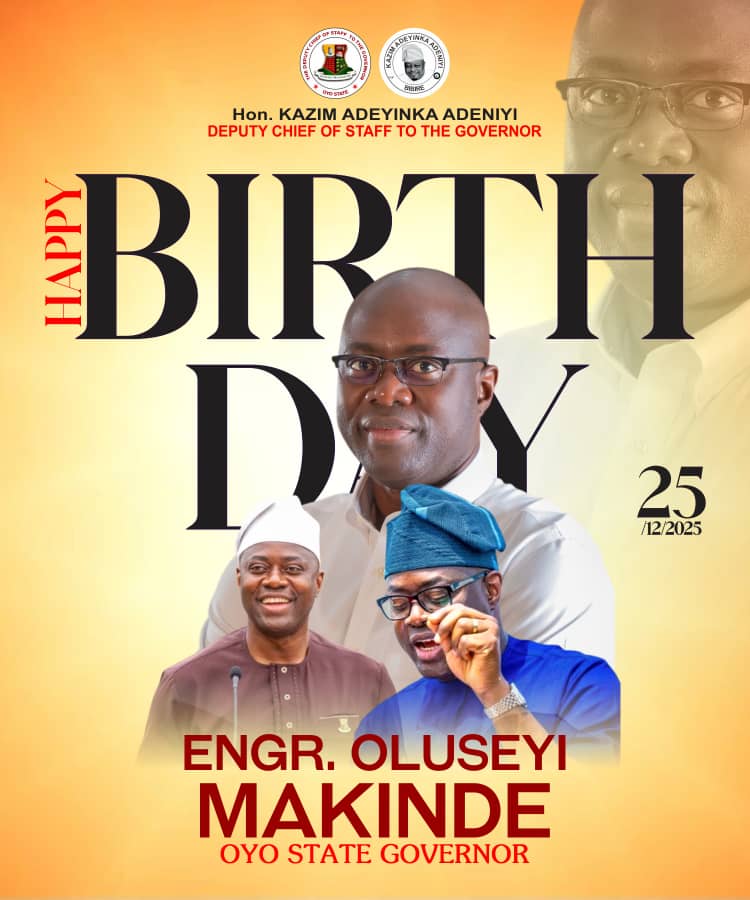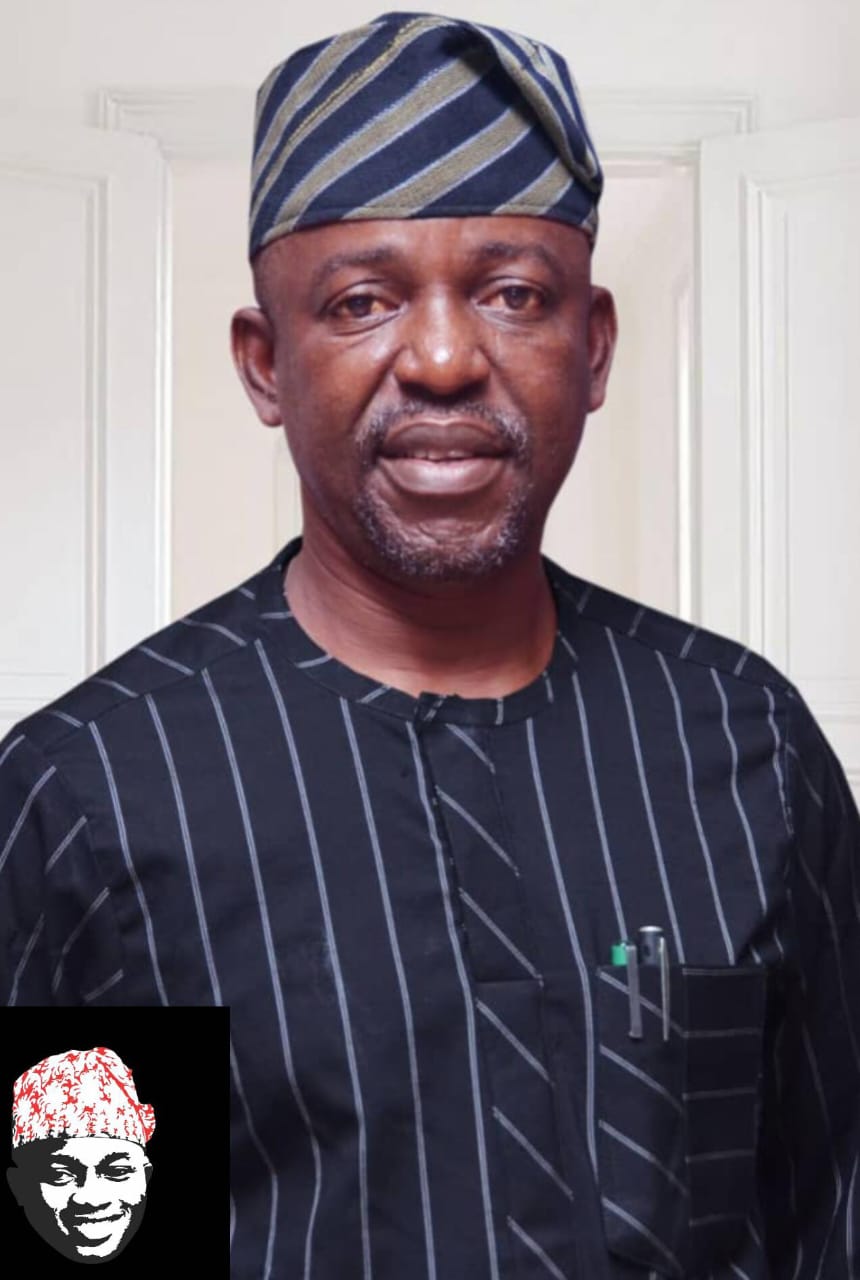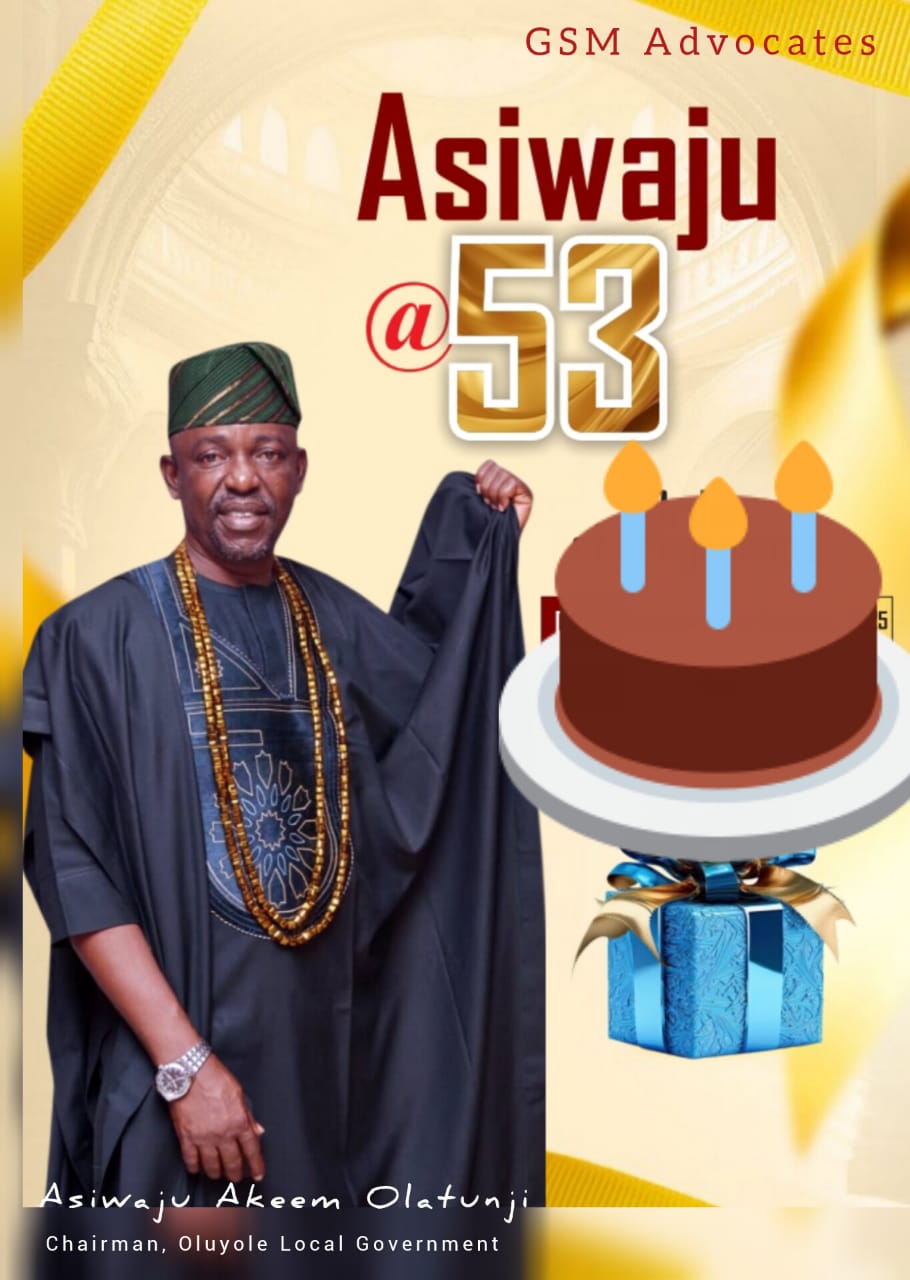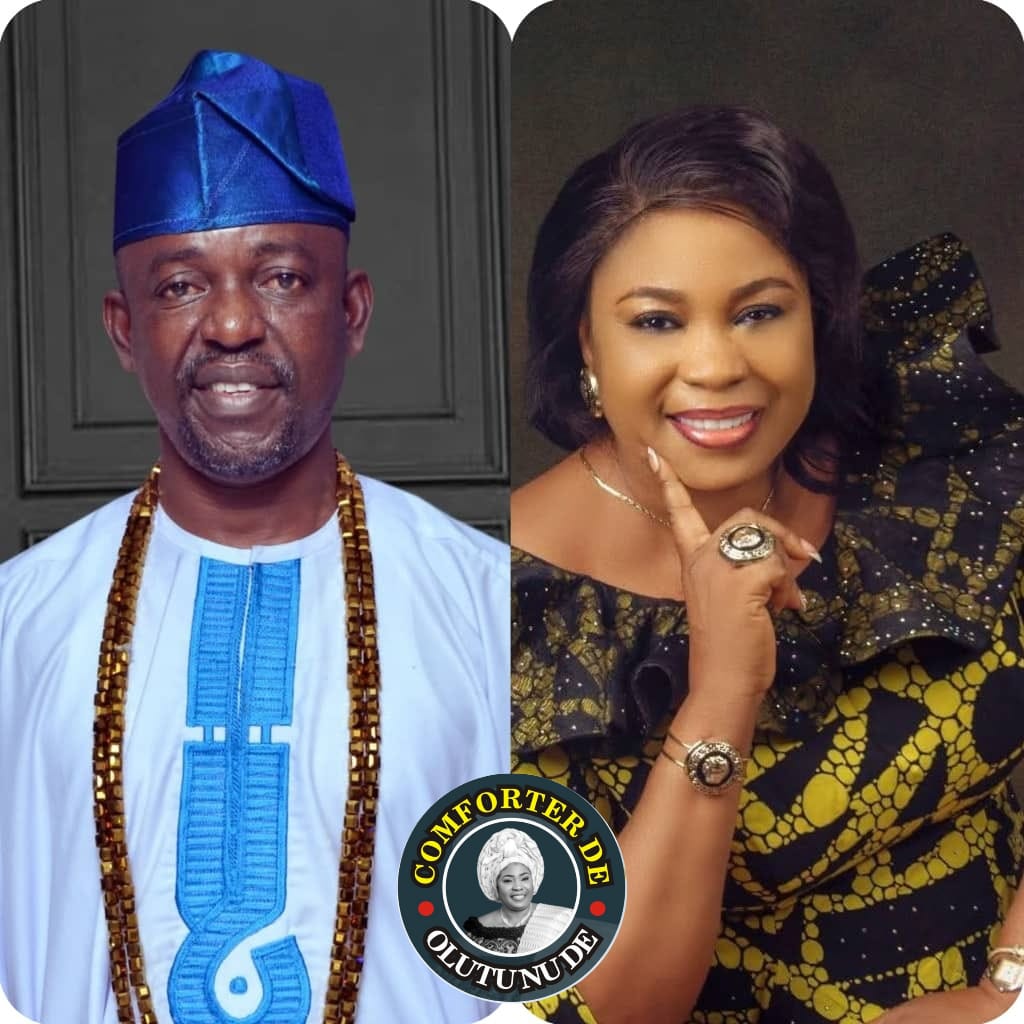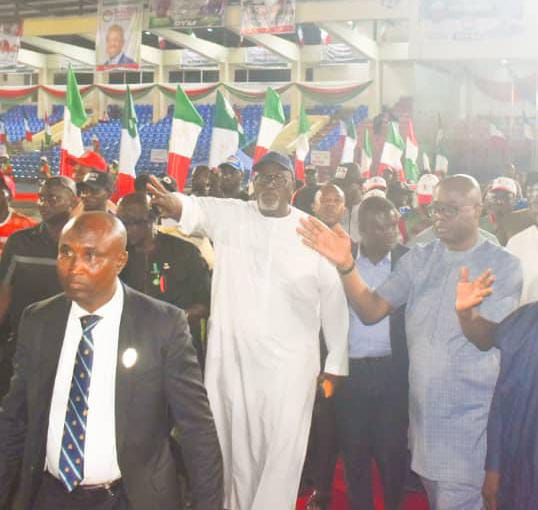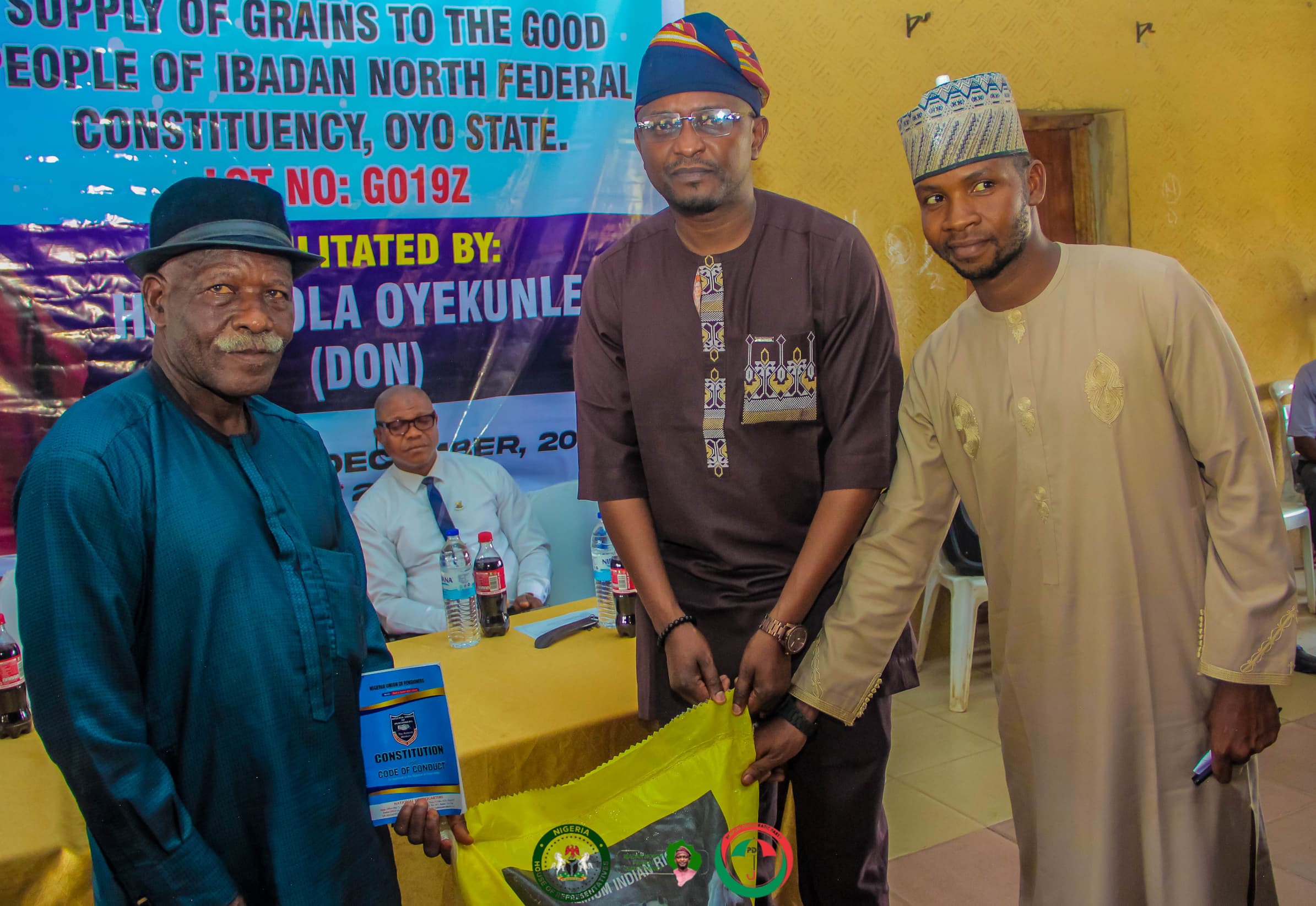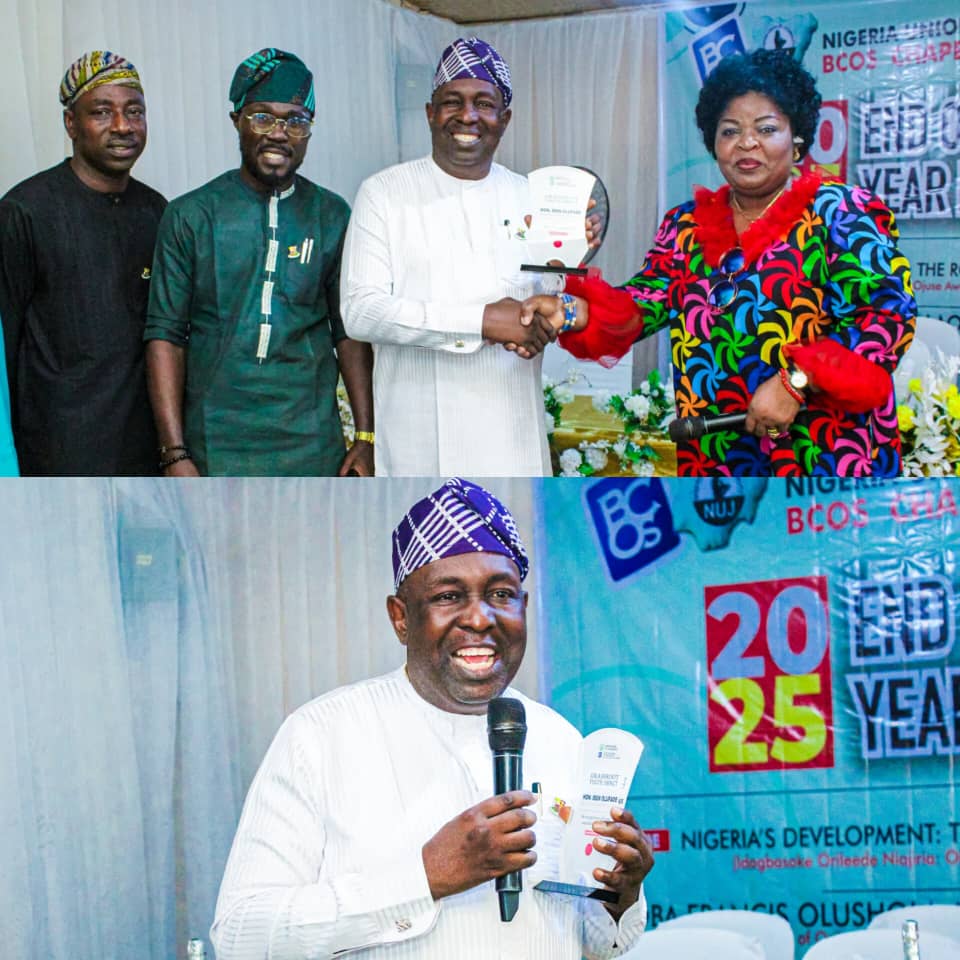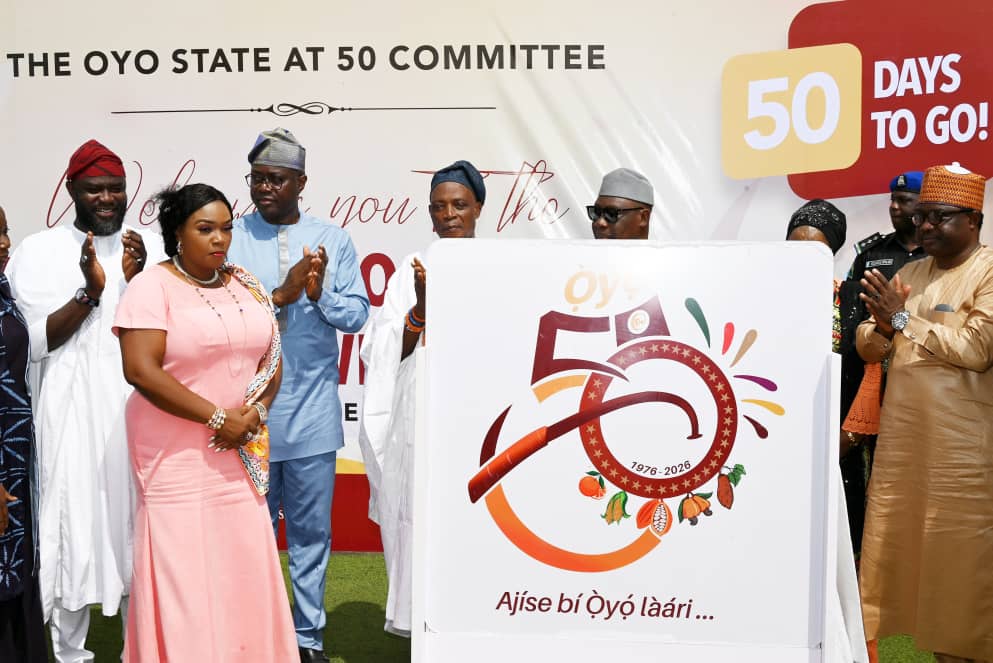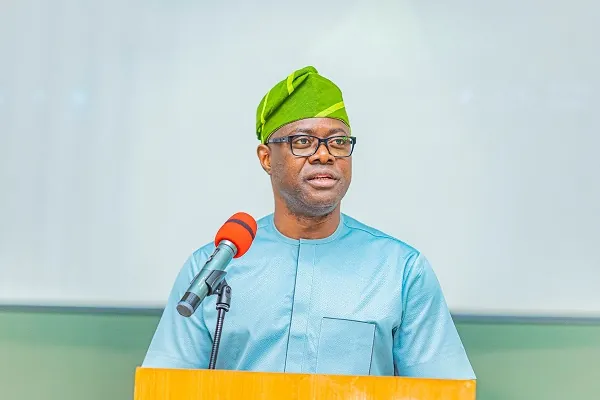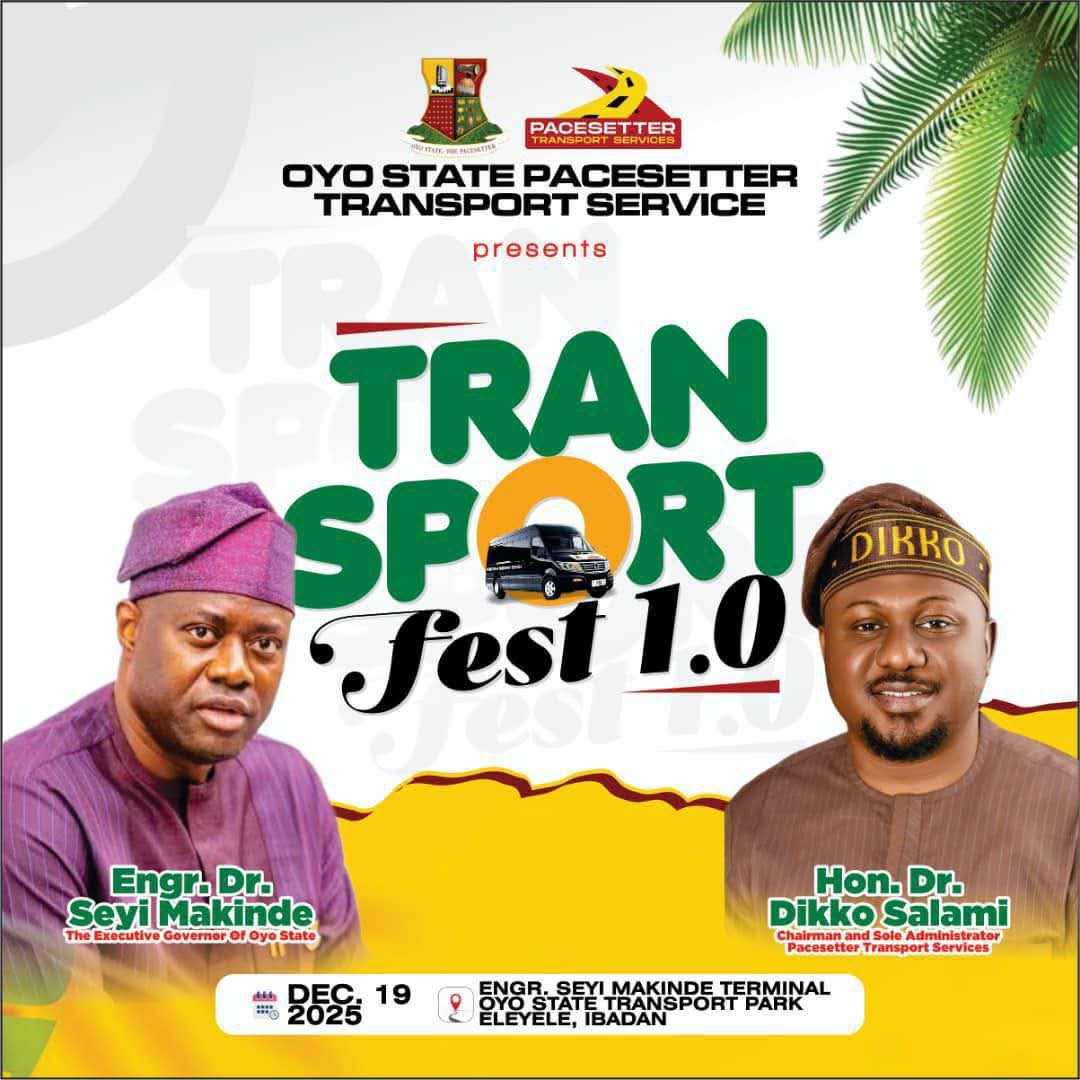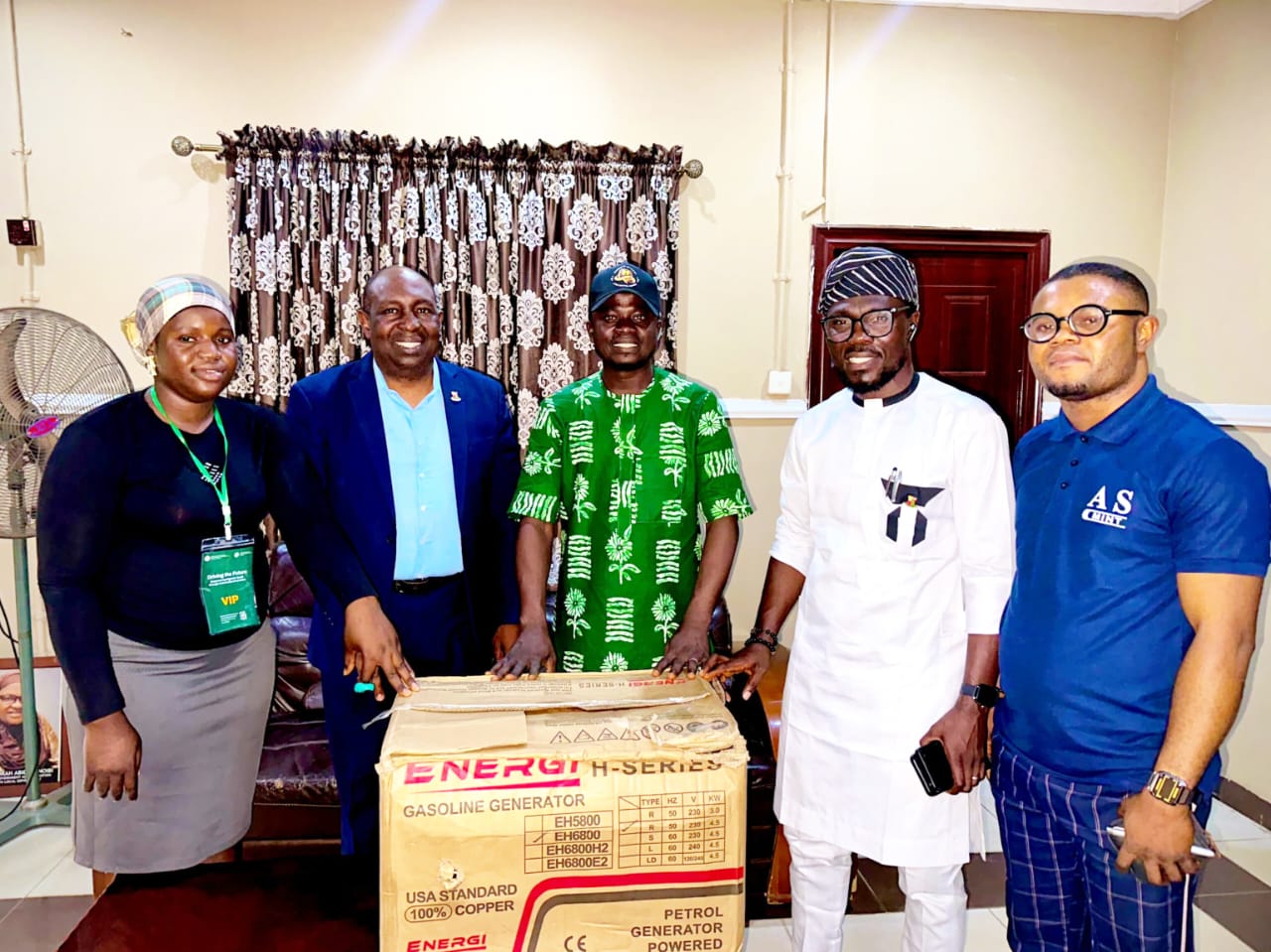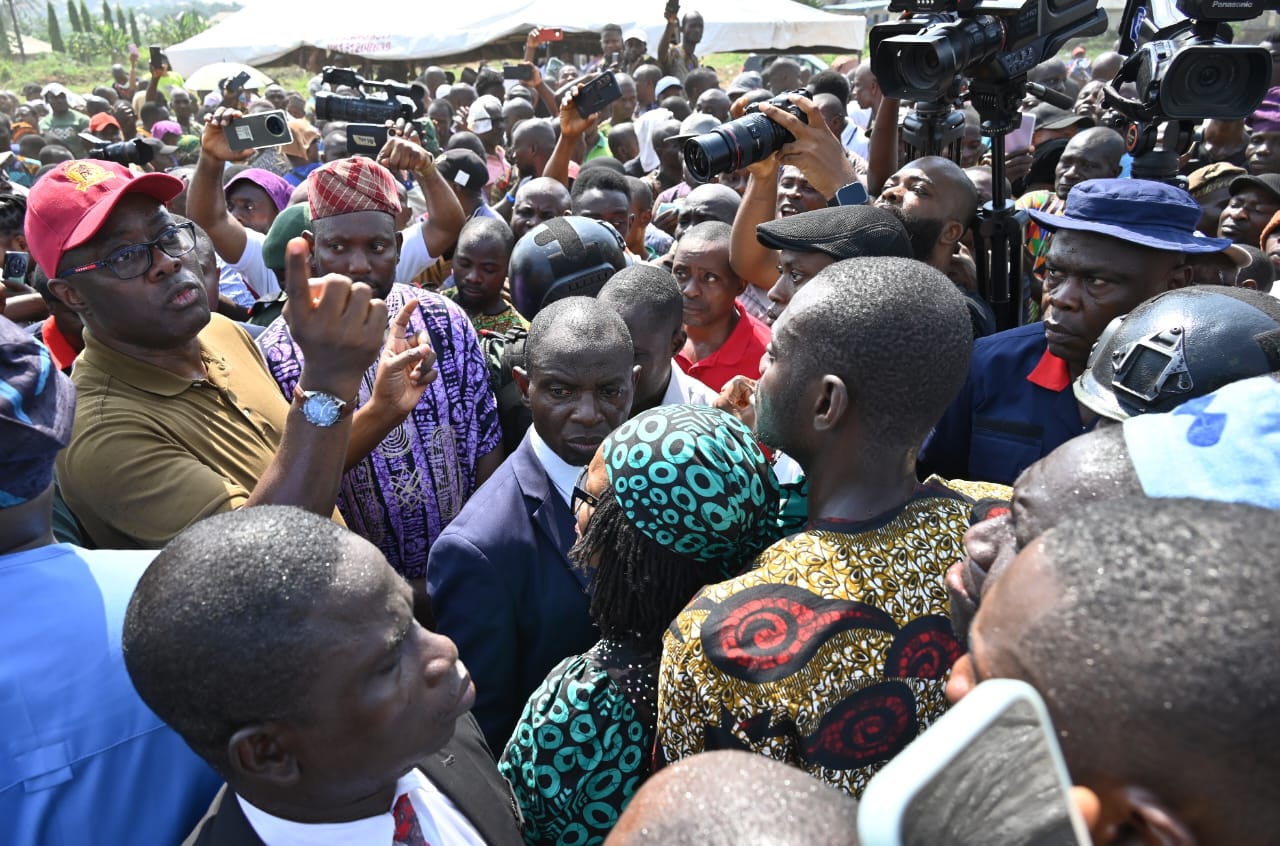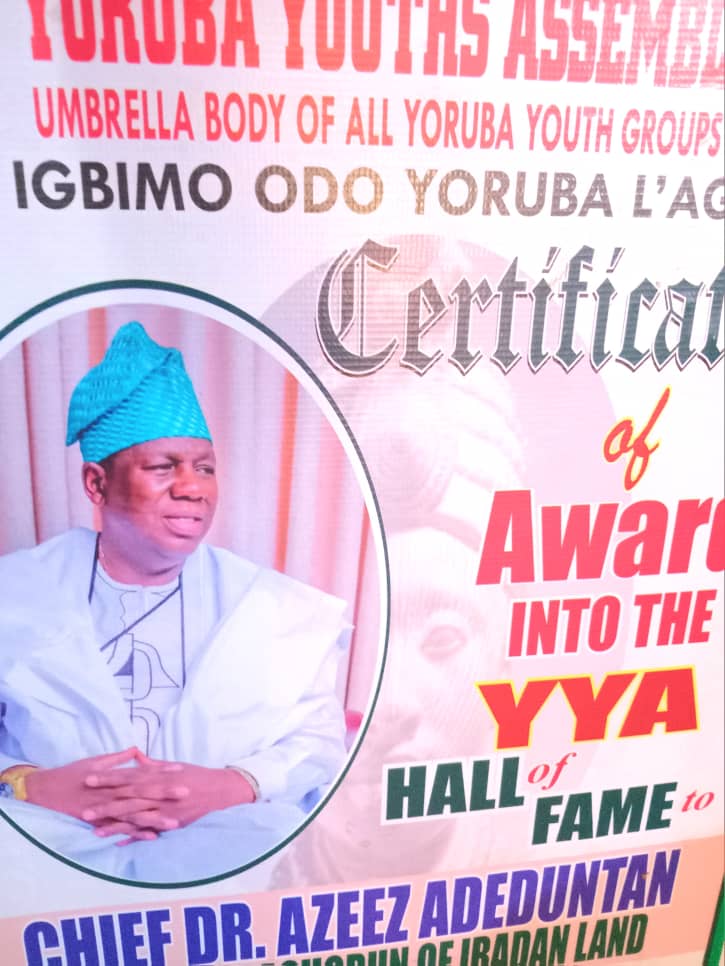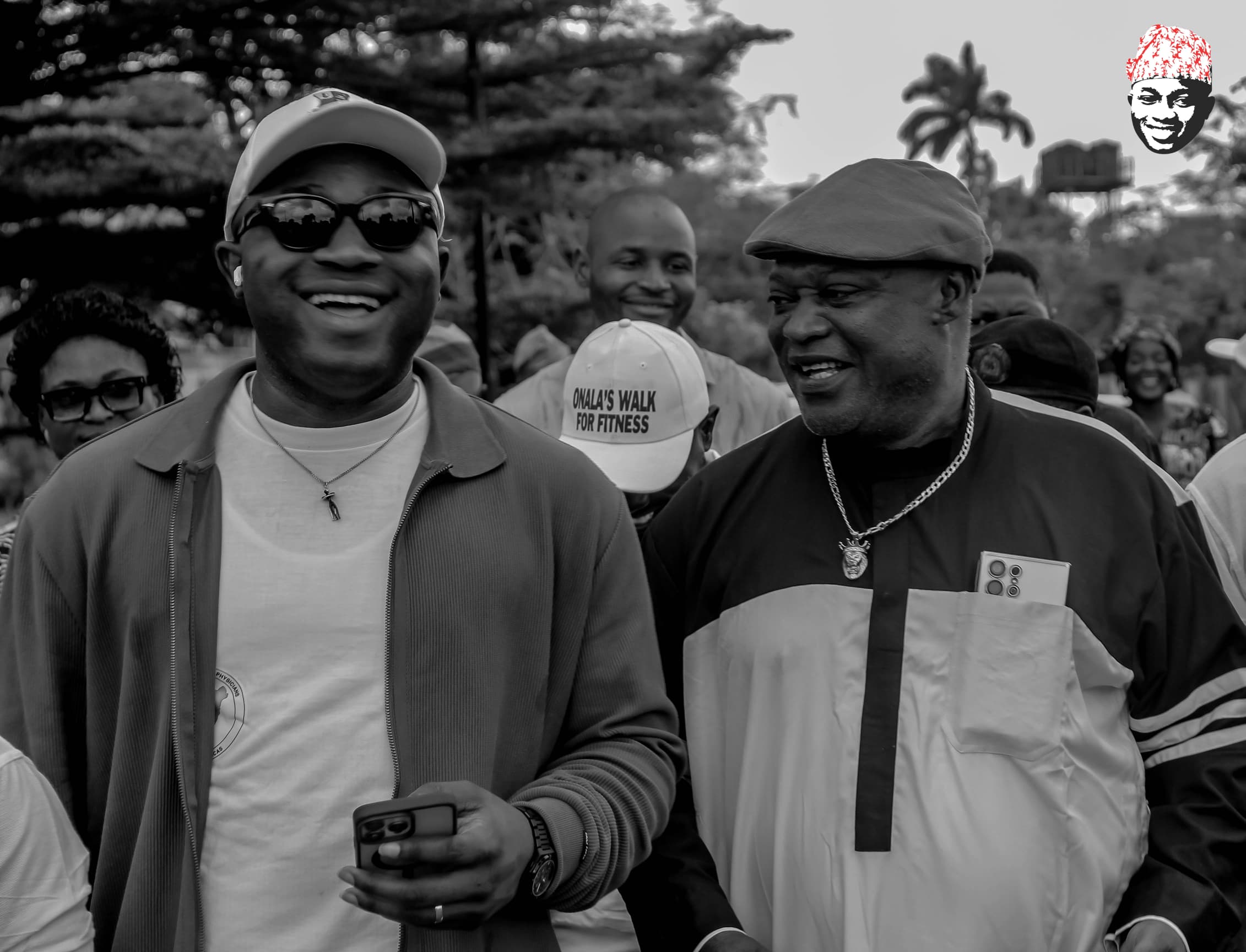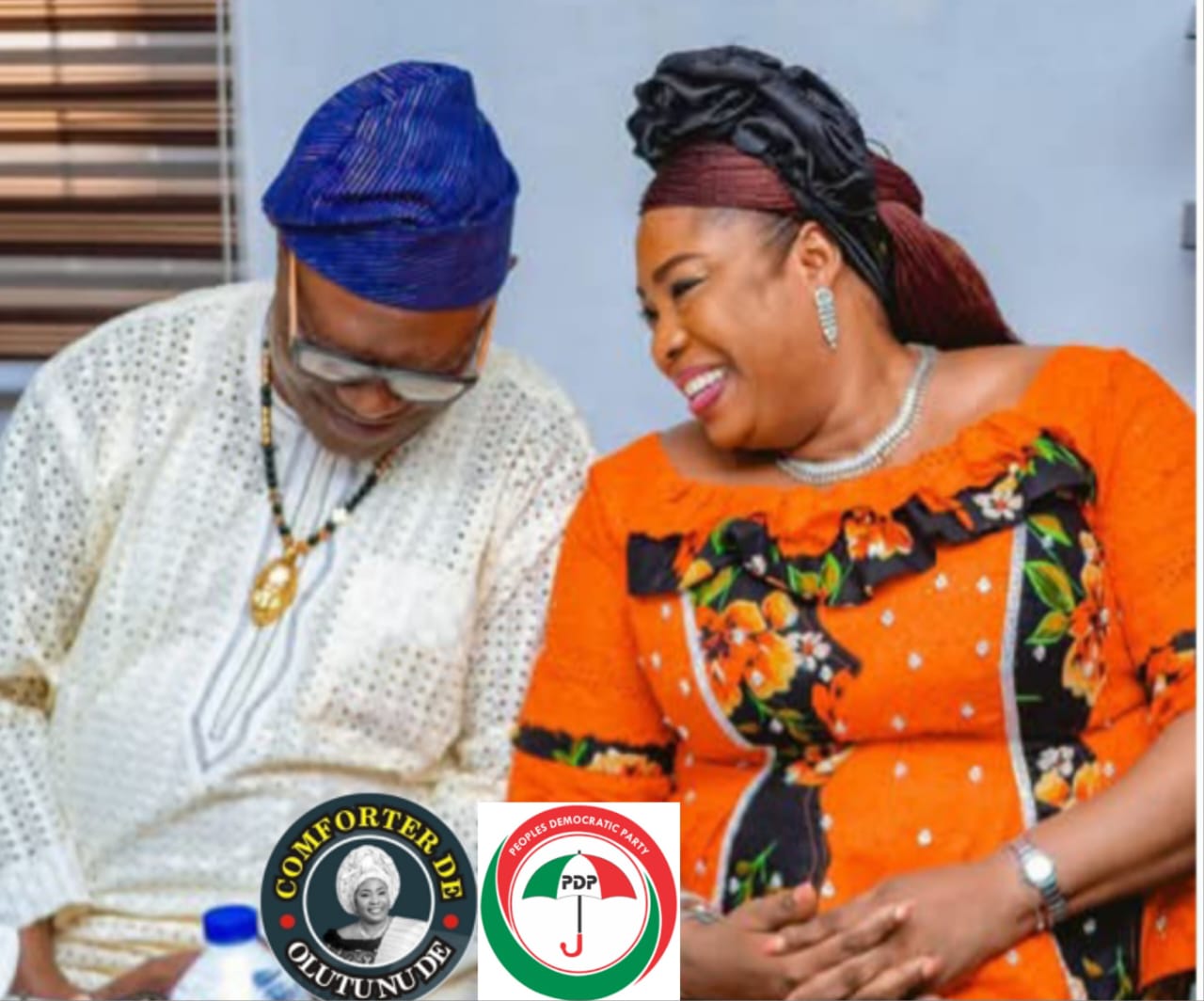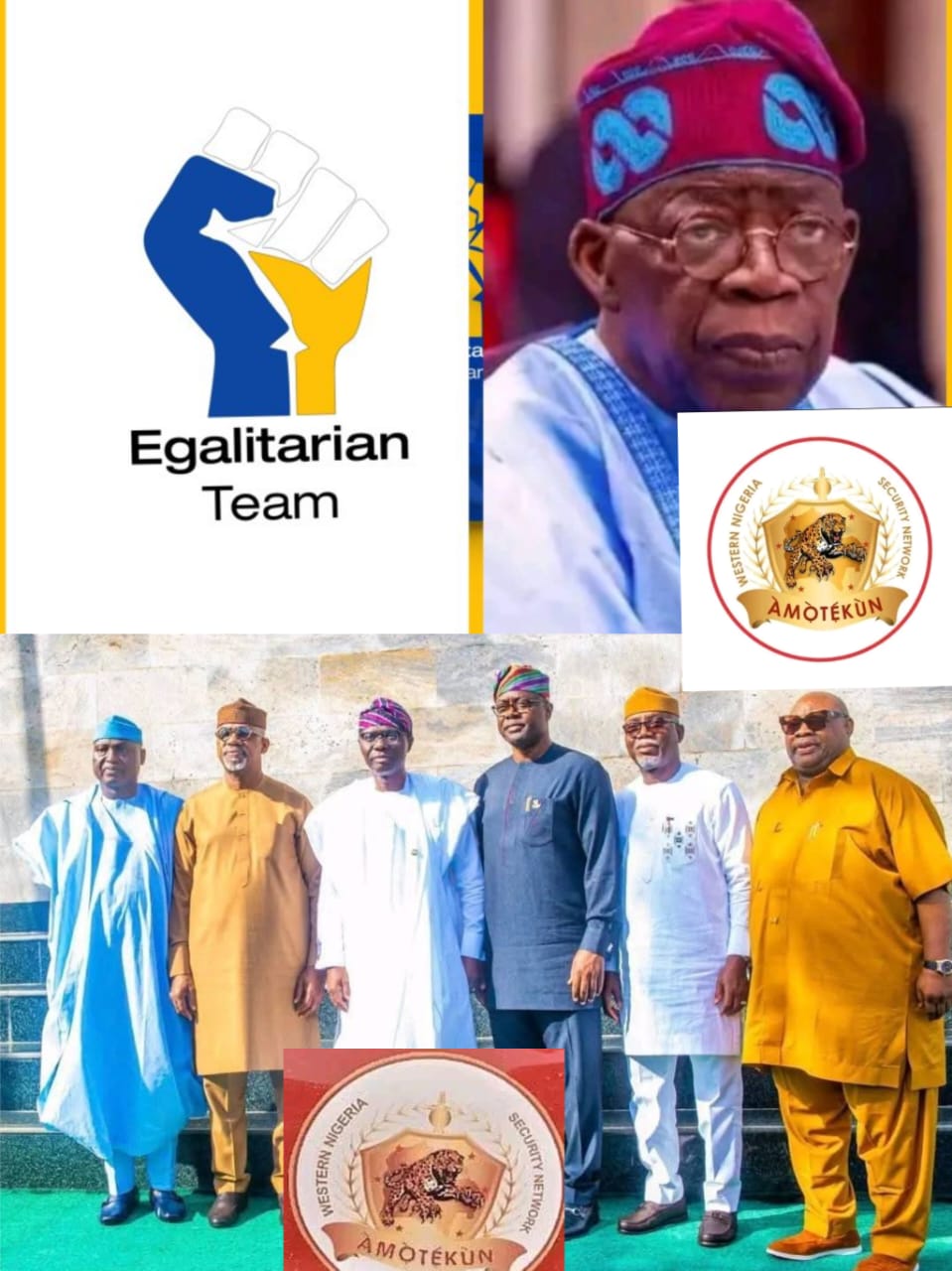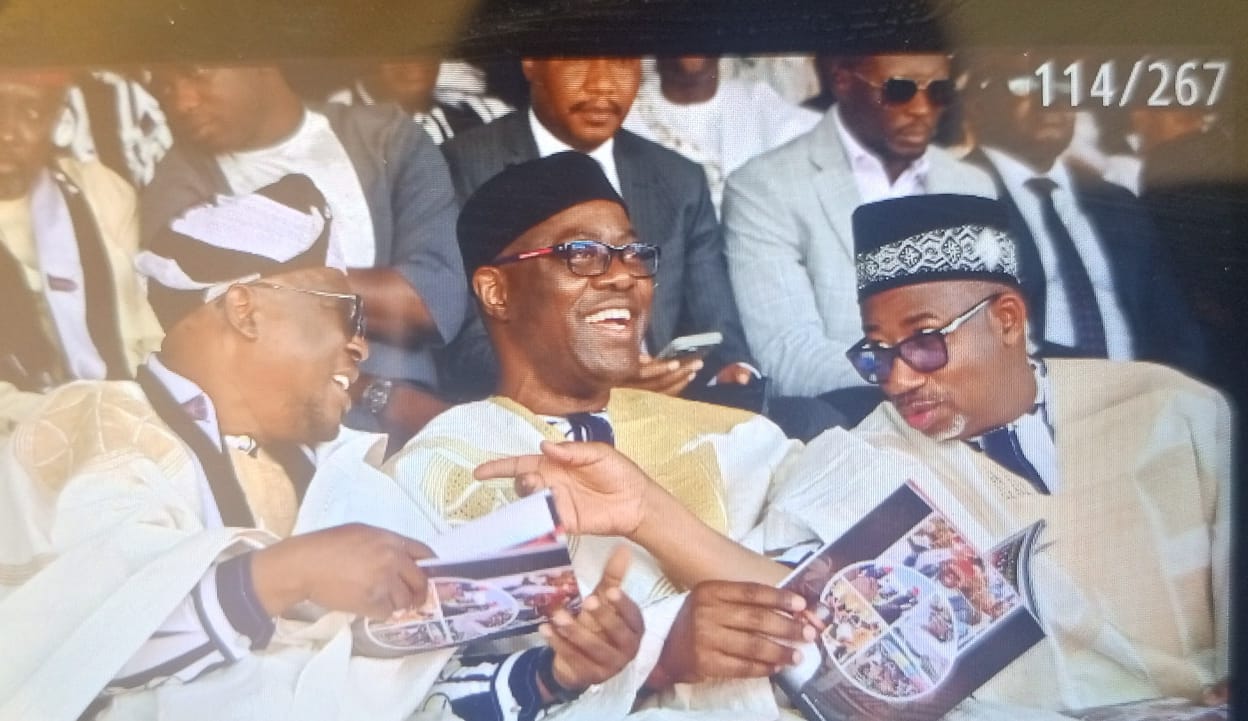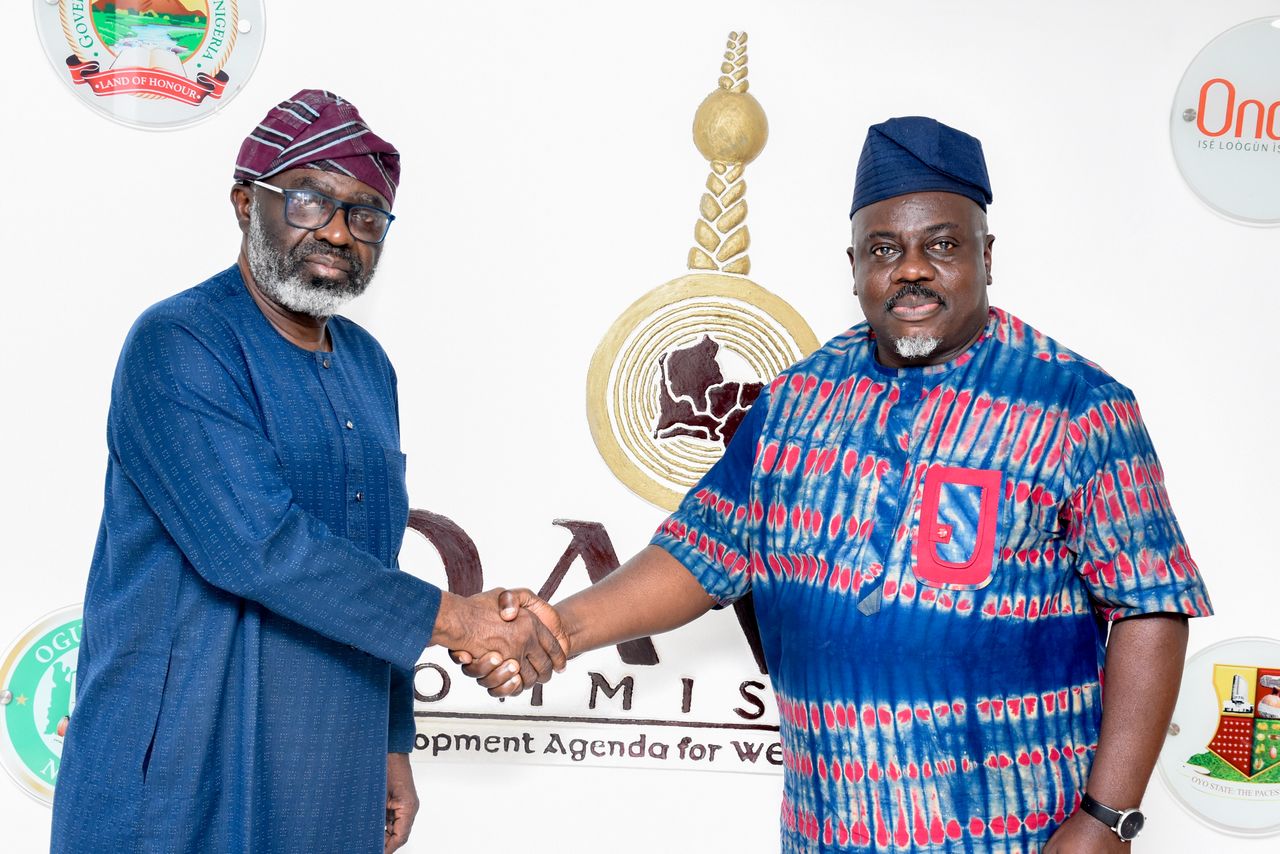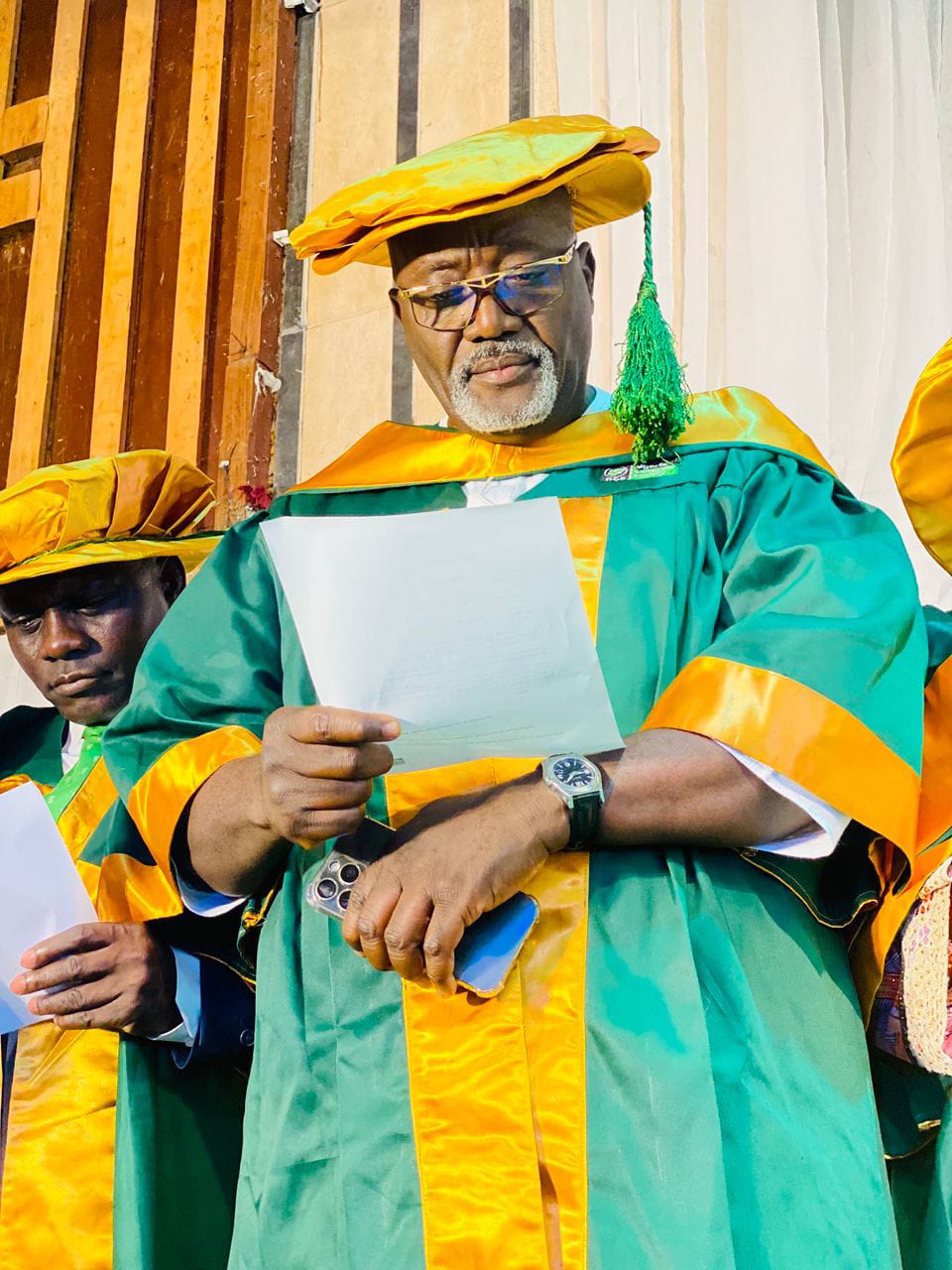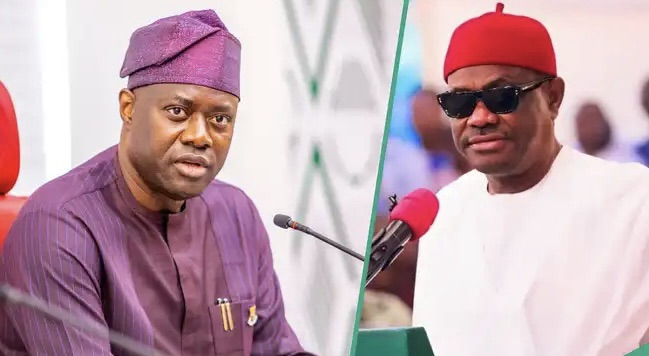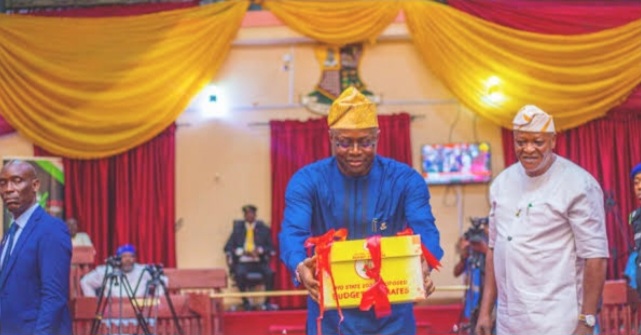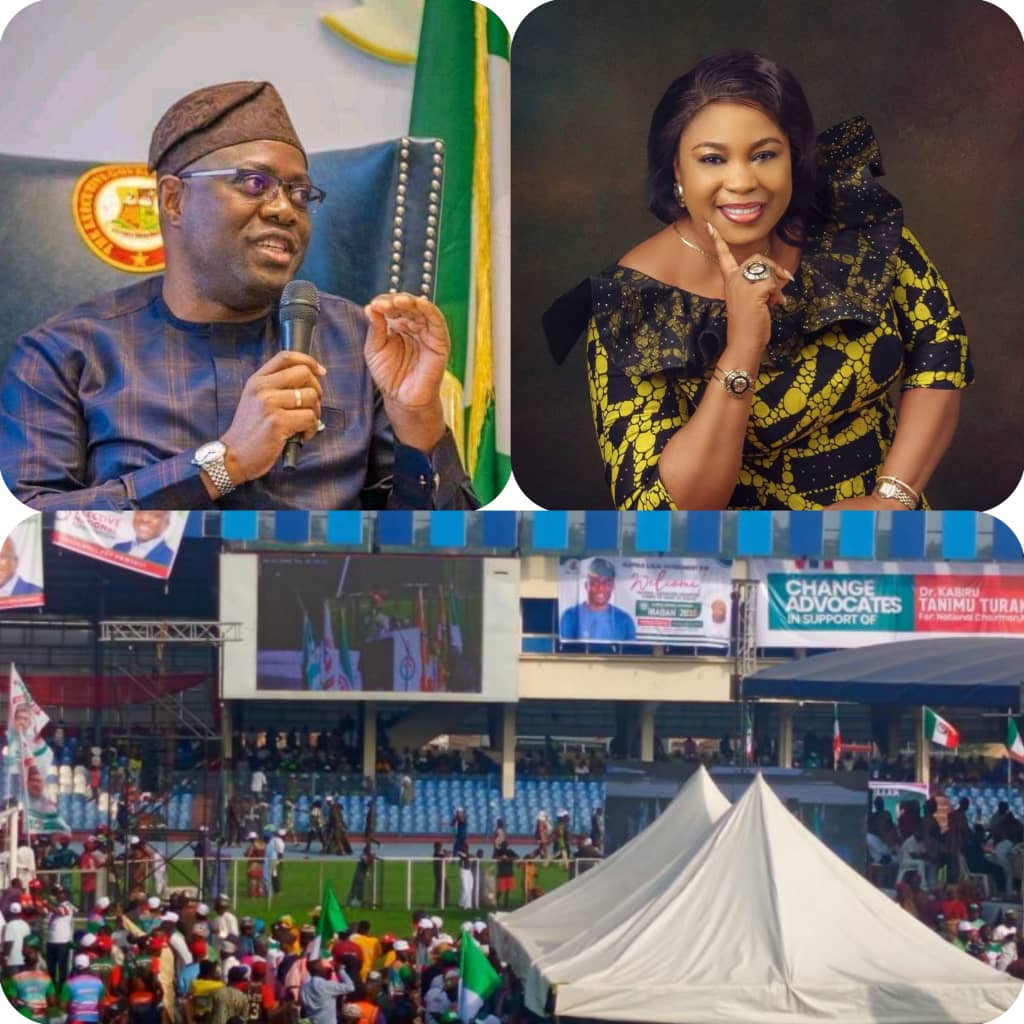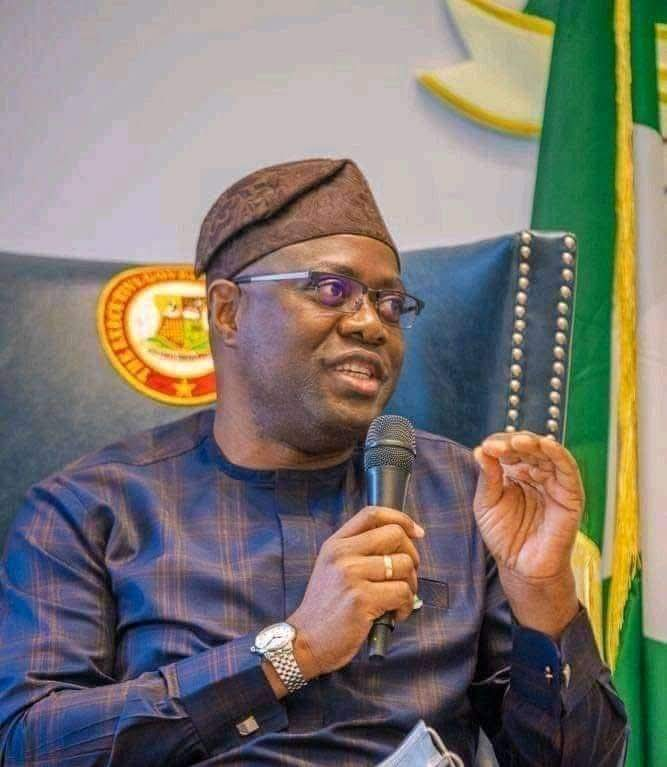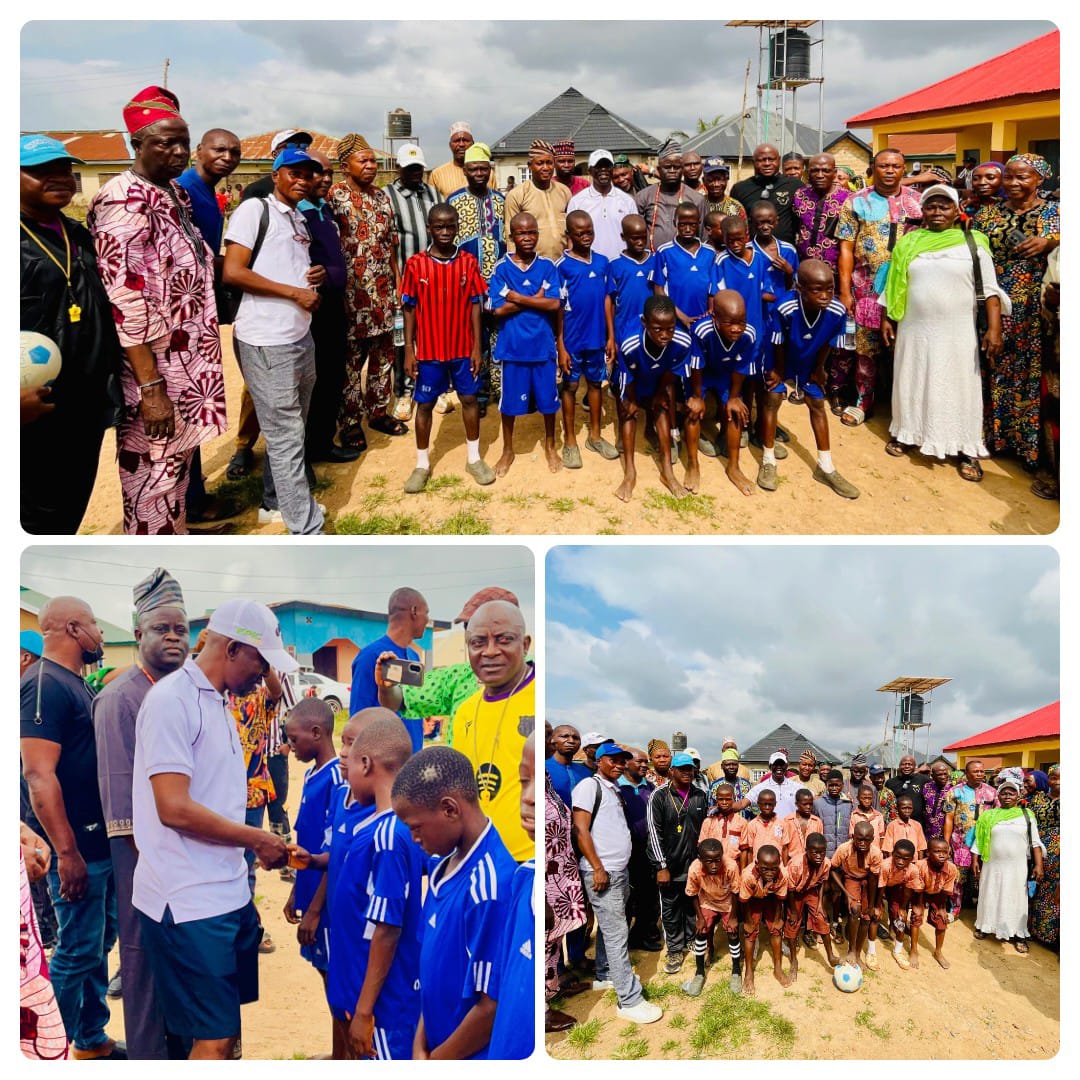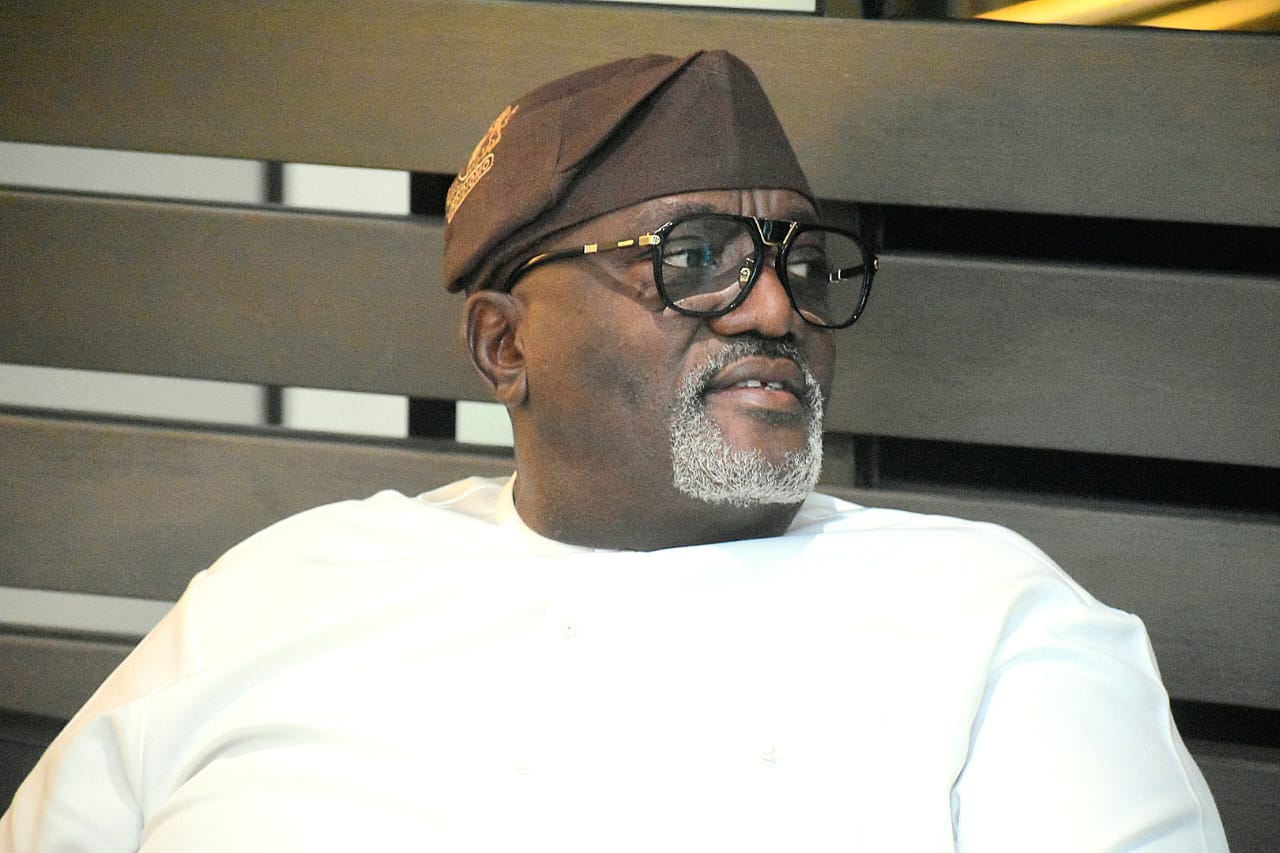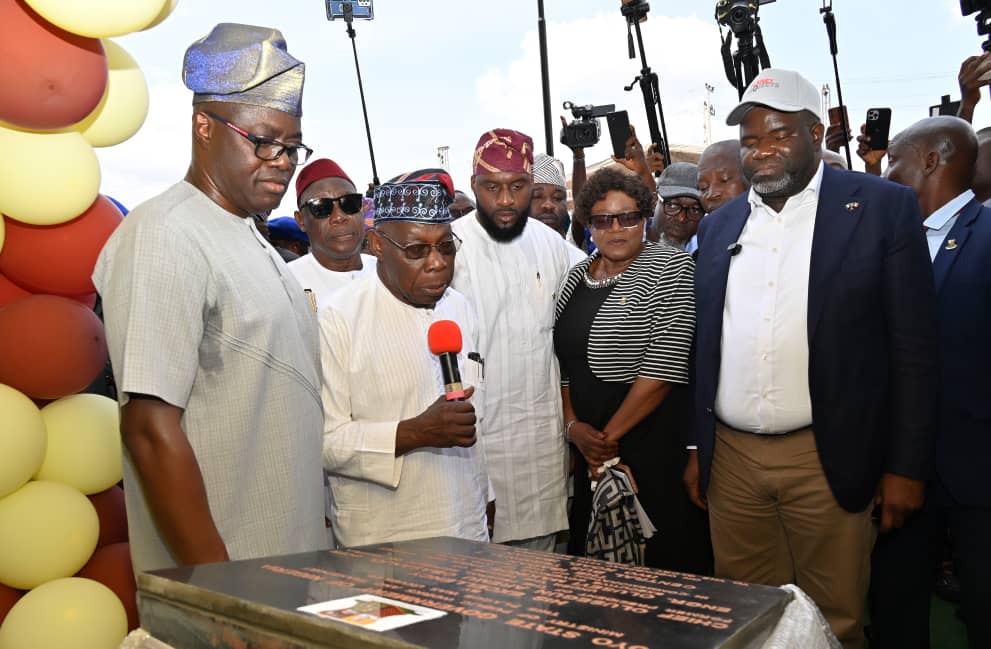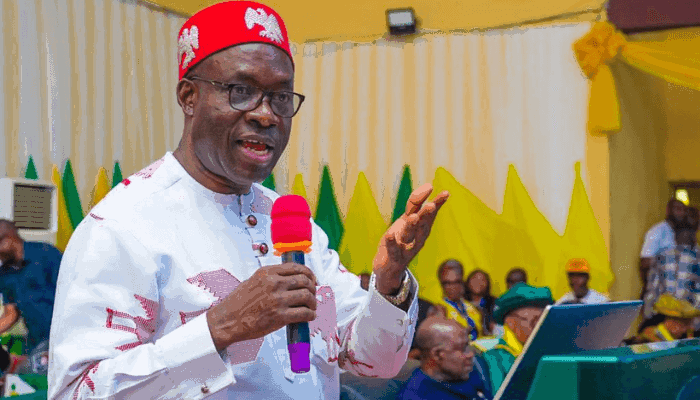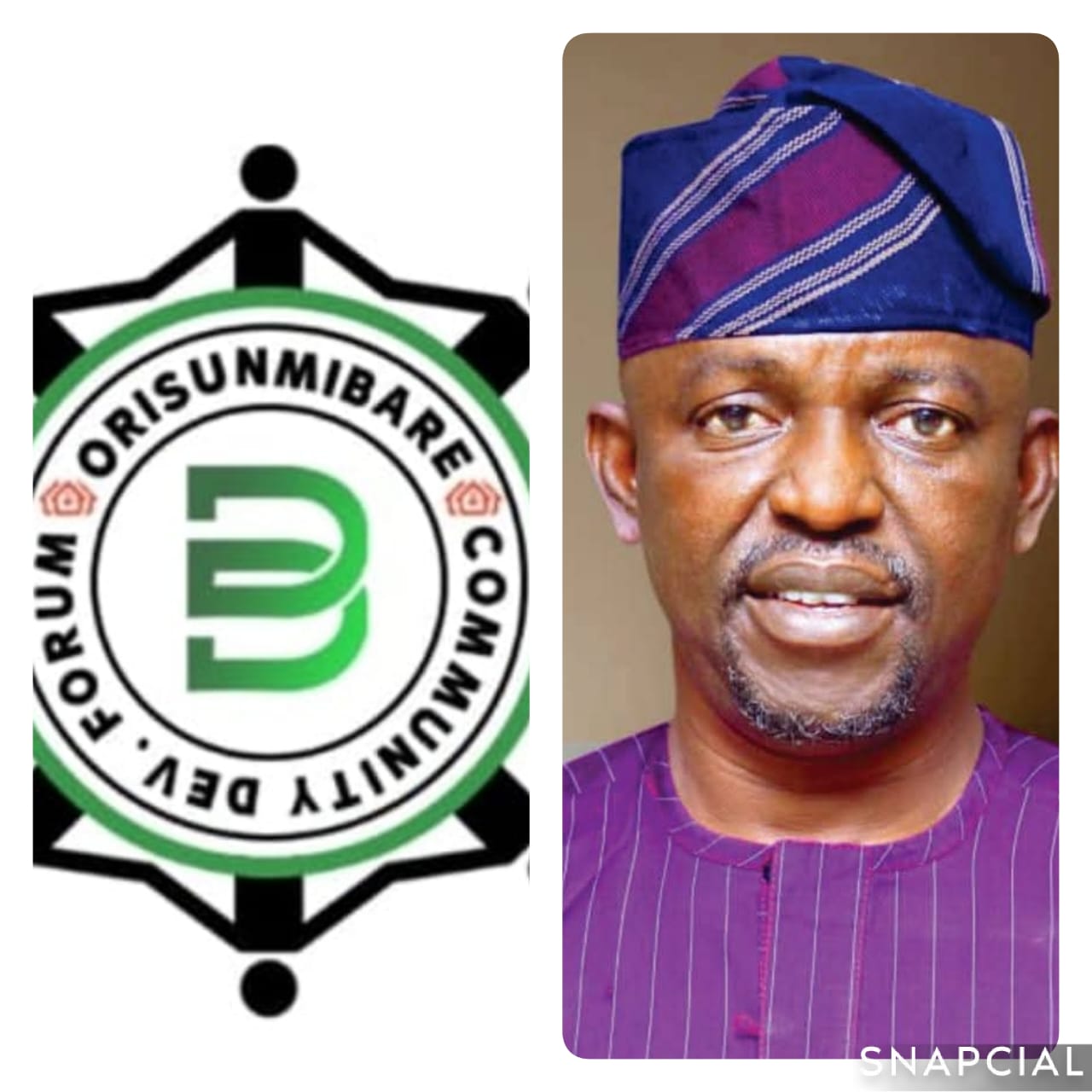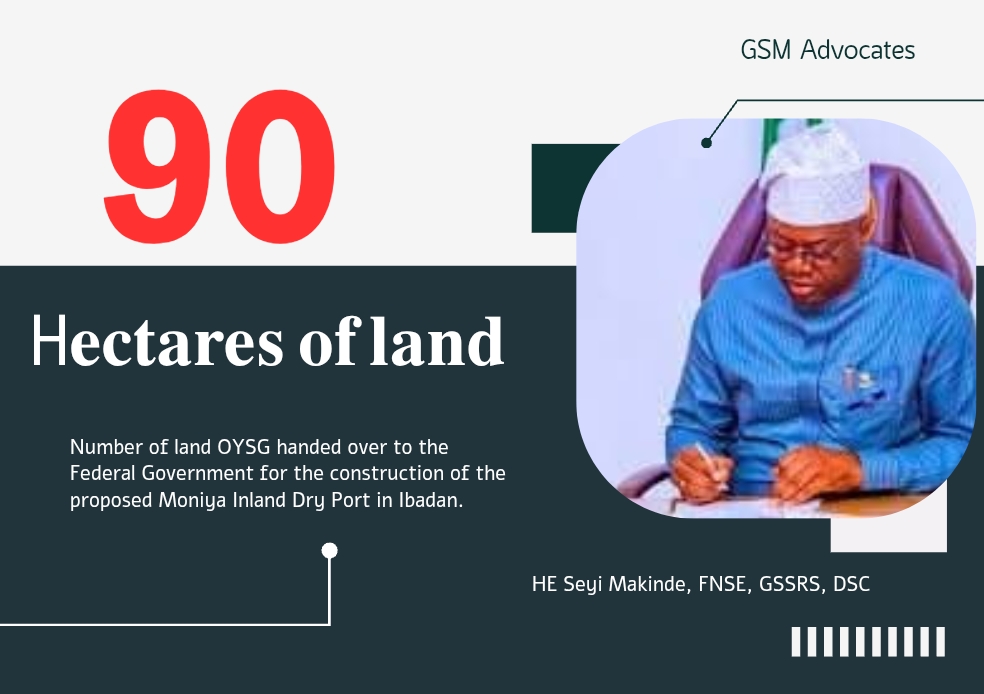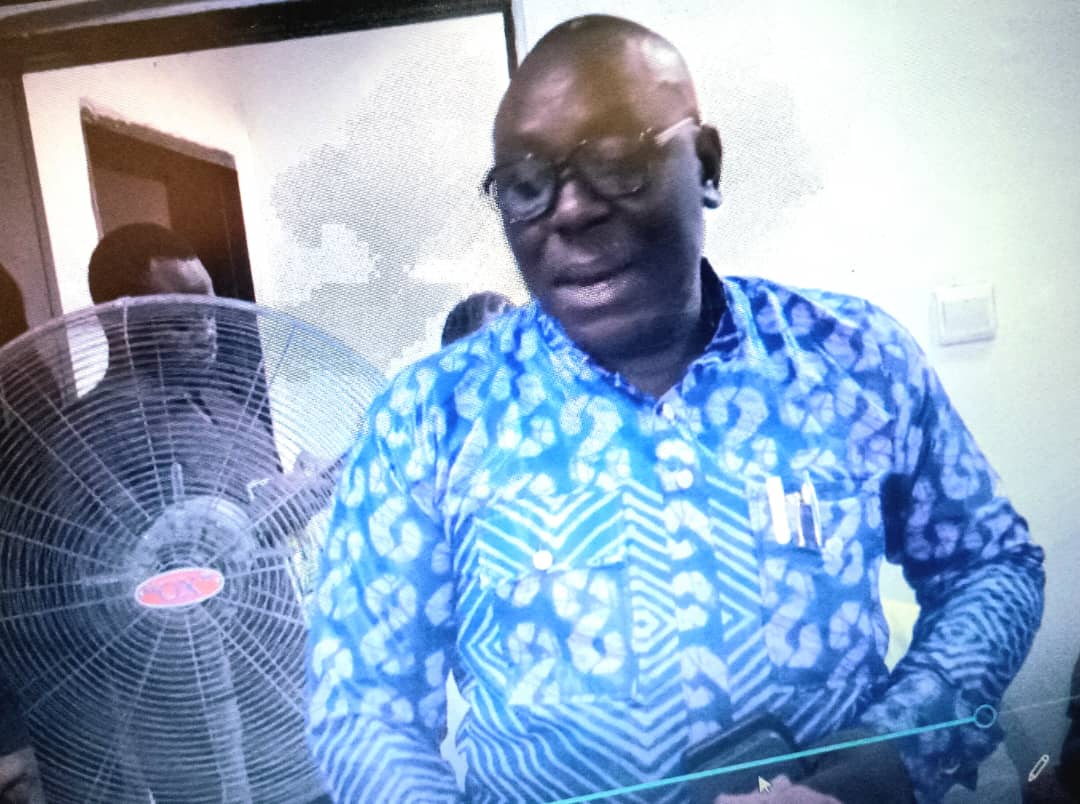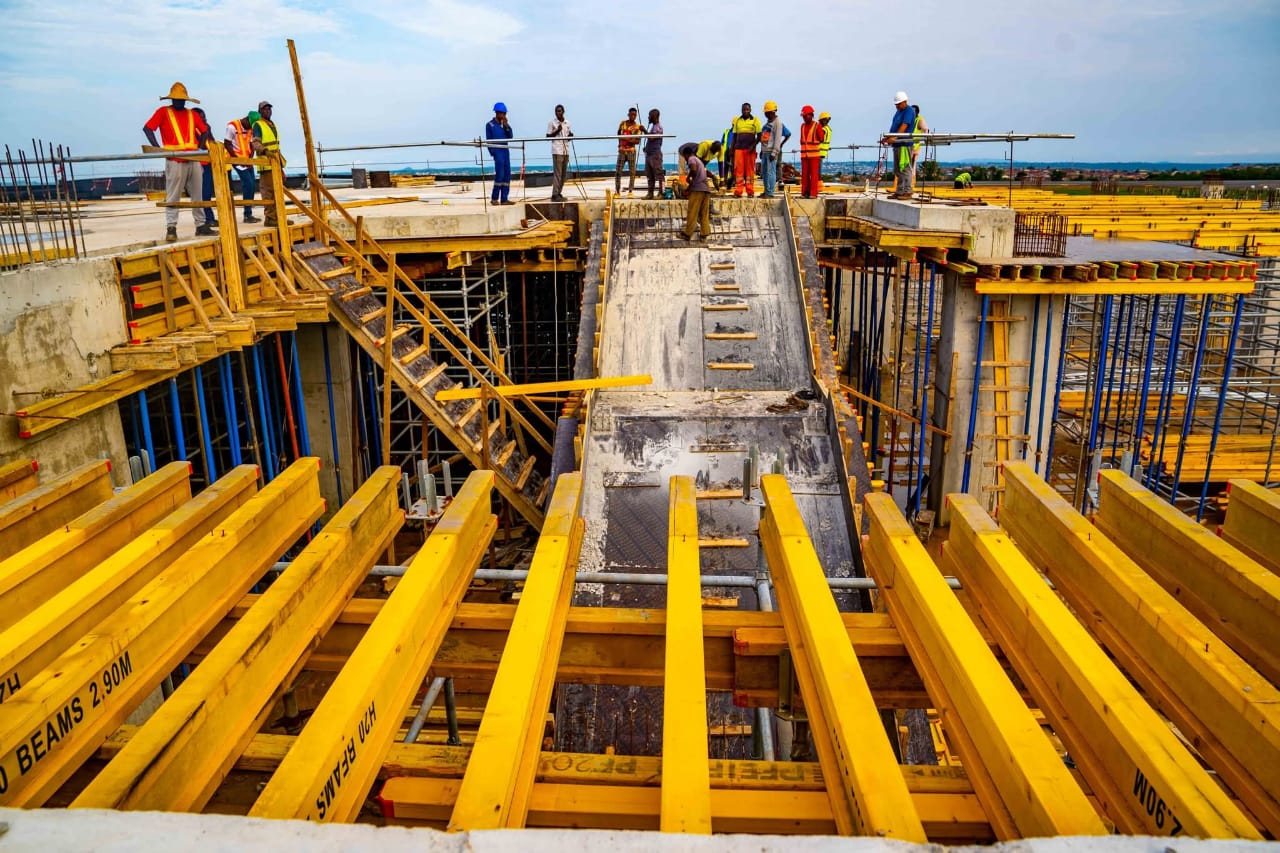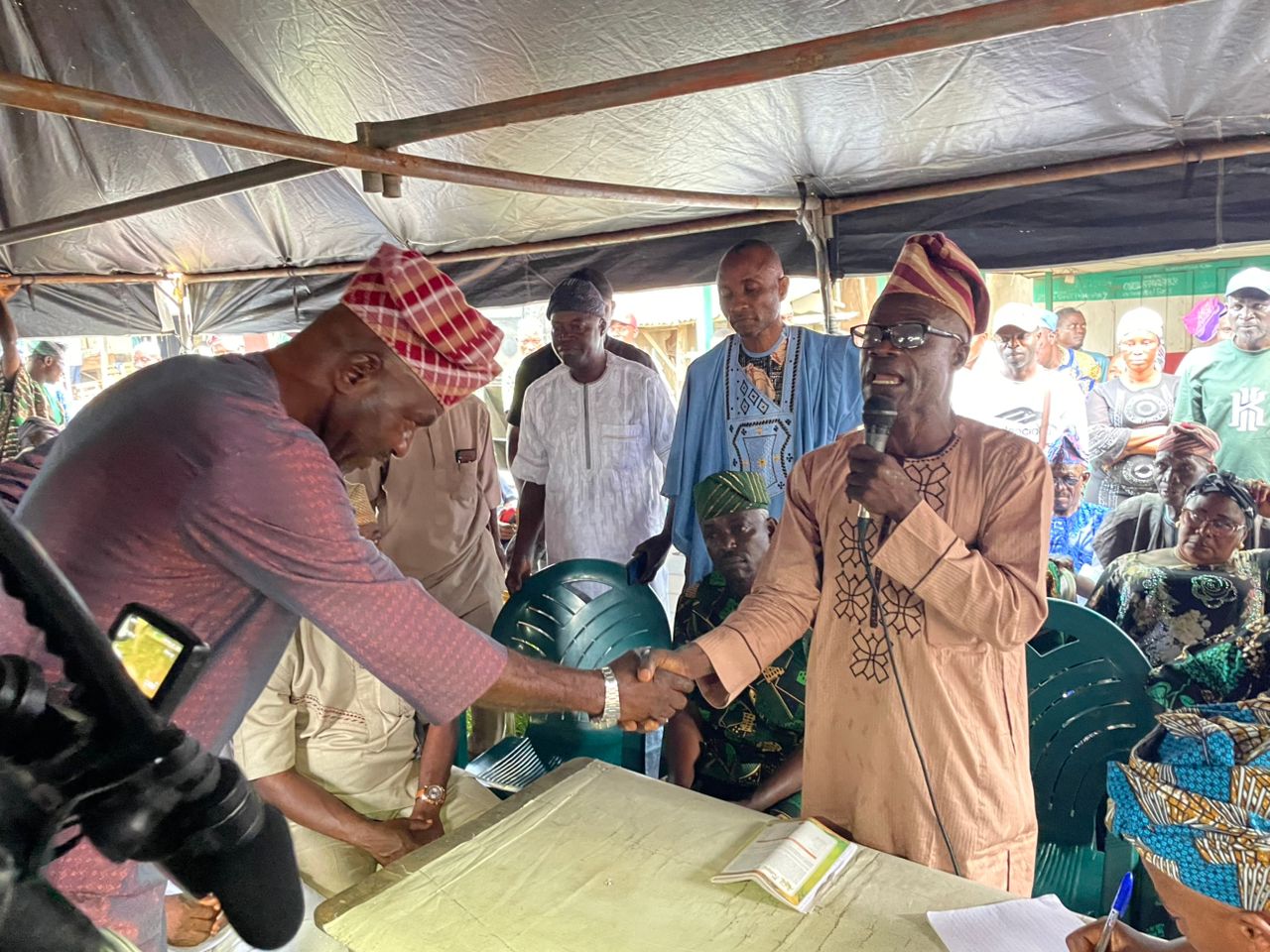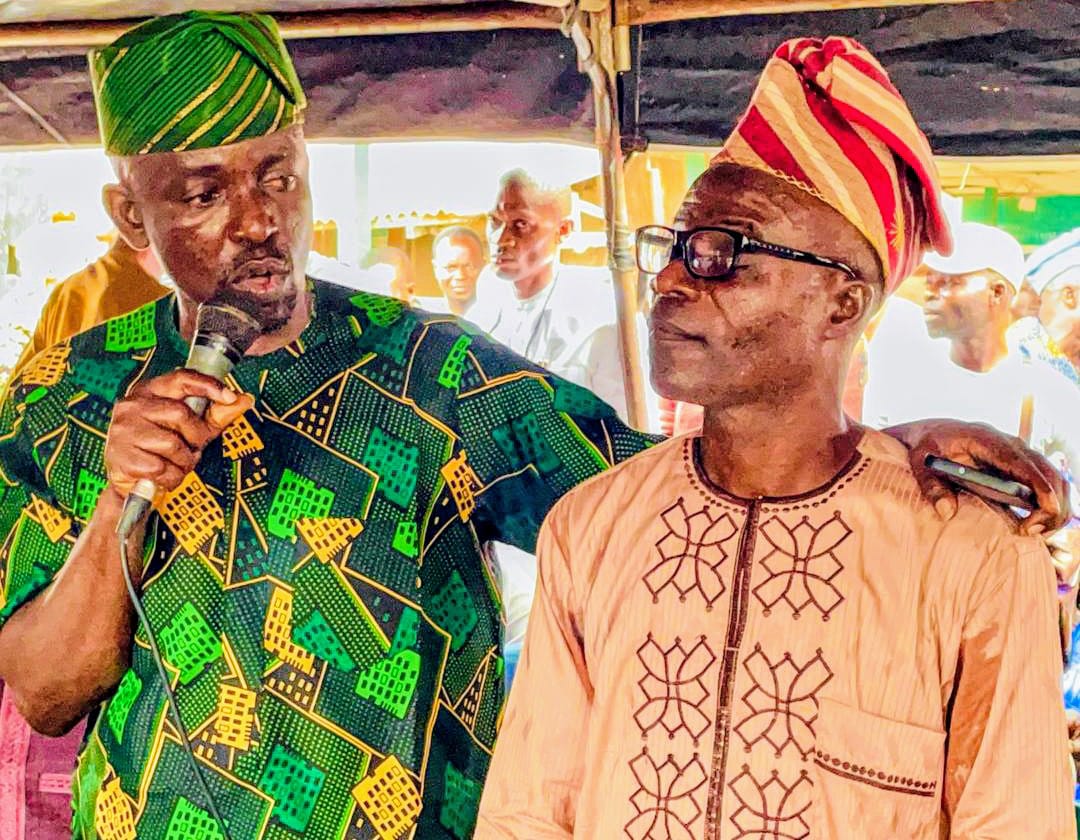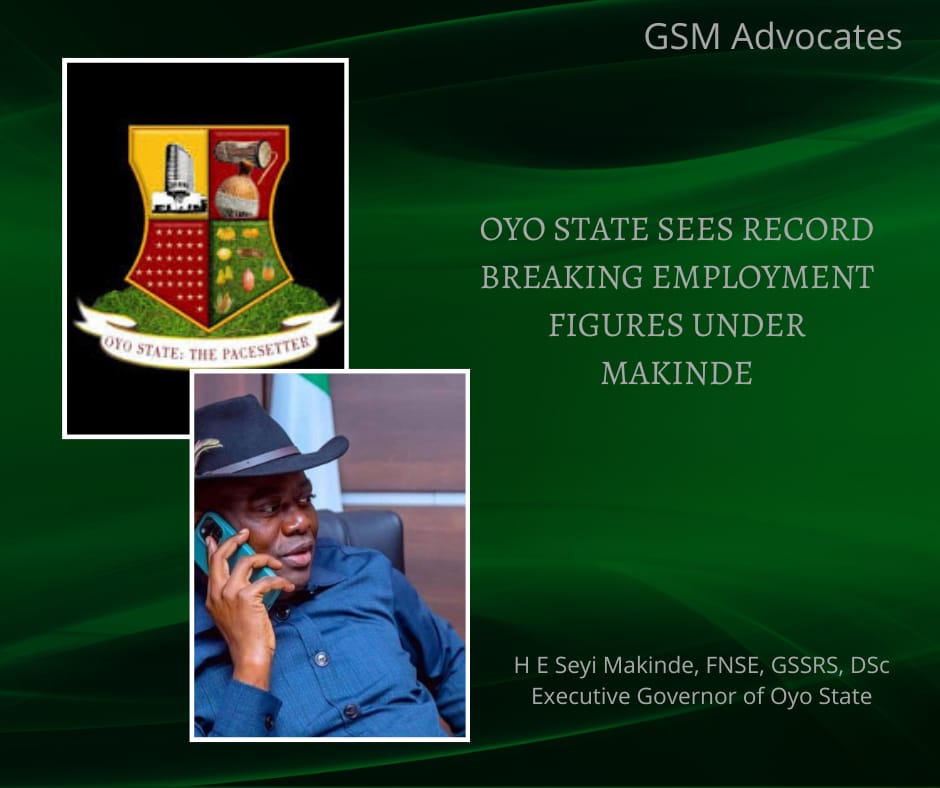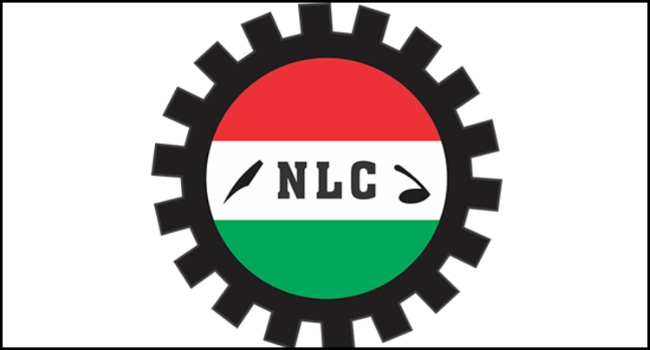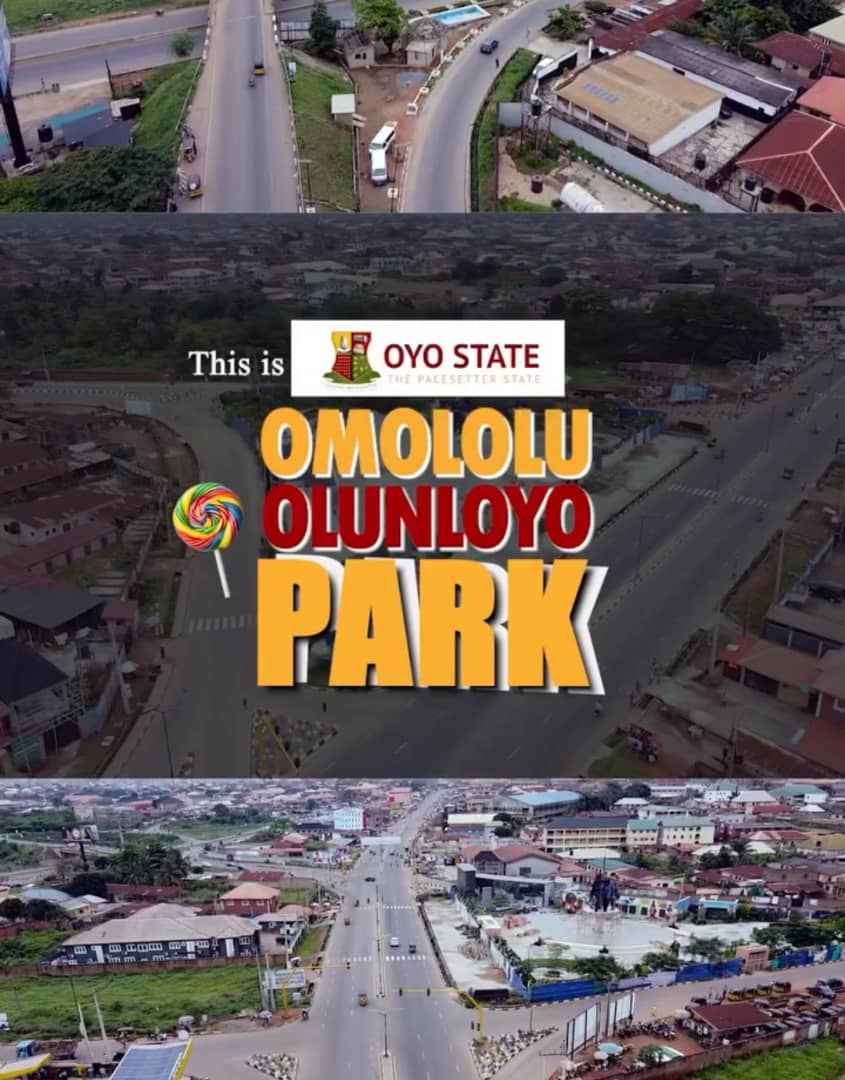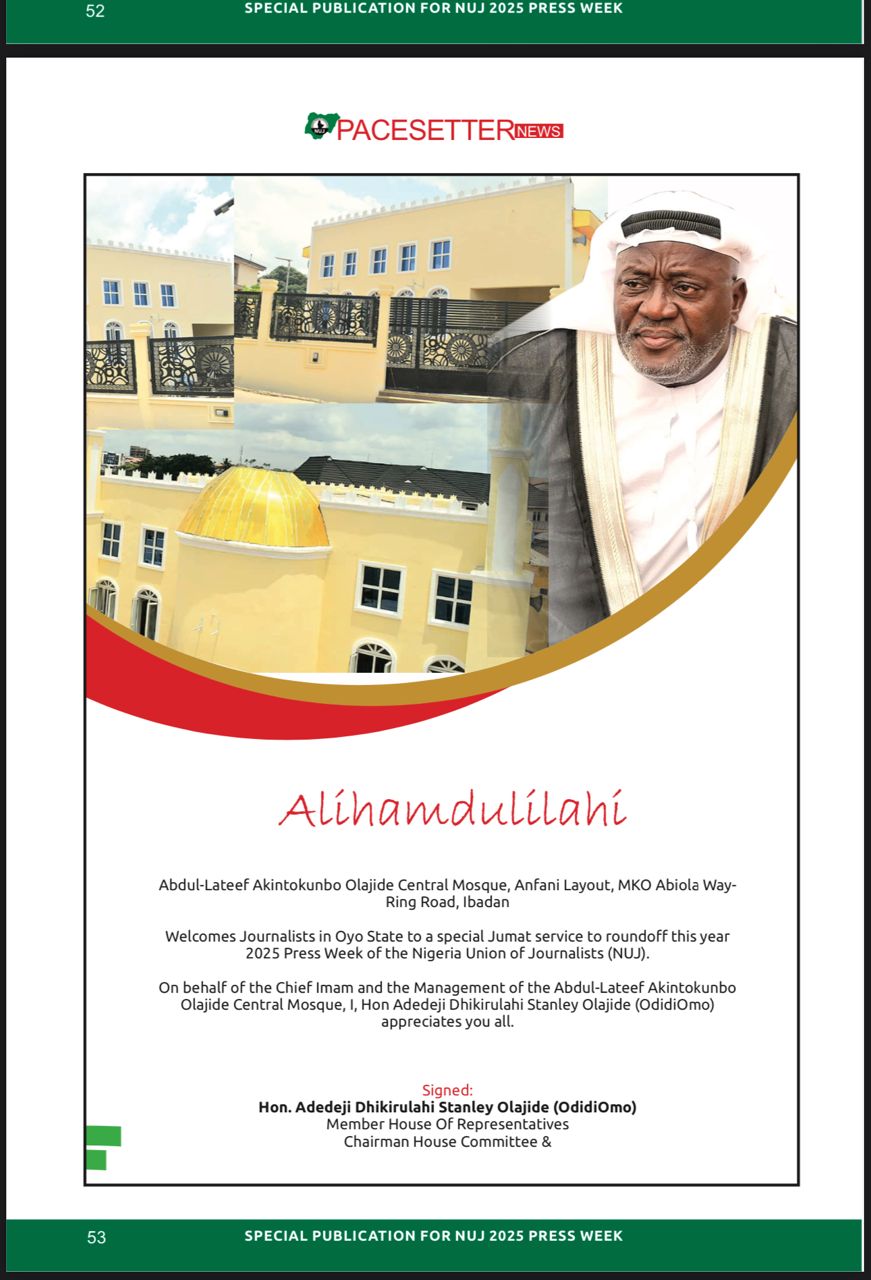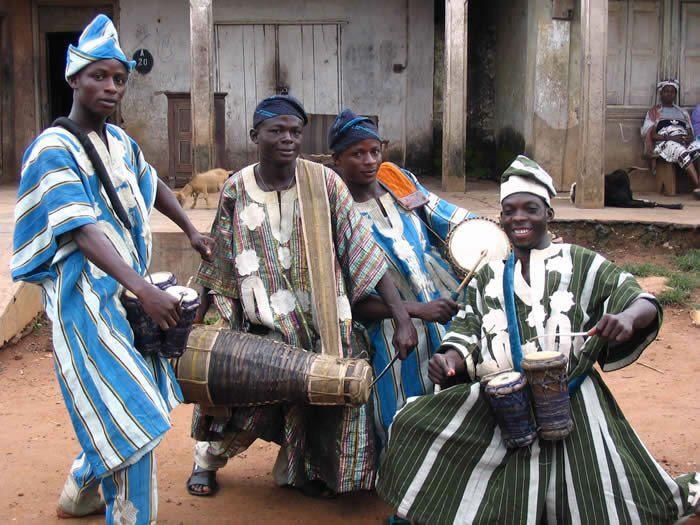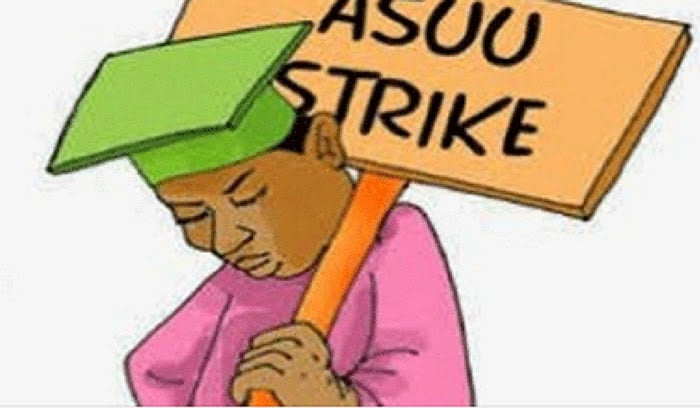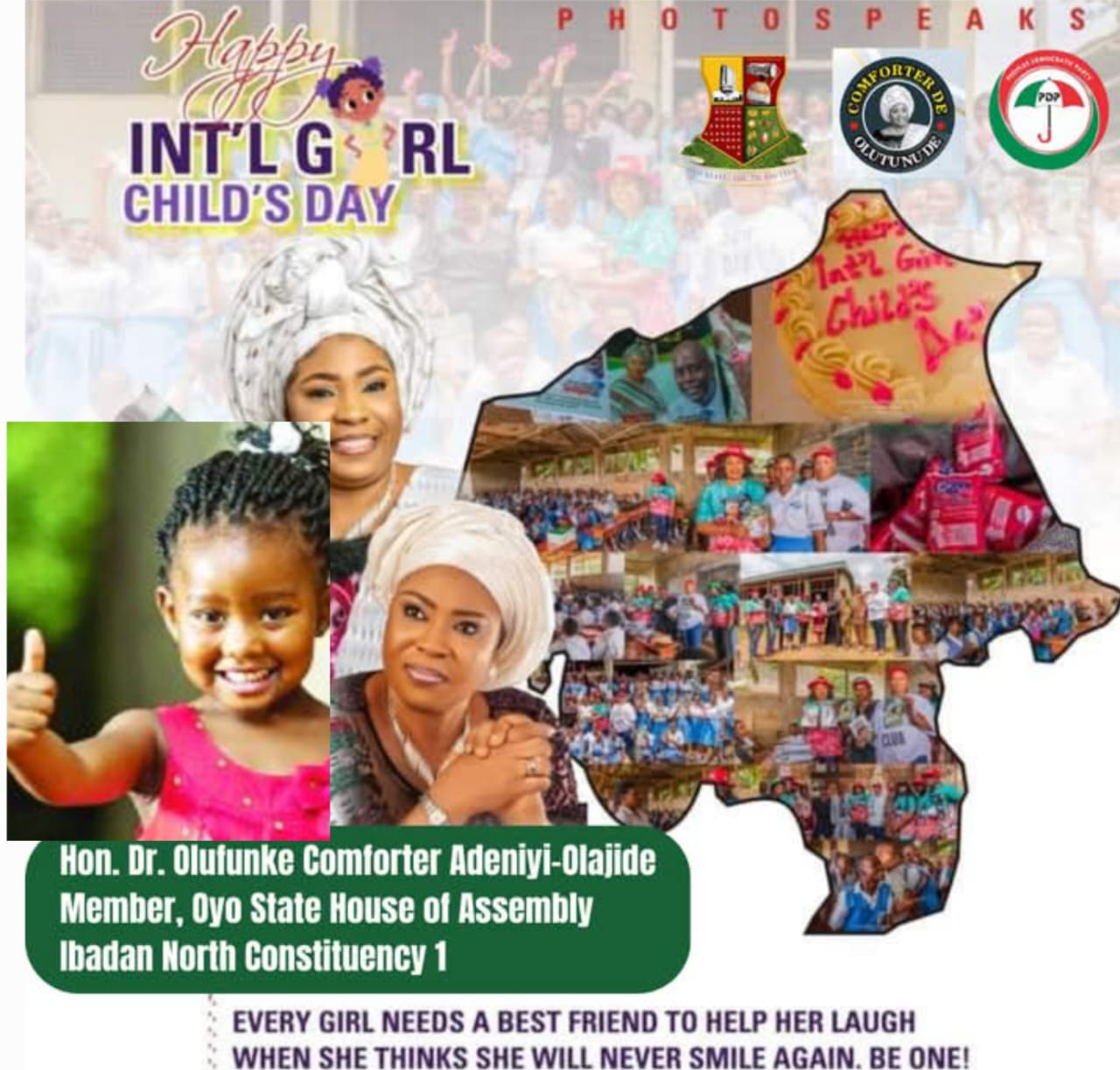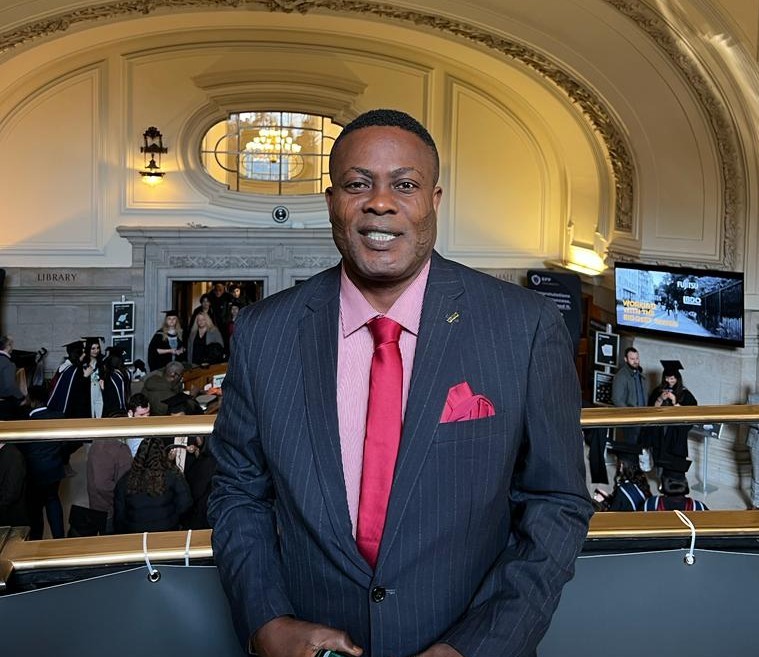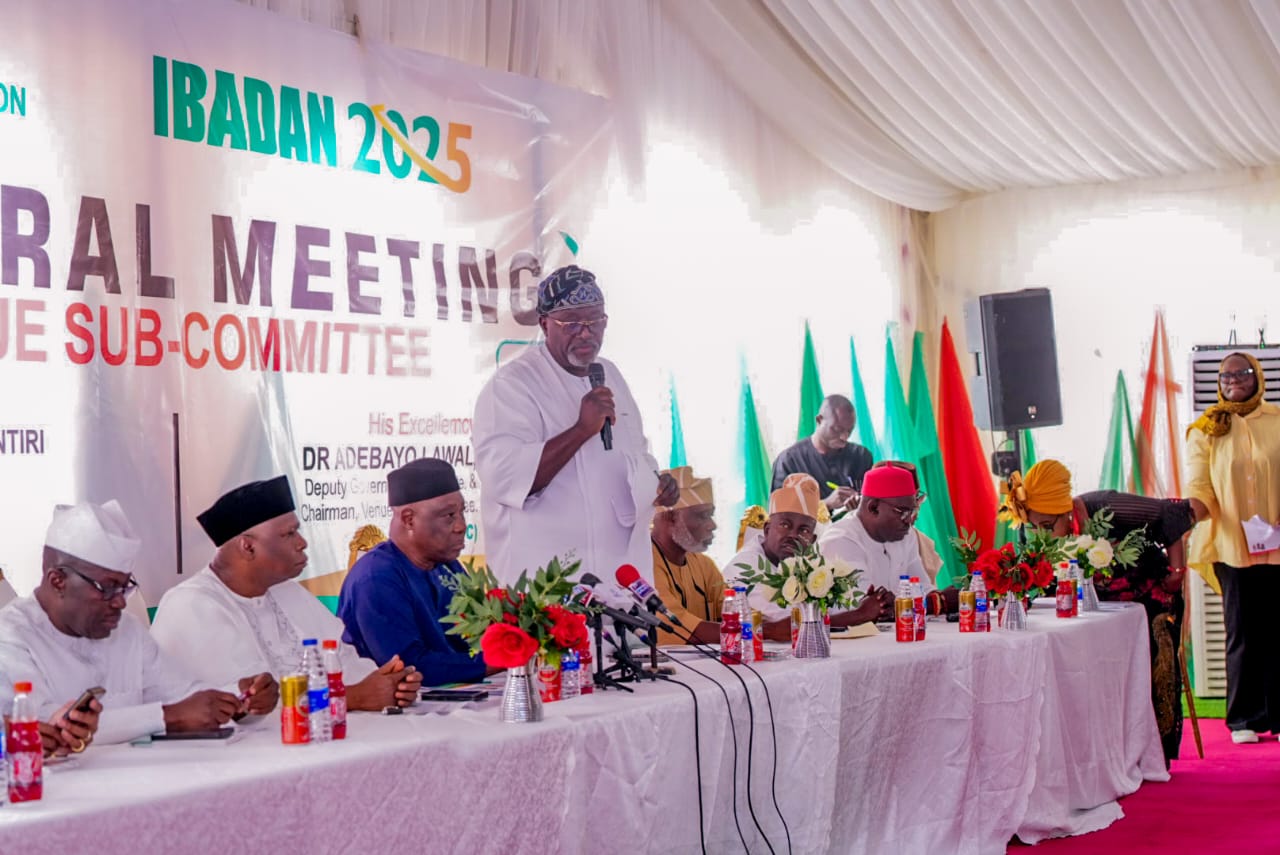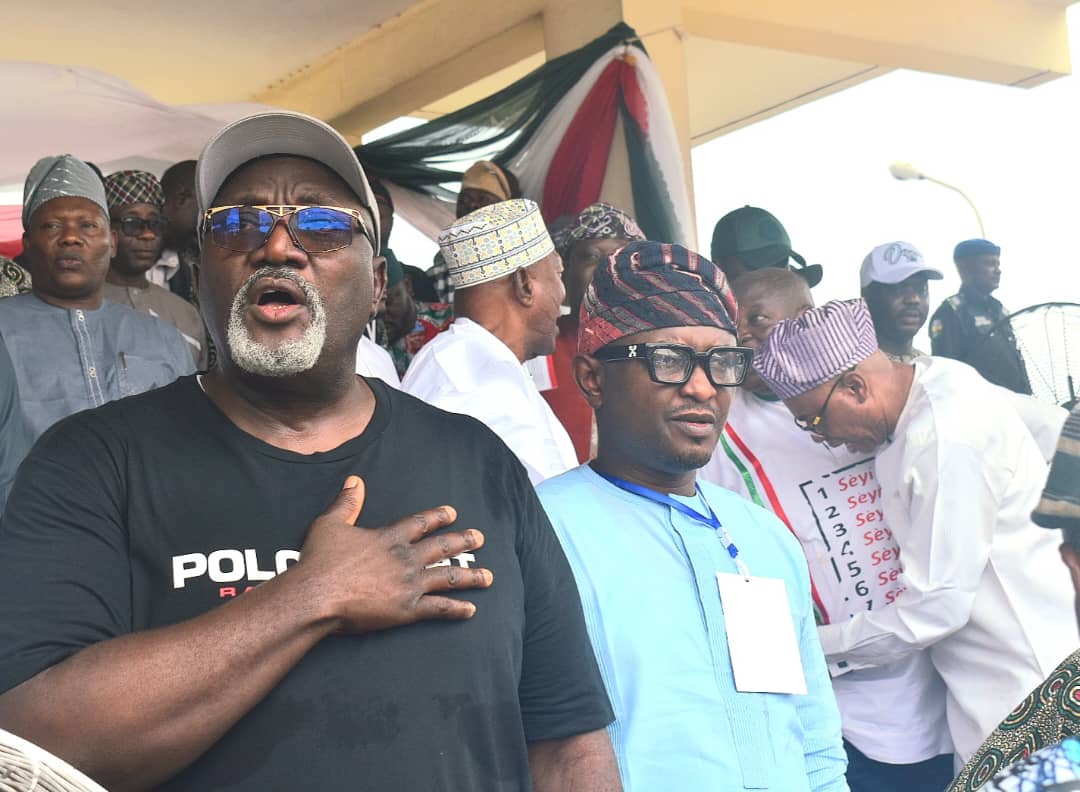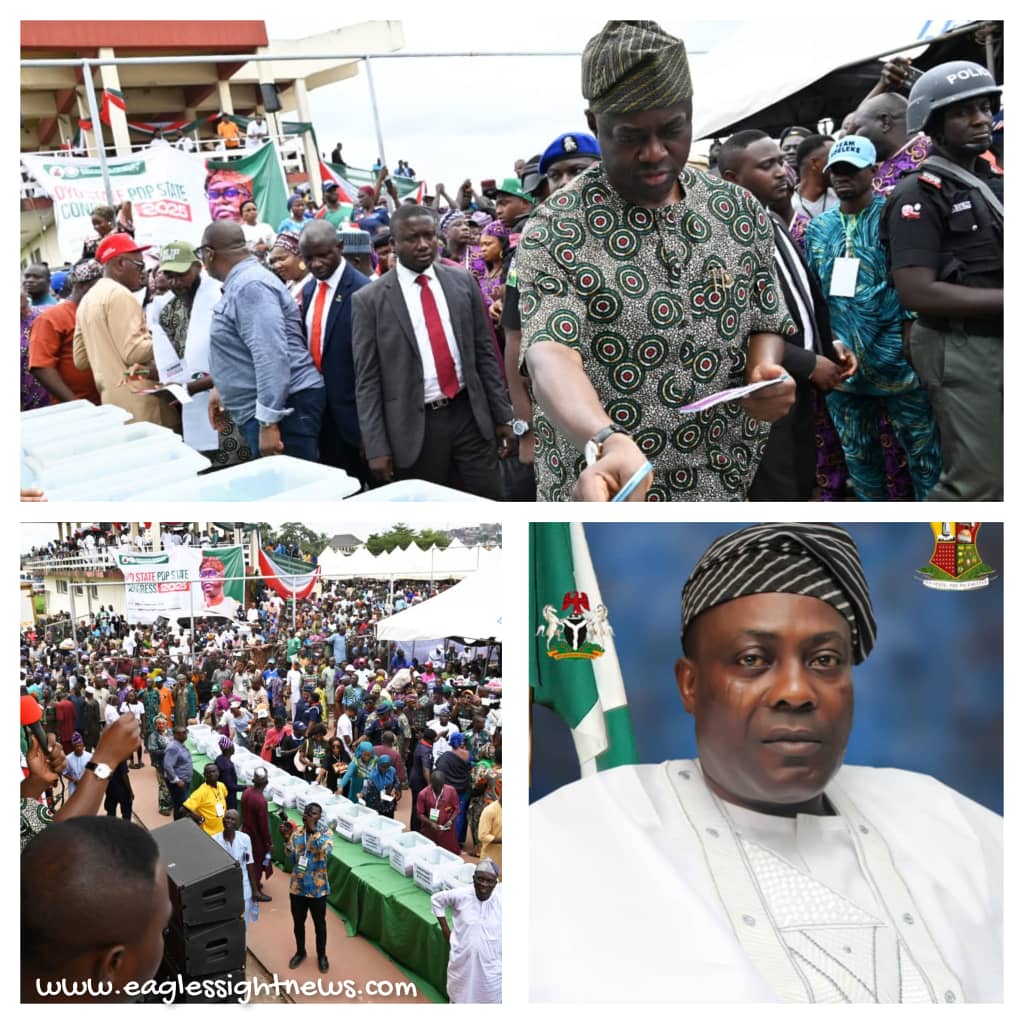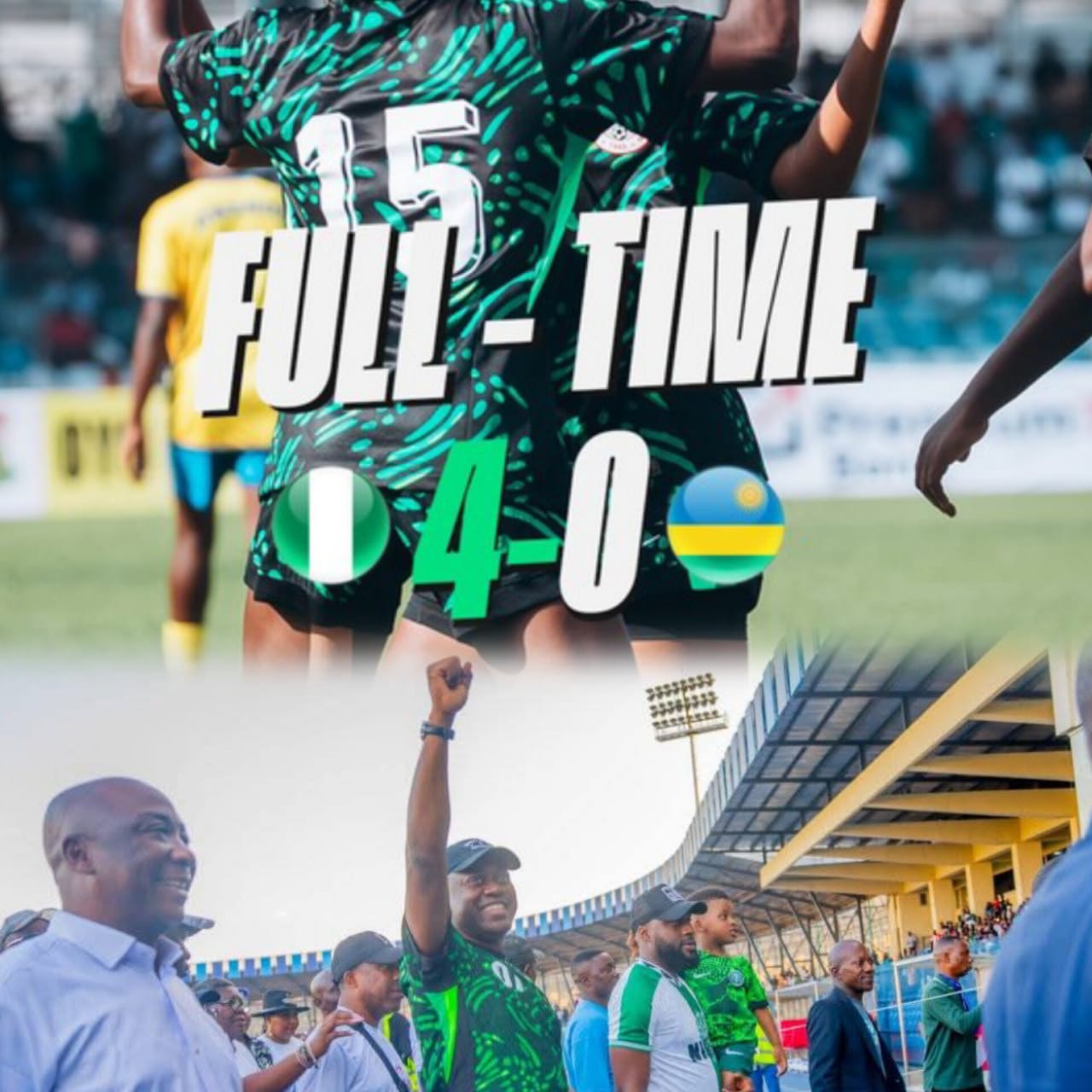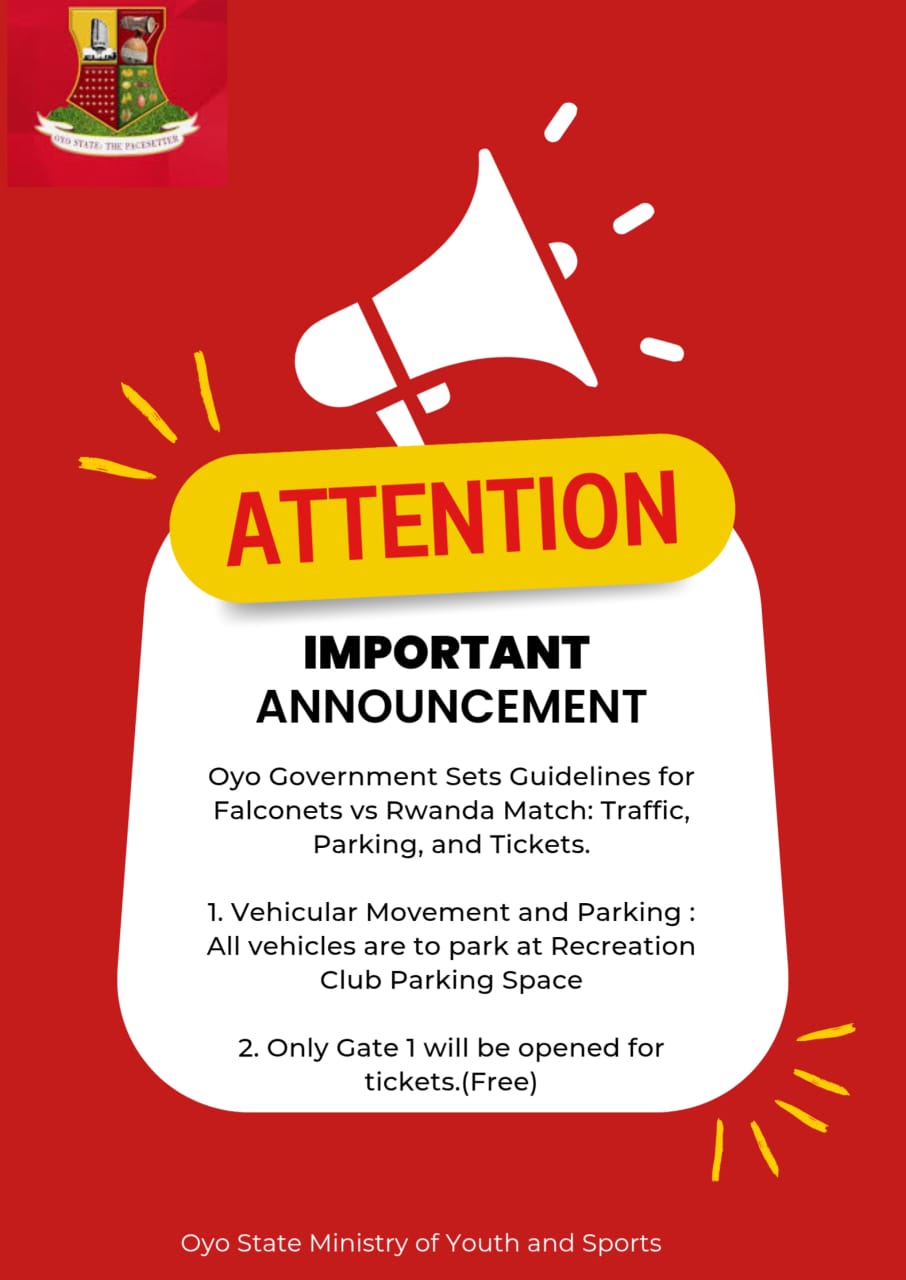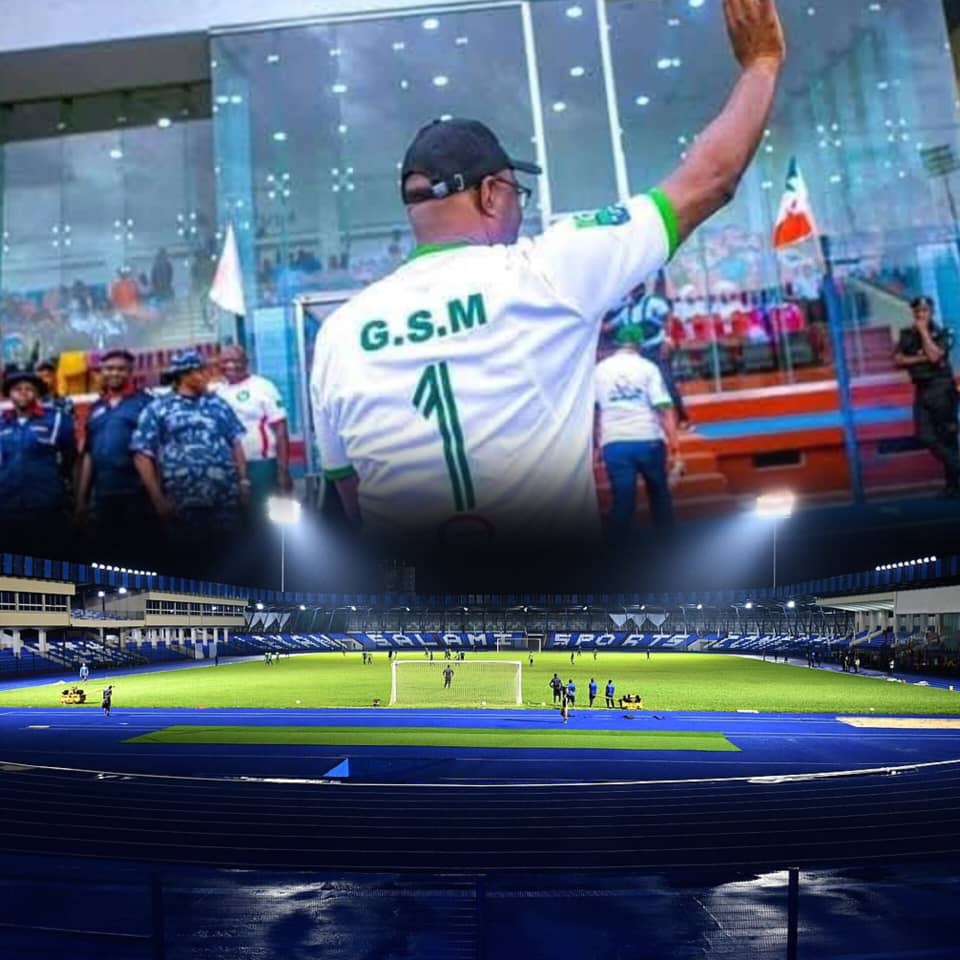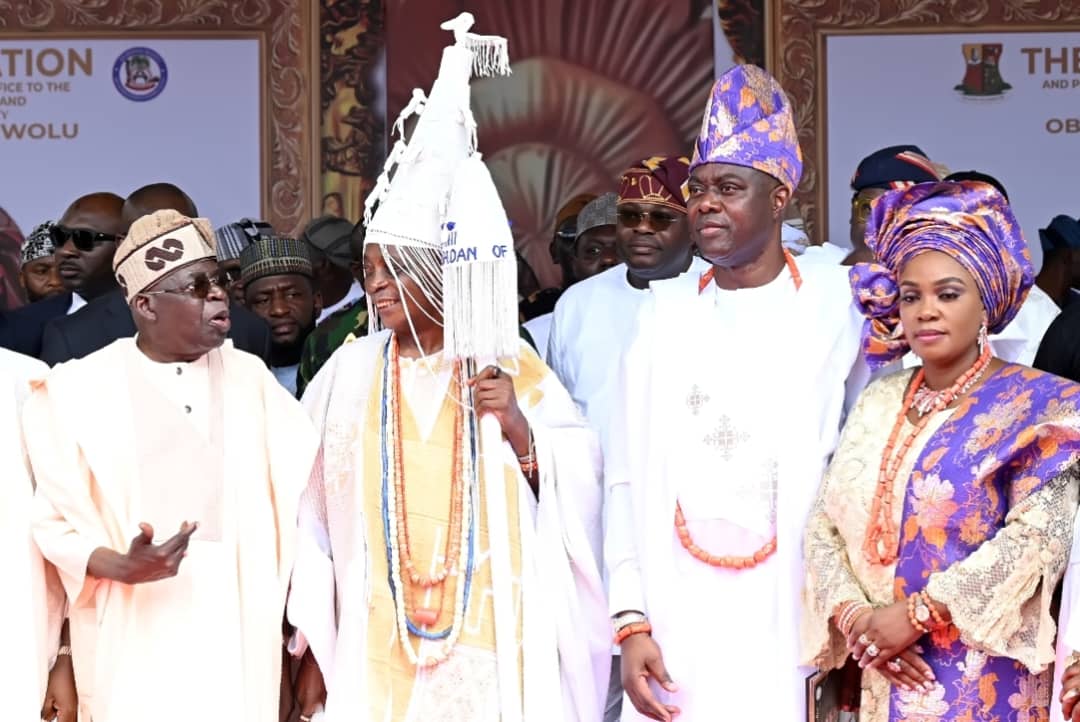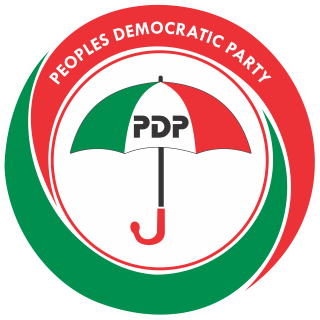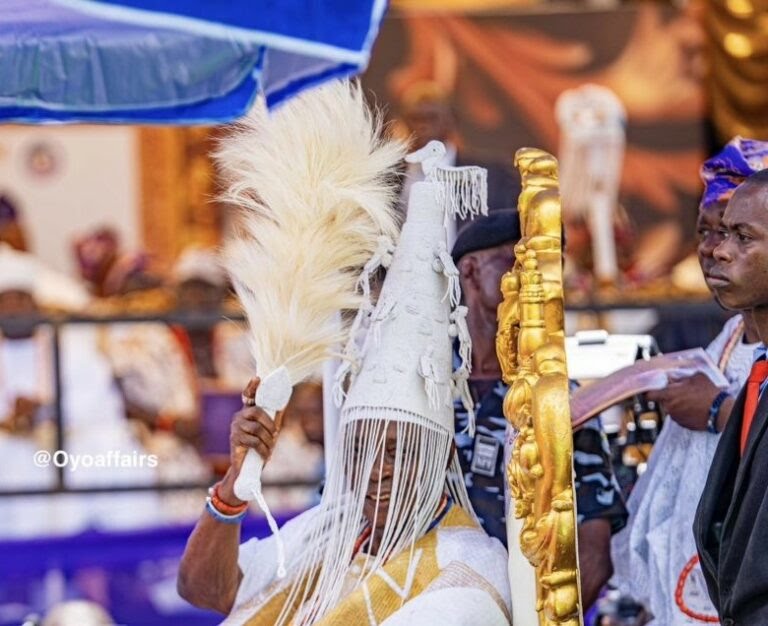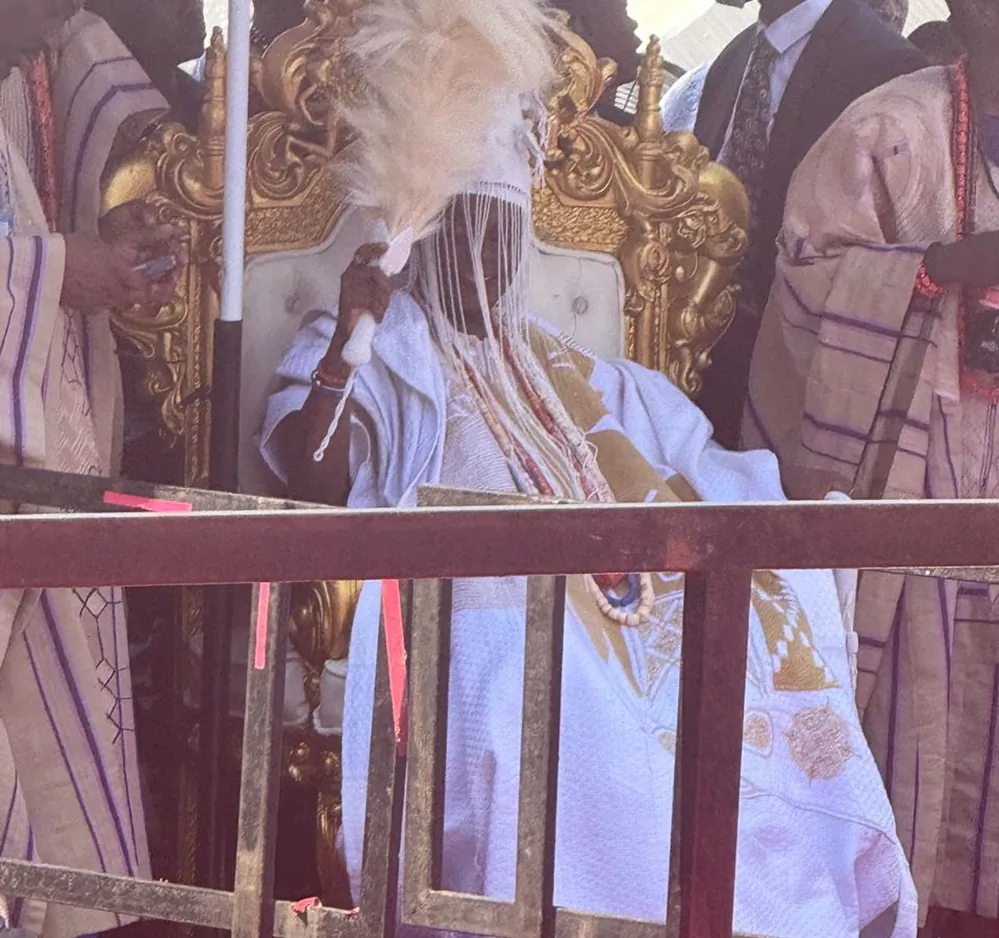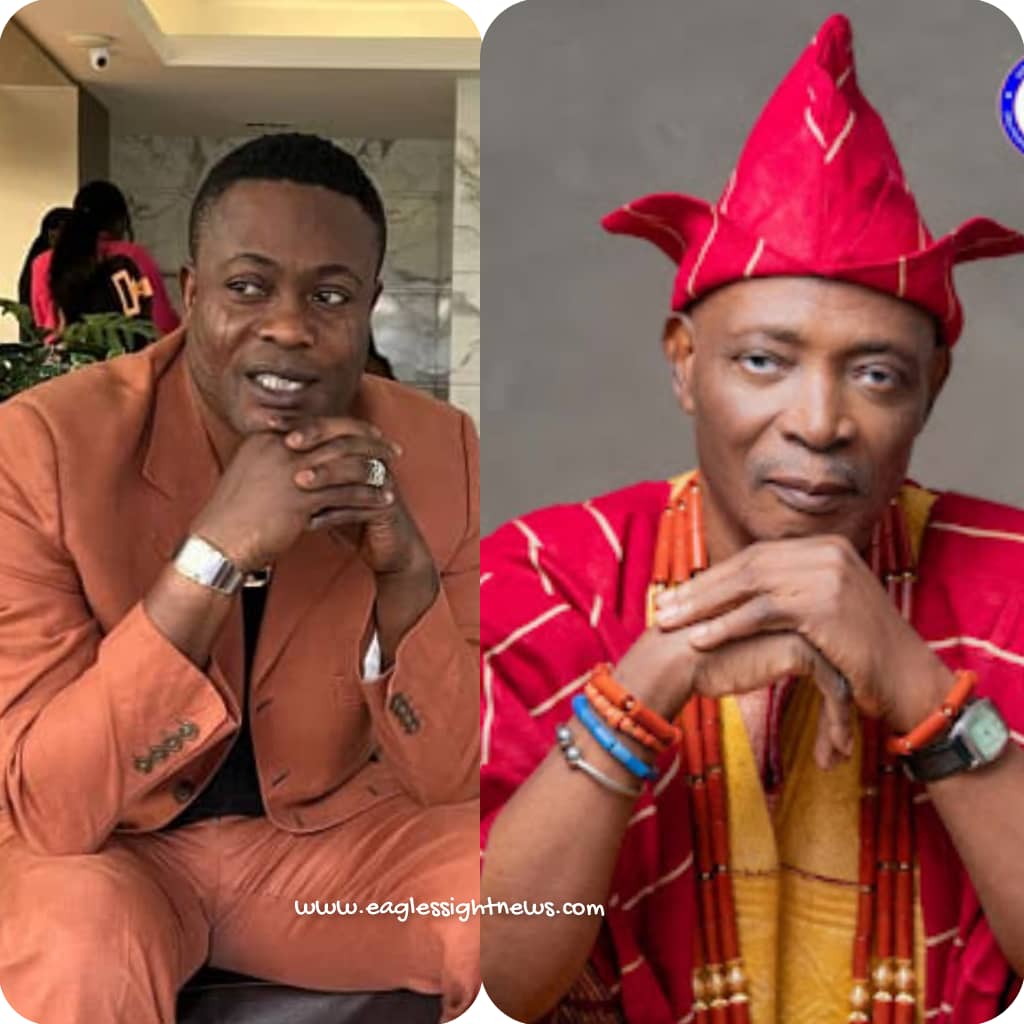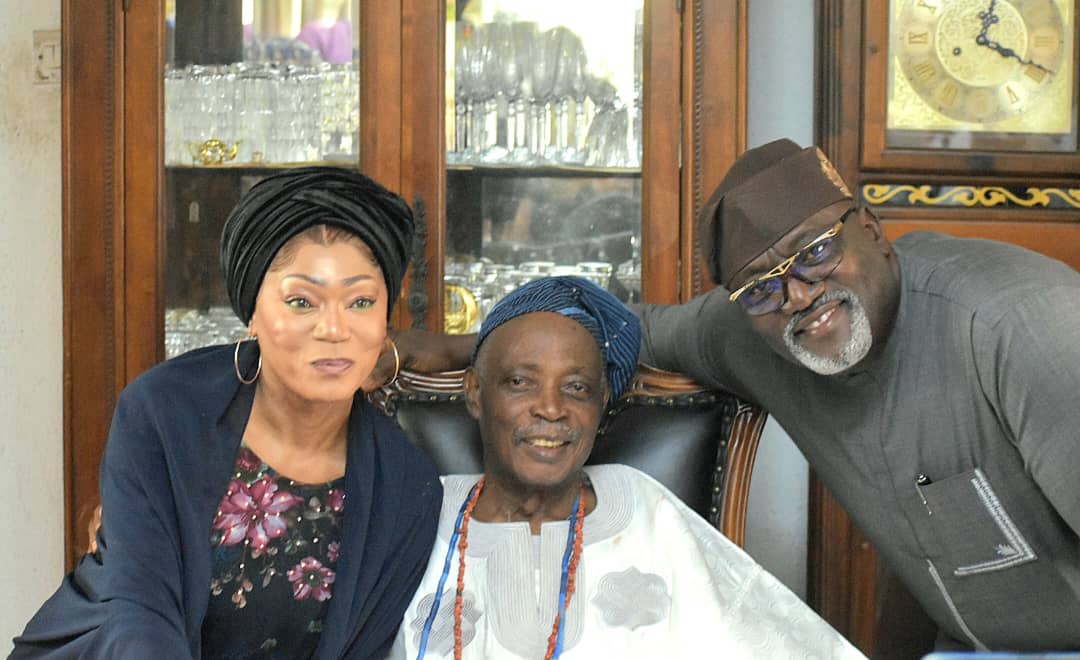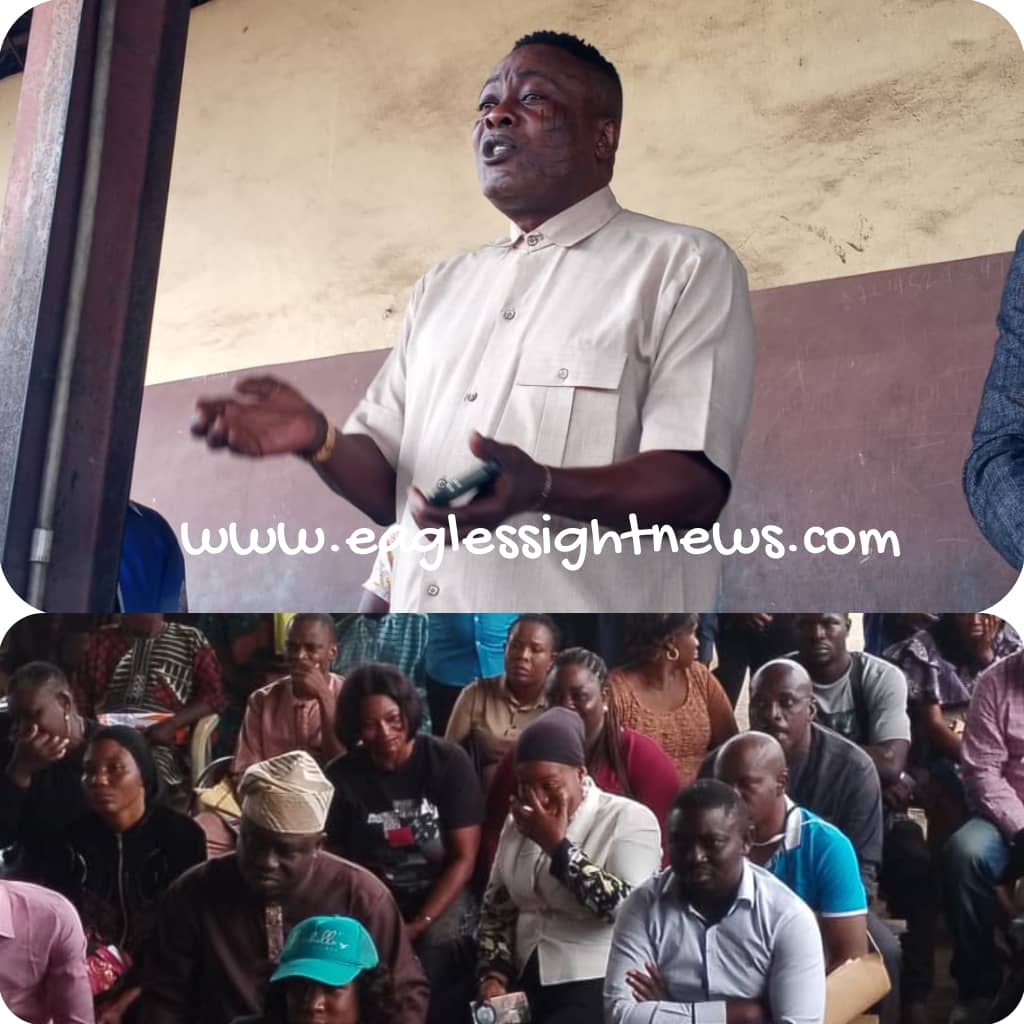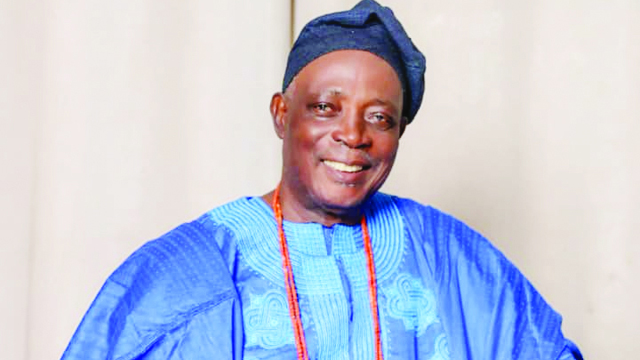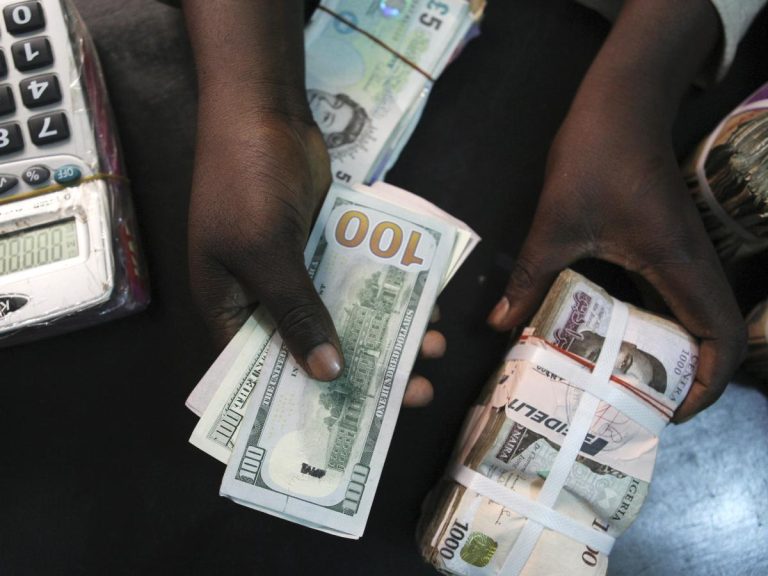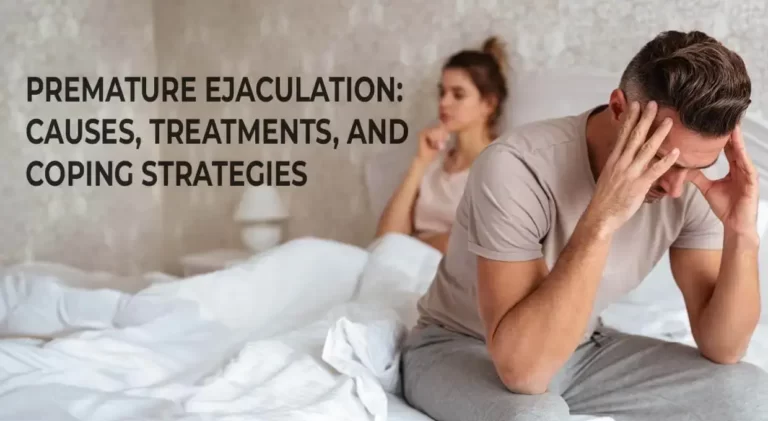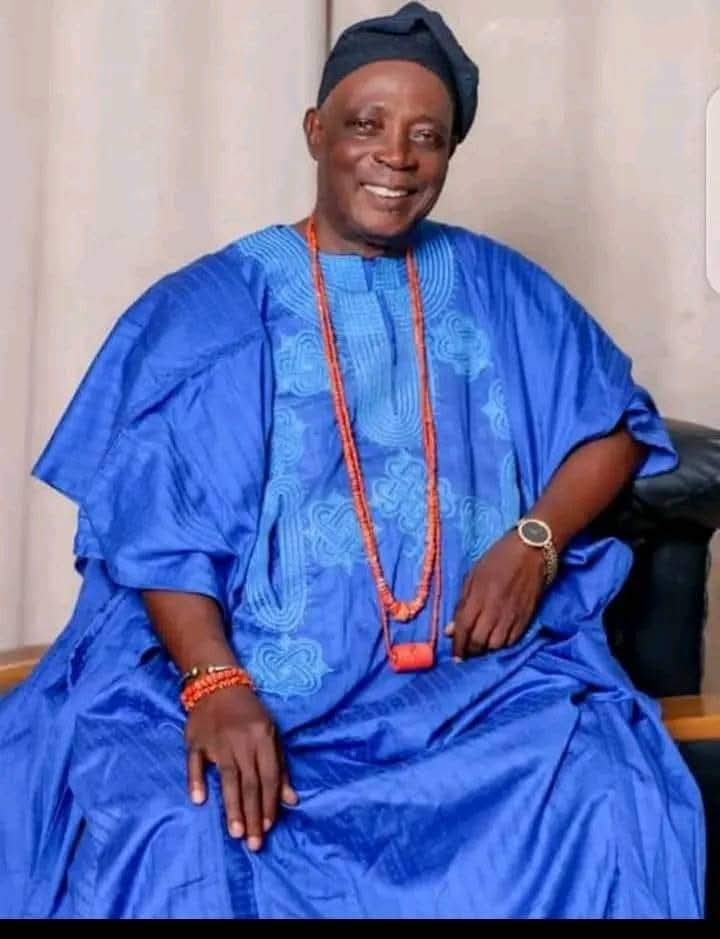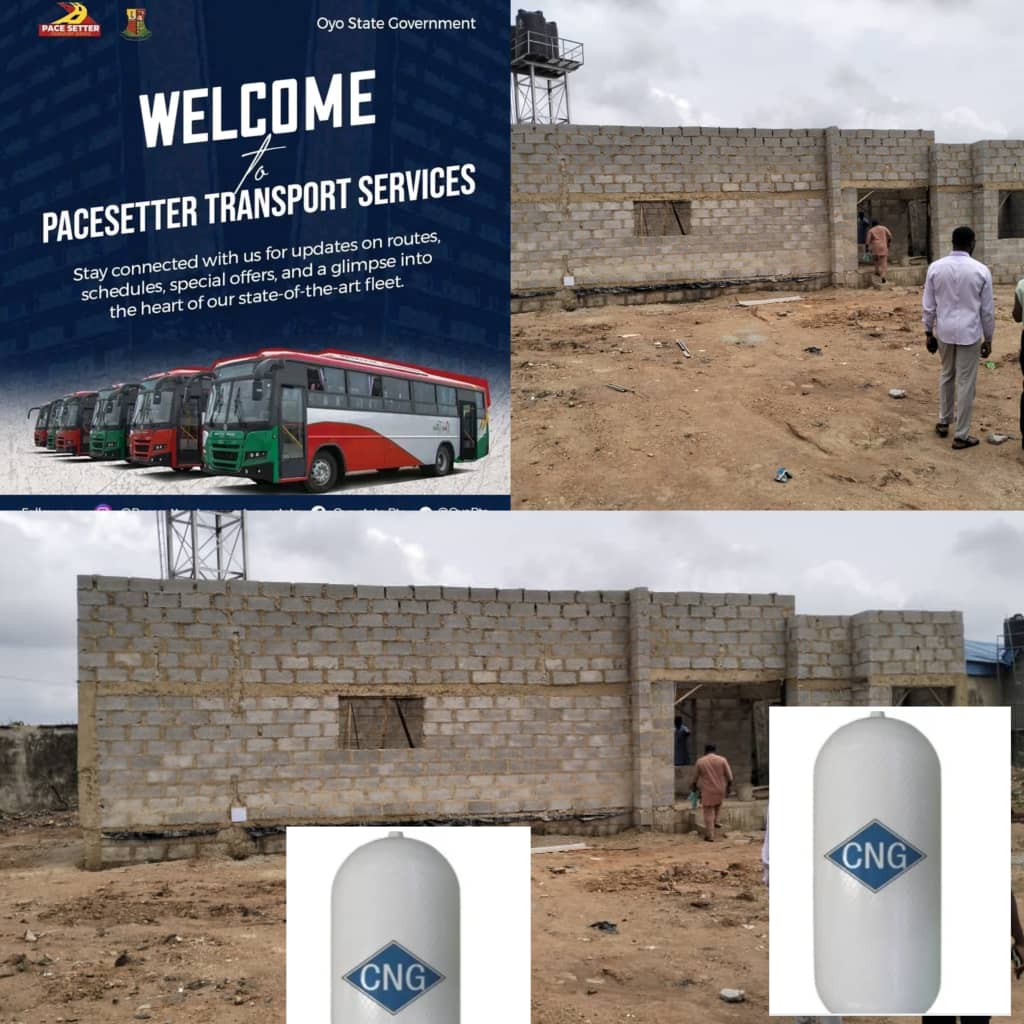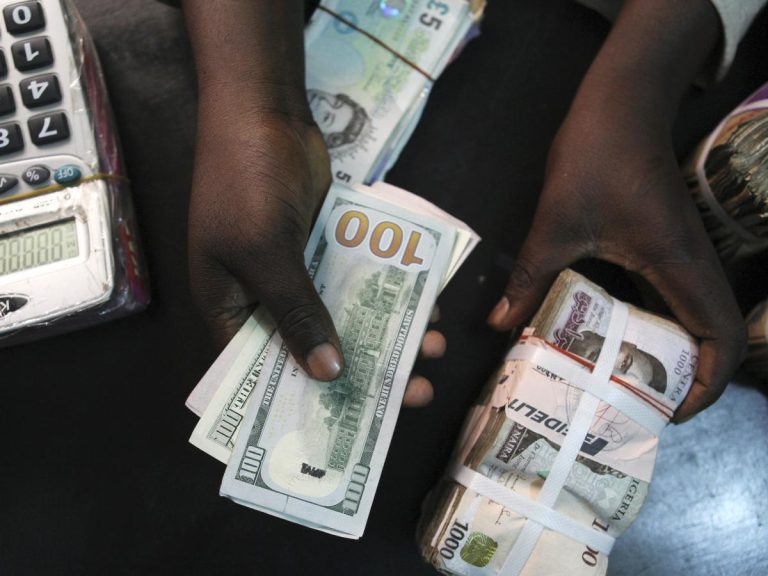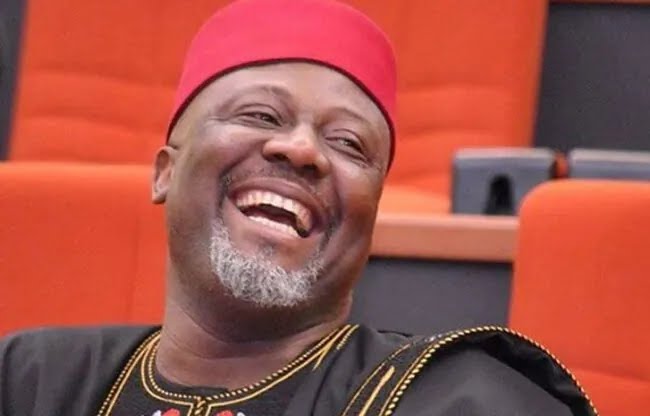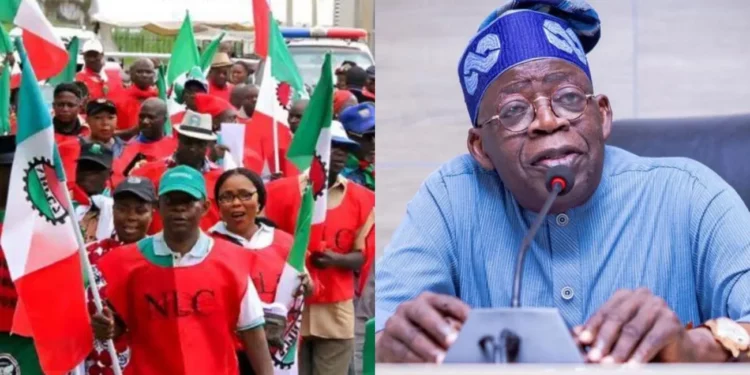45 Years Throwback: APC Nat’l Chair ,Abdullahi Adamu On Serious Issues[Full Story]
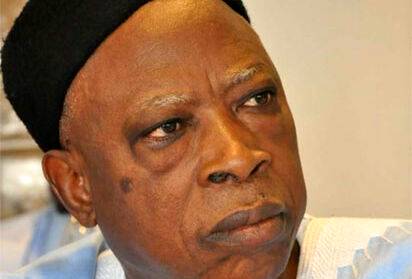
APC Nat’l Chair ,Abdullahi Adamu On Serious Issues 45years Ago-[Full Story]
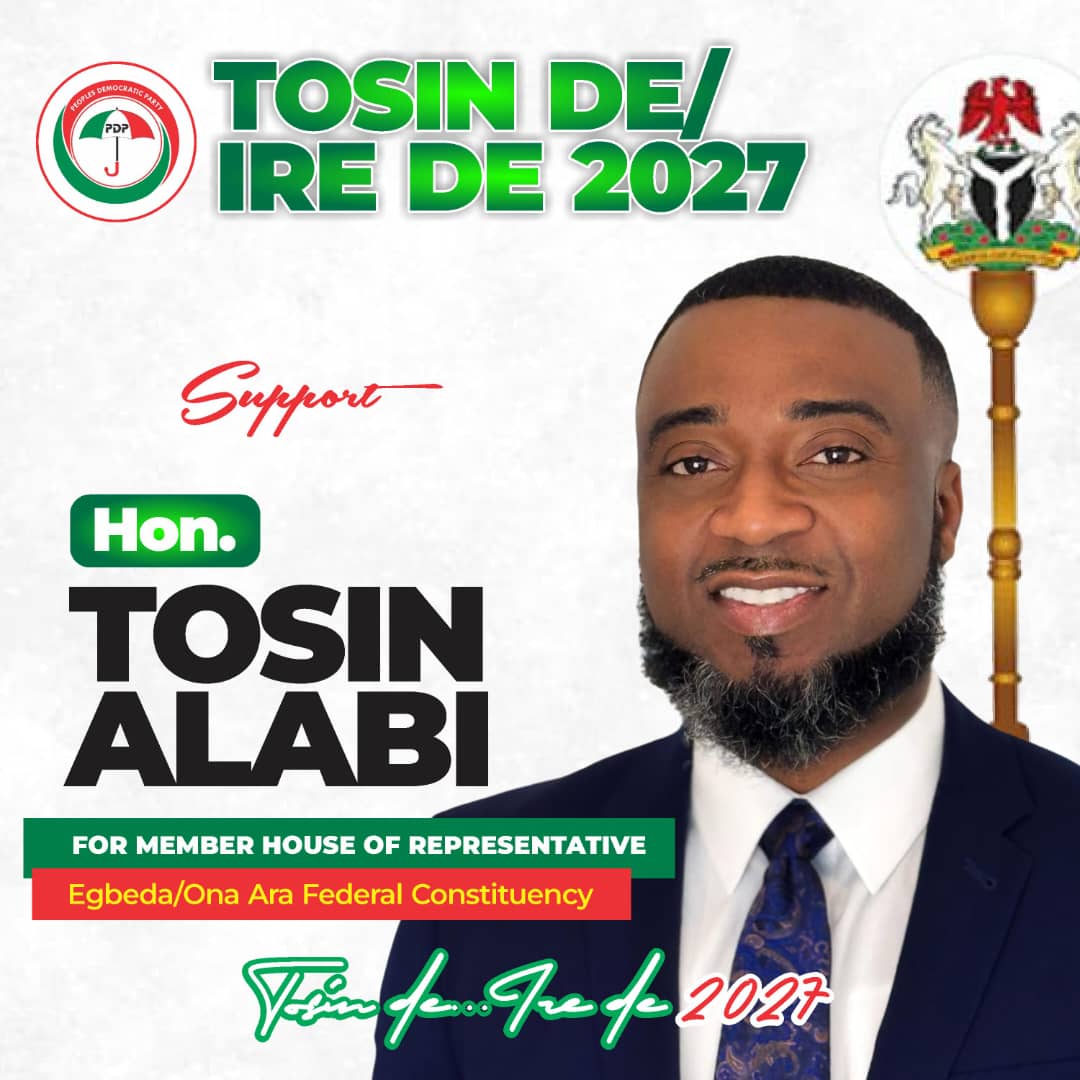
LONG before he was elected governor of Nasarawa State in 1999, long before he became national chairman of APC, Alhaji Adamu Abdullahi, the Sarkin Yakin Keffi, represented Keffi, when it was part of Nasarawa at the Constituent Assembly in 1977.
He was 30 years old then. On November 1, 1977, he addressed the Constituent Assembly. He declared on that day: “Before I make my observation on the principles of the Draft Constitution, I would like to crave the indulgence of the chair to enlighten me on the issue of ratification.
“I want to get the position clear in relation to the Head of State’s pronouncements during the opening ceremony. I want to know at what stage we would decide or get to know exactly where the final authority for ratification of the Constitution lies.
“Still, before I make my observations on the draft, I would like to know also whether the Head of State’s speech during the inauguration ceremony would be debated or not. I have some more observations to make. I would like to comment on the observations made by the Chairman of the Constitution Drafting Committee (Chief Rotimi Williams) when he was introducing the Bill.
“I want to emphasise the need to follow members to inculcate the spirit of oneness bearing in mind the diversities of our societies. I would like to mention here that it would appear that as a result of the military intervention in the political life of this country over a decade now, a lot of our citizens seem to have forgotten the basic concept of federalism.
“We have to find avenues as much as we can, and we must try by all means to accommodate the diversities that are obvious in the plurality of our nation. I would like also to comment on the Presidency as presently provided. I would like to observe that the presidency as being advocated, new as it is, should not provide avenues for fear simply because it is a new venture in our political process.
“I do believe that in view of the diversities that have been inherent in our system, and in view of the fact of our previous experiences before the advent of the military in our politics, we need some unifying grounds, or some unifying authority and I see this type of unifying factor in the office of the Presidency as is presently advocated in the draft.
“We all know that our experiences over the parliamentary system which we have experimented upon in the past, a lot of energy had been dissipated in unnecessary rancour as a result of which certain fundamental issues had been deliberately ignored for selfish reasons and because of the destructive nature in accommodating one another’s feelings with regard to national issues.
When we get to the committee stage, I would want fellow members to make a critical analysis of the electoral requirements for the presidency as at present provided for in the draft; that is, the area that stipulates what percentage of votes a prospective presidential candidate has to obtain from a given percentage of the states that make up the Federation. I hope we will give some thinking to the provisions as is contained in the draft of the moment.
“I would like to make a comment or two on the Sharia even though previous speakers have made comments on it. I want the idea to be enshrined in the Assembly that the question of Sharia is fundamental to the existence of a citizen of this country who opts to have faith in Islam, and if we want to provide for the right of an individual to pursue a faith of his choice, we have to create avenues for the atmosphere under which he would observe the basic injunctions of his religion.
Here, I would like to observe that the debate or the observation which people have made or have been making in the papers and some of the utterances one has heard this morning with regard to Sharia are, to my mind, not only emotional but very unrealistic.
We are living in a country where it is a reality that… we have at least to the barest minimum 40 per cent of the entire population in the teachings of Islam. This being the case and these people having accepted the principles enshrined in the Islamic faith are bound by certain very strict requirements that would have to regulate their day-to-day lives.
“If this be the case, there should not be the question of your giving somebody a right to choose a religion and on the other side of the scale only to go back and remove his right to exercise that fundamental provision that you have in the Constitution.
I would like also to sound a note of warning here on the comments in the papers and some of the views from one or two colleagues in the Assembly this morning. These comments seem to border on threat. If you do this, it would be this or that. The thing is, short of saying do not follow a particular faith in terms of religious obligation, you cannot stand between anybody and what he believes in.
“Also, I would like to touch on the question of the creation of more states. The draft at the moment touches on the fact that Nigeria is composed of so many states, and in some other sections there seems to be a tautology on the procedure for creating new states where there is need for such creation. In as much as I cannot oppose the opinion of anybody, having realised the fundamental rights of any section in this country to determine its own political association, I would like to sound a note of caution that we should not be led by some super logics into being sentimental again on the question of states.
We have to face it very realistically. We have to face it, bearing in mind the interest and aspirations of the particular group who want a State to be created for them. Their case should be taken into consideration. I would also want to touch on the question of traditional institutions in this country.
I do believe and very honestly, too, that for some time now we have been deceiving ourselves in this country. We, as a people, have certain norms of life that we cherish. This being the case it is absolutely unbecoming, Mr Chairman, for us to do away with them completely and neglect our traditional institutions which are the basis of our plurality as a people— the institutions on which this country has relied over the past centuries, institutions that have stood the test of time, institutions that we can go to at critical moments of need. Maybe we tend now to relegate these institutions to a position of neglect. I feel we should distinguish between failures of institutions and the failures of functionaries of institutions.
I believe if one only reflects back to 1976 when we had the unfortunate incident of the abortive coup the whole country was in the brink of having another major disaster. I observe, with no apology, that the last resort that the Military had was to turn to the traditional institution to propagate the idea that the coup was neither tribally inspired nor religiously inspired. It was these institutions more than any other that were able to go down the grassroots and talk to people to bring some sanity in the situation that was threatening the nation.
In a situation like this I think it will be unrealistic to just provide for some ceremonial type of status as presently shown in the Draft Constitution. I feel the traditional institutions-it does not matter where you go in this country, are the custodians of our culture.
I am not ananthropologist, but to my people culture is the sum total of our ways of life and these ways of life are enshrined or are being protected by a particular institution. So, if one wants to be identified with one’s culture and at the same time wants to do away with or relegate to the background the custodians of that institution.
I think that is one of the most unrealistic ways of going about it. I believe also that the fact of our relegating our traditional institutions to the background has been contributory to the wave of indiscipline which is now the major problem of this country. If one takes as an example any part of this country where the traditional ruler is worth his salt, where he is absolutely accepted by his subject, one may take up the question of the collection of taxes.
There is a secretary of a local government area or whatever title you give him. If for any reason the subjects do not pay their taxes one finds that the only person who has that rare ability to persuade the people to meet their civic obligations in society is the traditional ruler. Now, if on the one hand one appreciates the fact that such an institution can be useful to society, why does one on the other hand turn round to say one does not want it.
Today if one goes to London there is one particular square (I have forgotten its name) where one can say any rubbish about anybody but if one dares mention the Queen and says any jazz about her one would be in soup. Even though she has no executive function the tradition has been kept, the image of the institution is being strengthened over time. We are deceiving ourselves we are deceiving ourselves.
Like one of the earlier speakers has mentioned one just takes Napoleon because one reads history. This is what Napoleon did under certain circumstances. So, one feels, why not Nigeria? Our culture is different. Our standard of civilization is different. Of course, one is not saying that we should remain static.
We are definitely progressing, but why do we not spread out the development in relation also to our very property as a people? Let us spread what we believe and what we cherish so that even if we have to sever relations with these institutions we do not give them a sudden break as the Draft has provided. I believe the Constitution should take a more careful look on these institutions.
I want further to touch on the question of freedom of the Press. I believe that any individual in this country should not fundamentally have any better right than another person. I believe the Press, journalism or whatever terminology one uses for it, is a profession and if I am an accountant, a sailor or a traditional ruler, I have got my professional hazards.
As long as our Press do not want to accept professional hazards within the profession I think they are being unrealistic themselves. Since the Draft Constitution as now presented provides for one to hold an opinion and to dissipate such an opinion by various news media available, I think it is absolutely adequate for the time being.
Of course, there is the type of bias we see because the Nigerian Press is divided along the Nigerian political axis and one saw this clearly during the census exercise. If one takes the 1973 census into consideration one can see the type of Press we have.
I believe in as much as I want the Press to have that accessibility to news items, at the same time I do not believein giving a blank cheque to this type of organisation. I believe that the right of the Press has to be related to the rate of development in the same institution, and what is more, since the Constitution is supposed to be a dynamic instrument of state.
I believe when the right time comes the legislature or the interested arm of government will initiate rev ews in the Constitution as it affects the Press. However, at the moment I do not believe we should go any further in providing for the freedom of the Press than what have been done to take care of it in the Draft.
On the question of individual right to establish newspapers or radio stations, I observe that if care is not taken we are going to end up, having our aspiring multi-millionaires to establish newspapers and radio stations and using these as instruments for perpetrating their interests. I would rather want to see the establishment of radio and television institutionalized.
It can be earmarked for the trade unions or the Nigerian Union of Journalists, having sufficient funds to establish radio stations. For instance, they can establish a radio station or a television station. However, I think there must be check somewhere to the extent of individual per se. With these observations, Mr Chairman, I wish to stop. Thank you
Source: Vanguard

